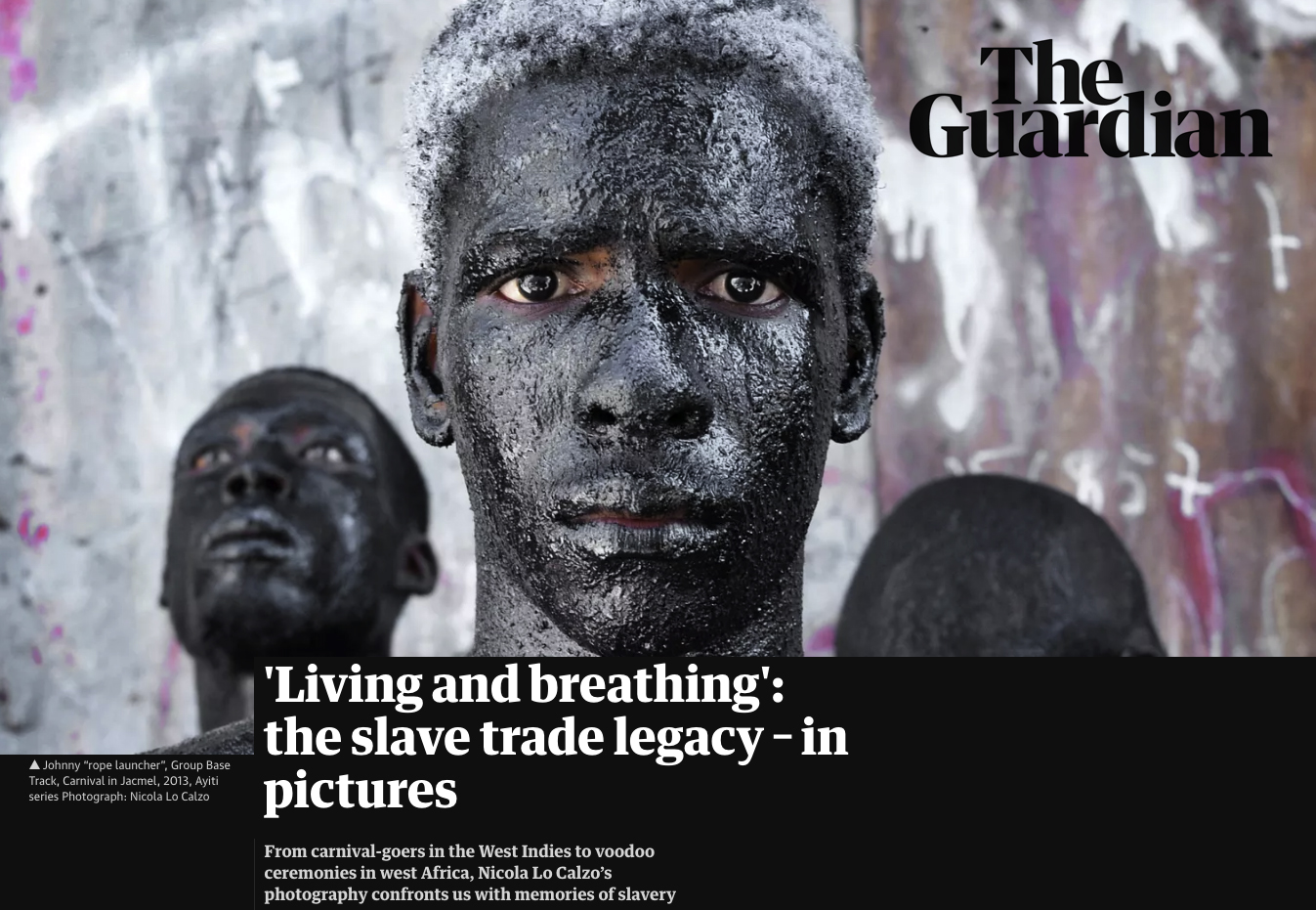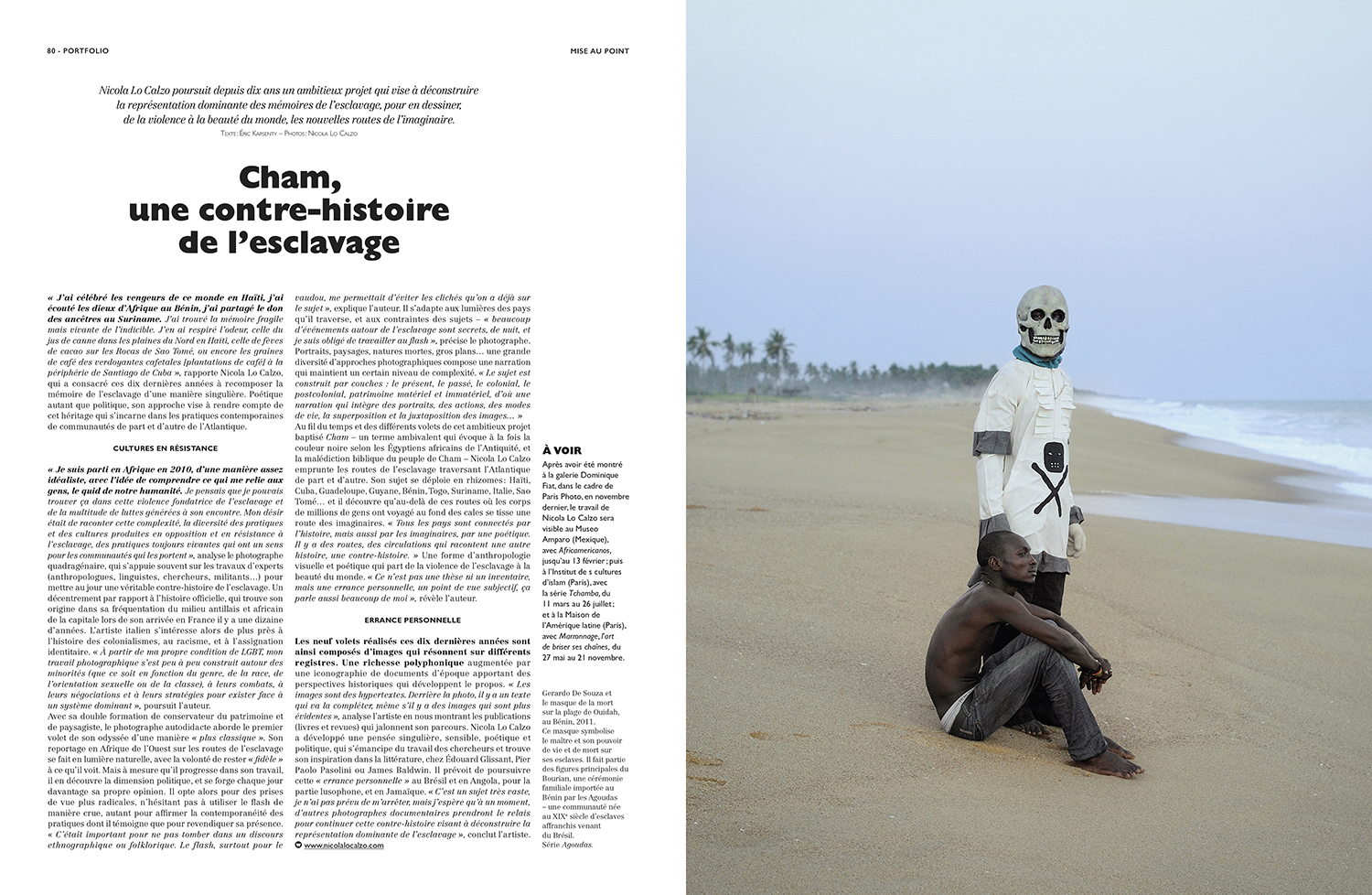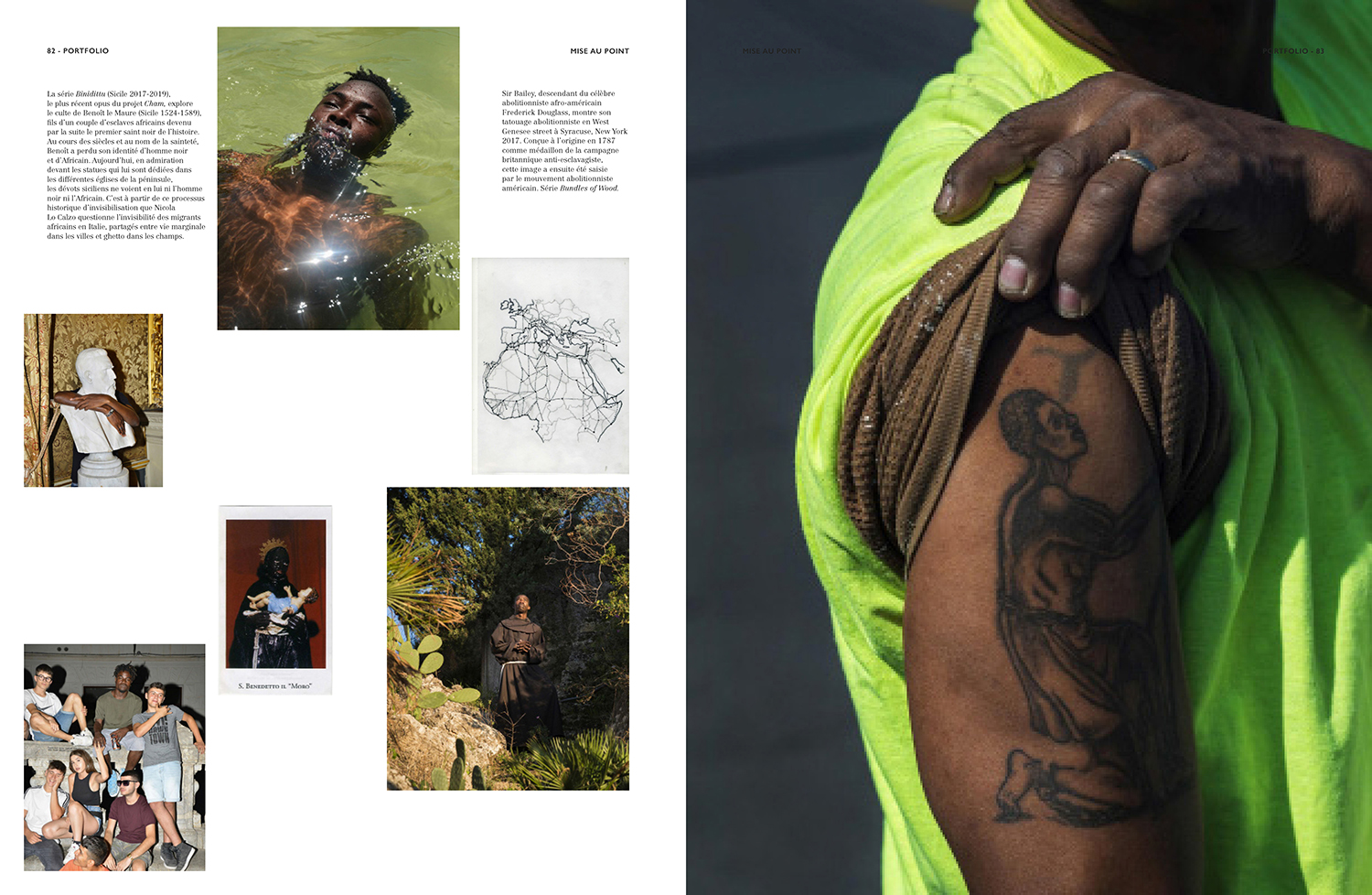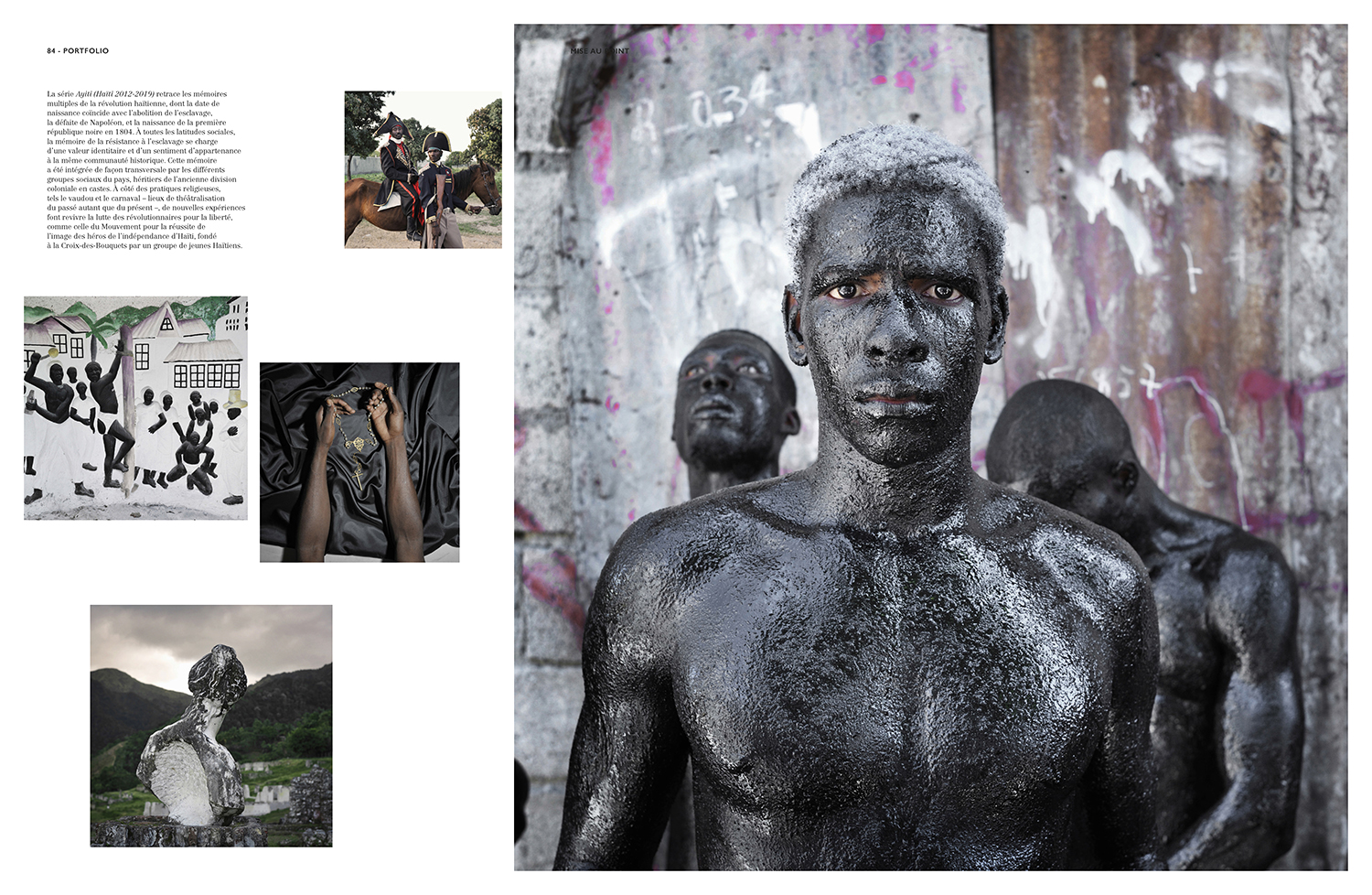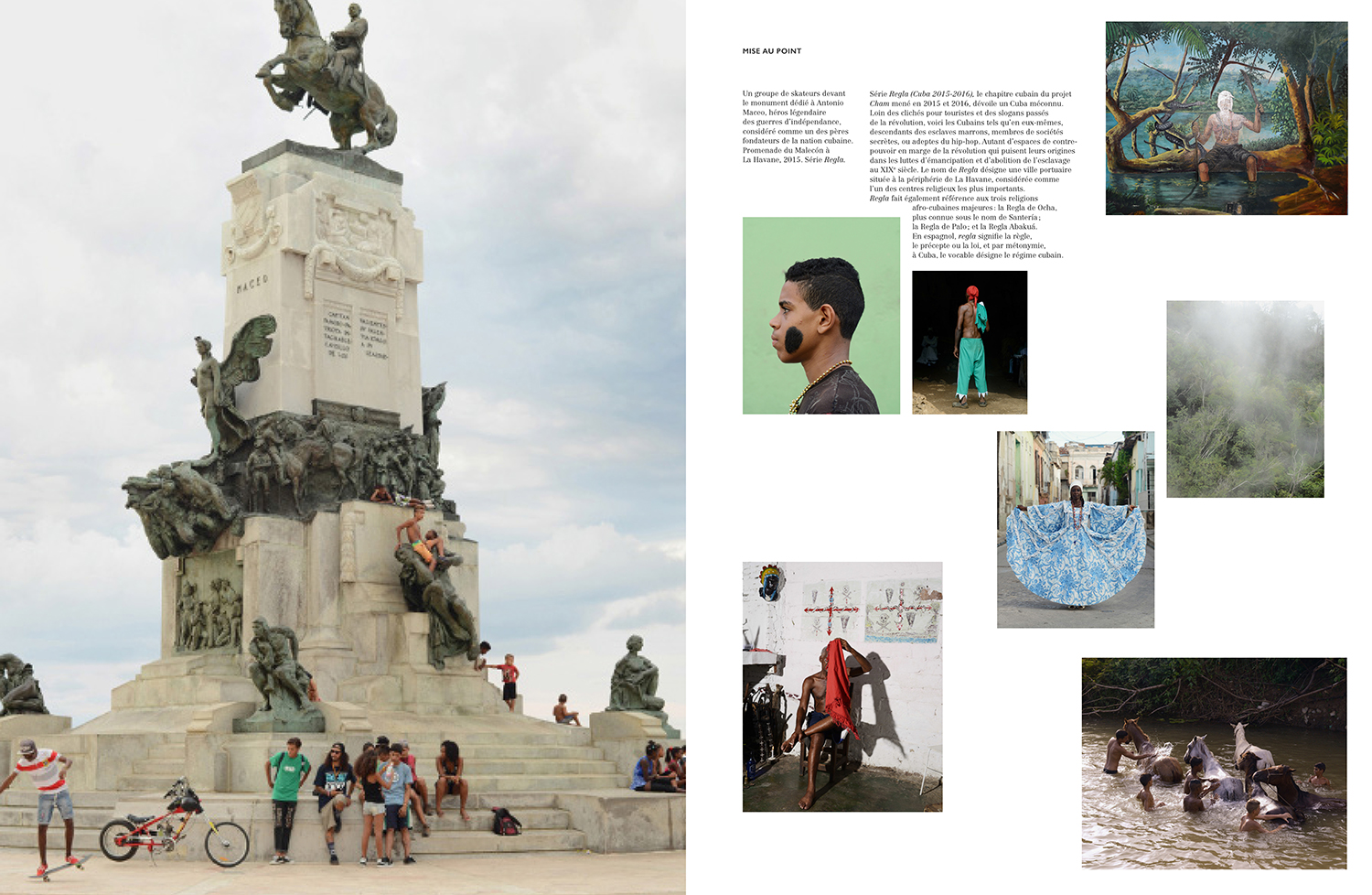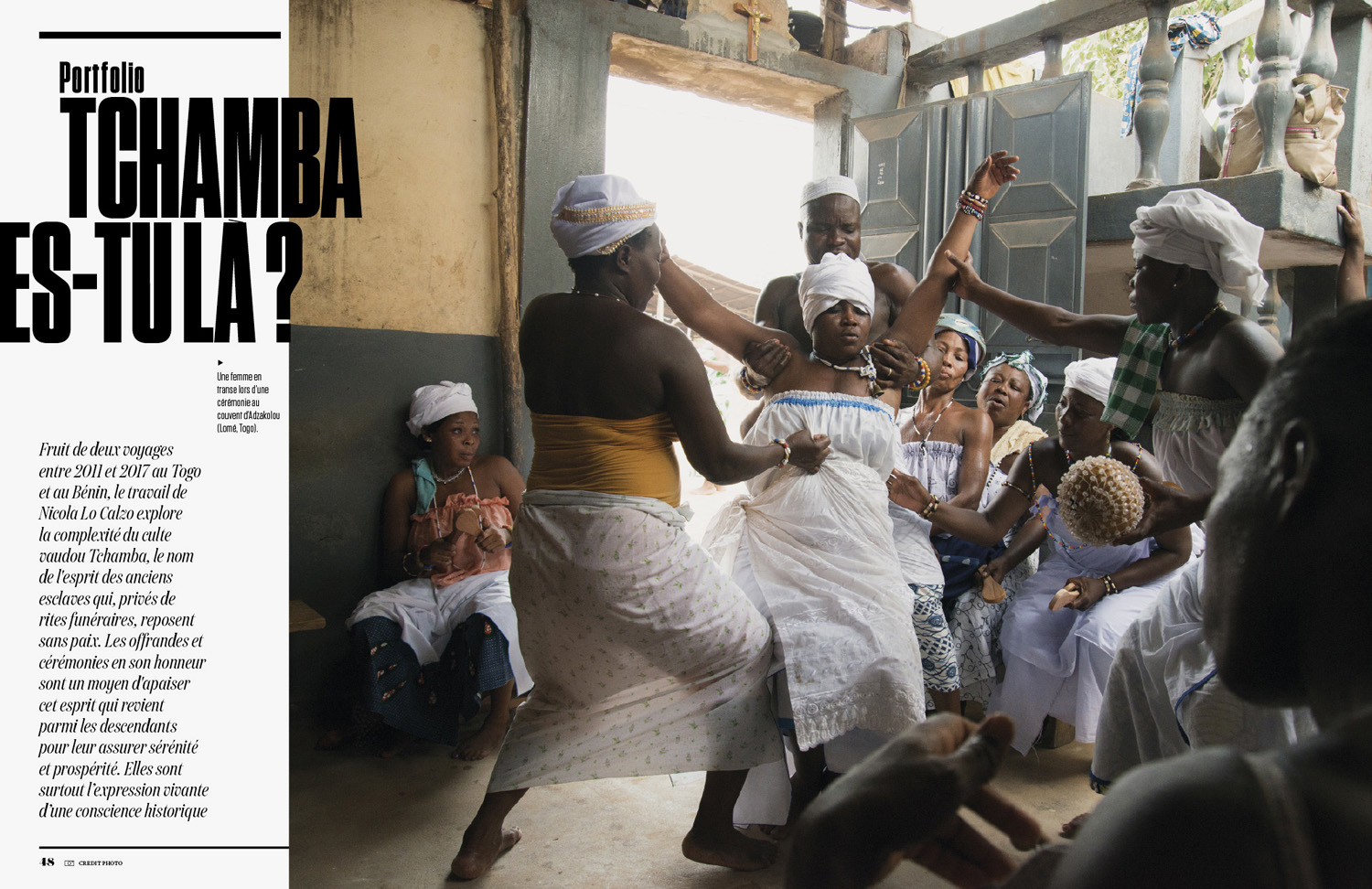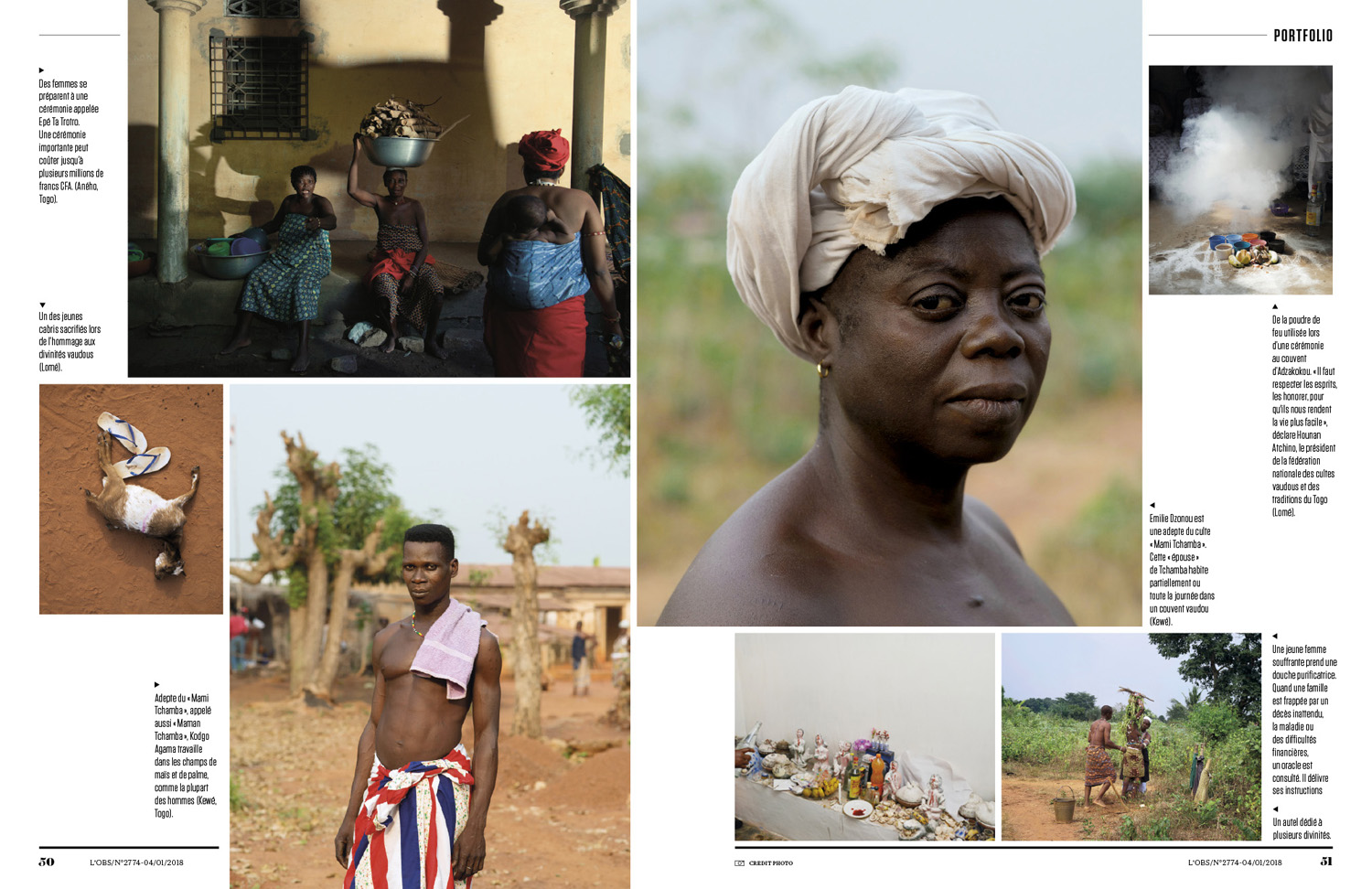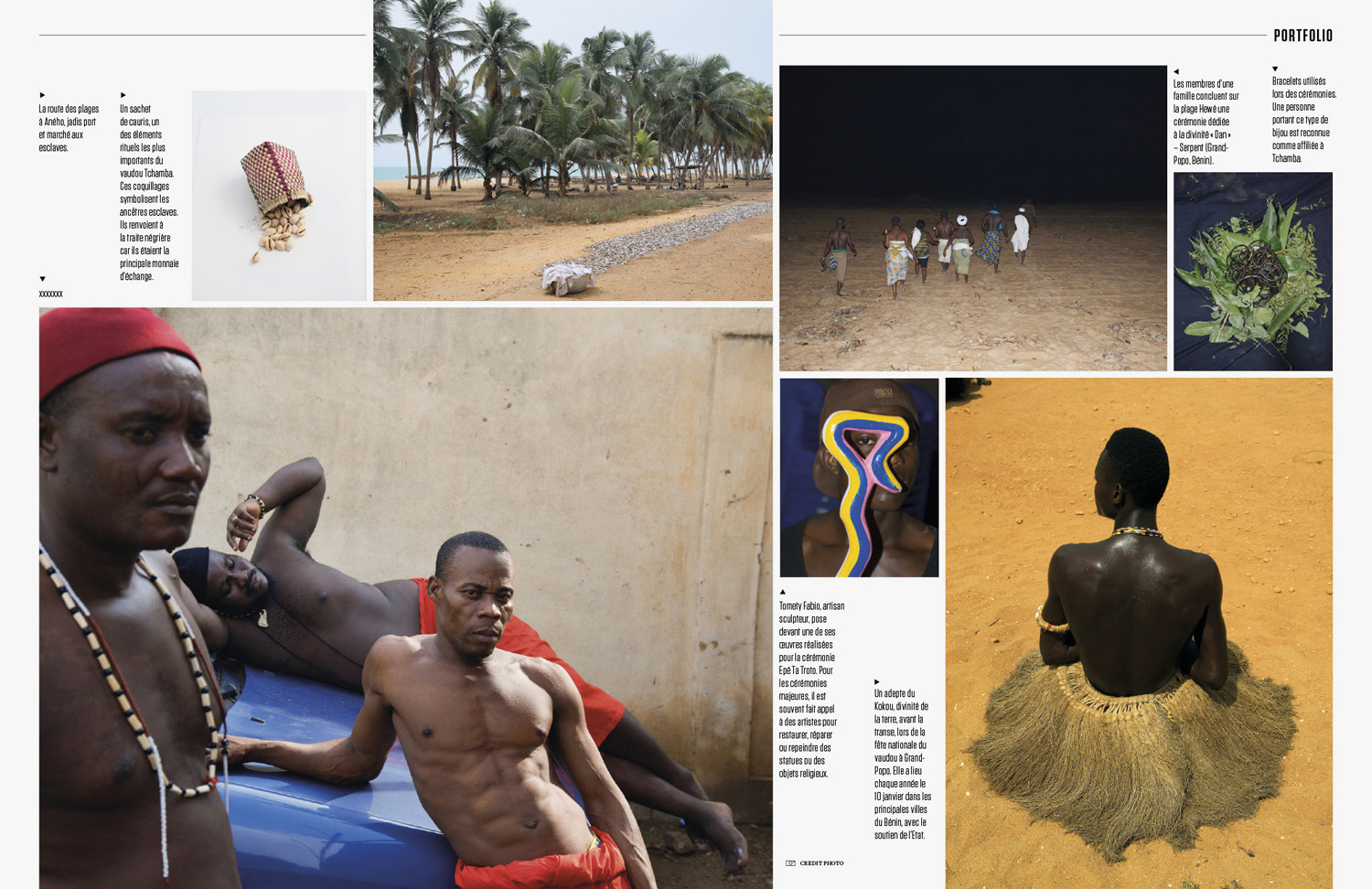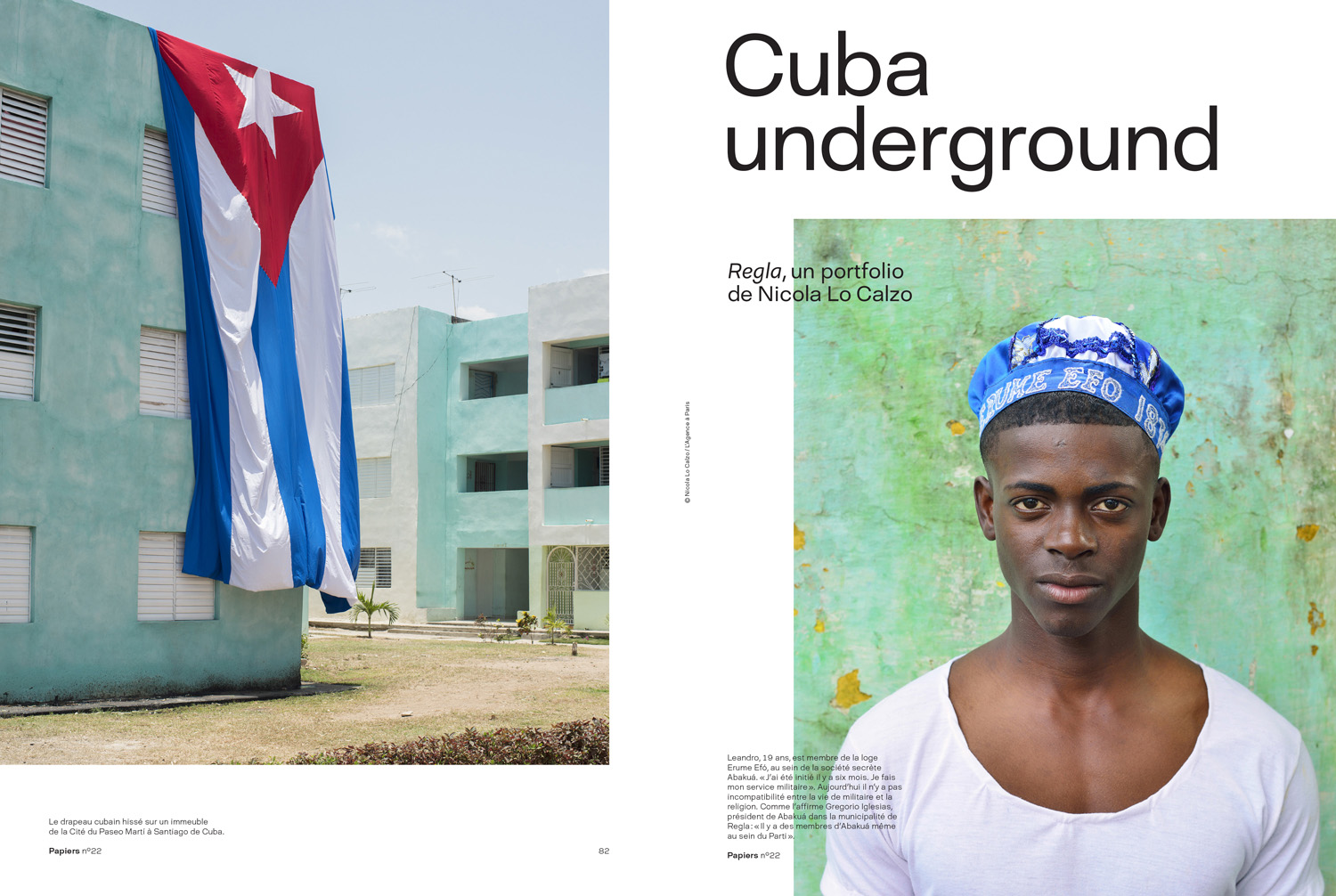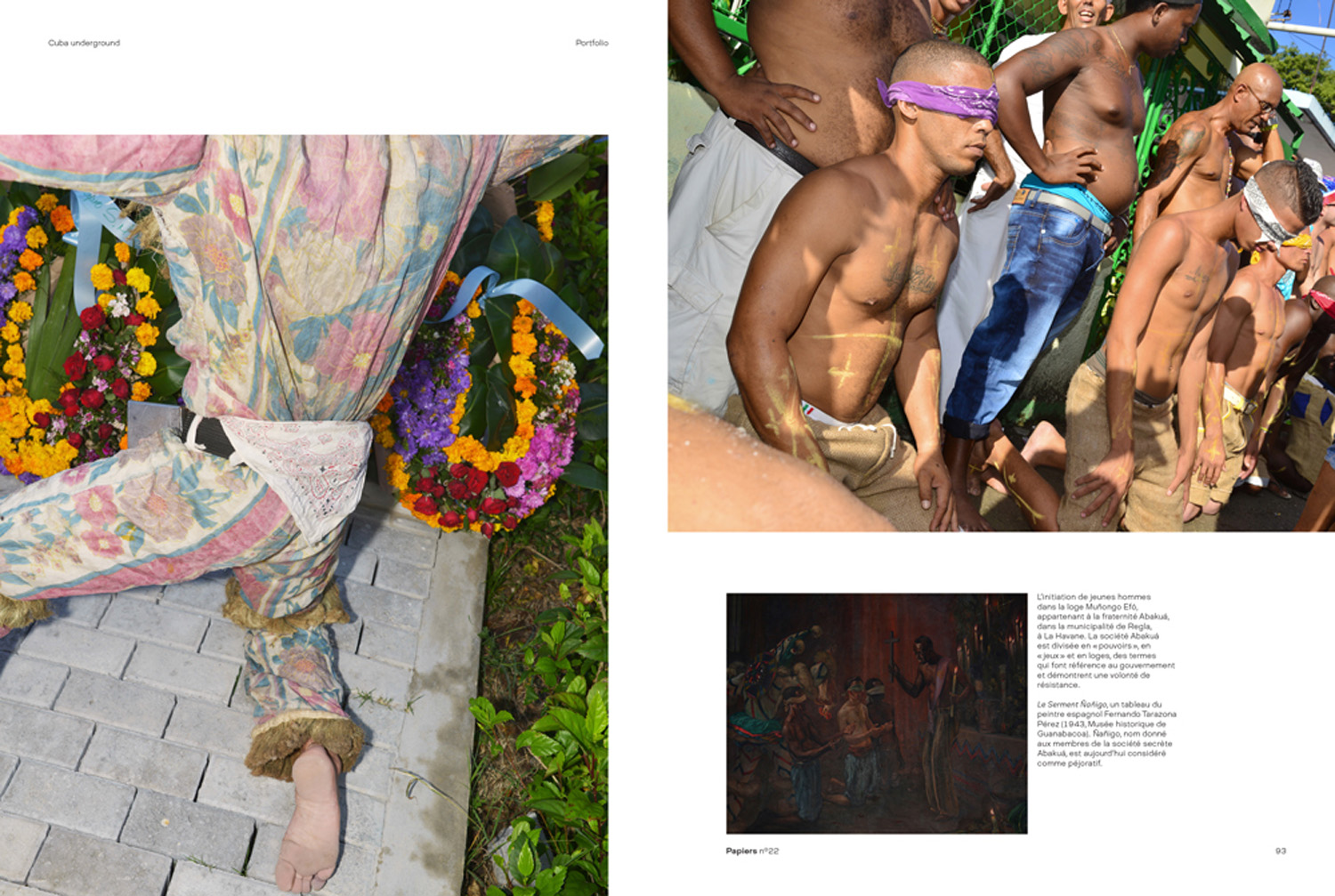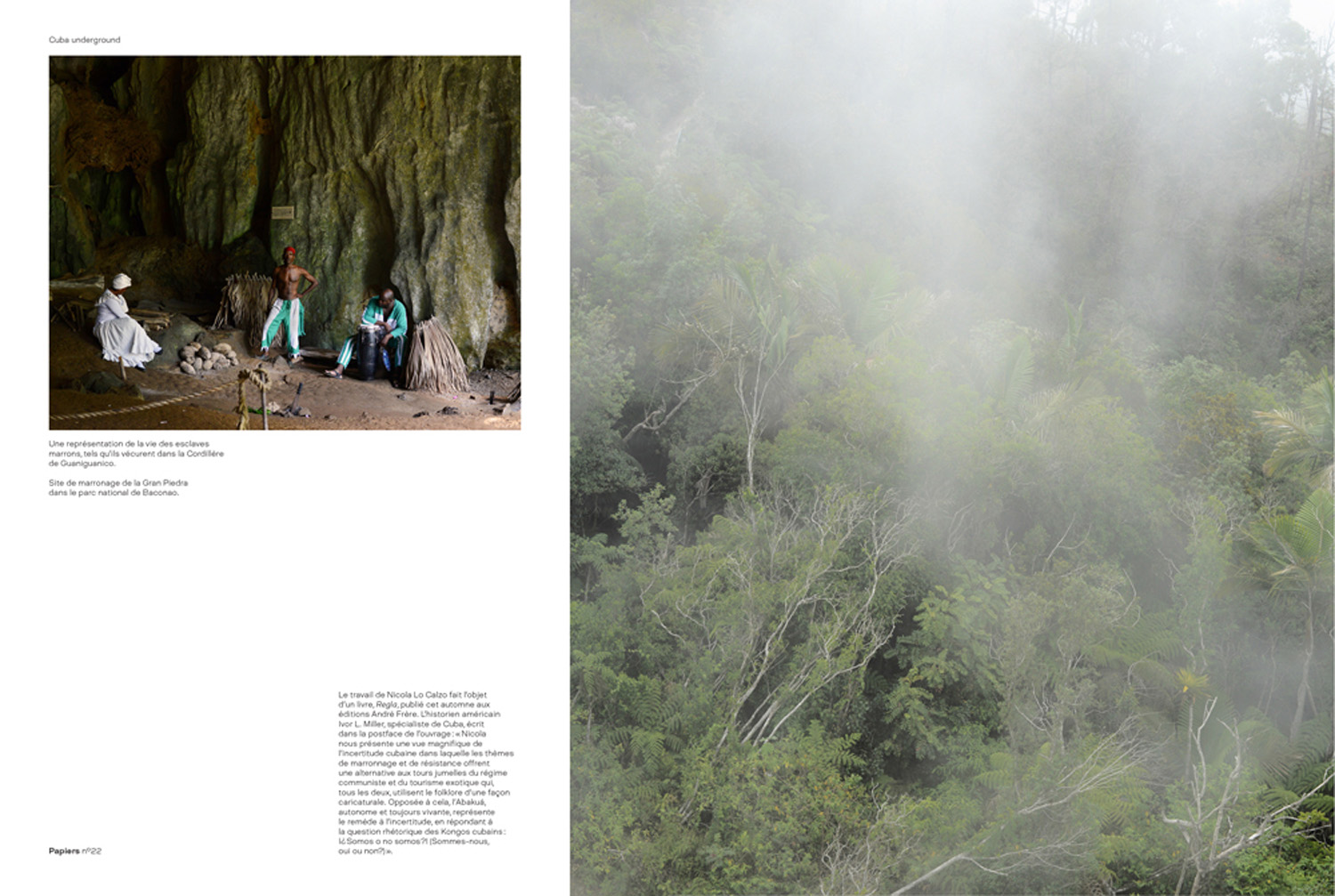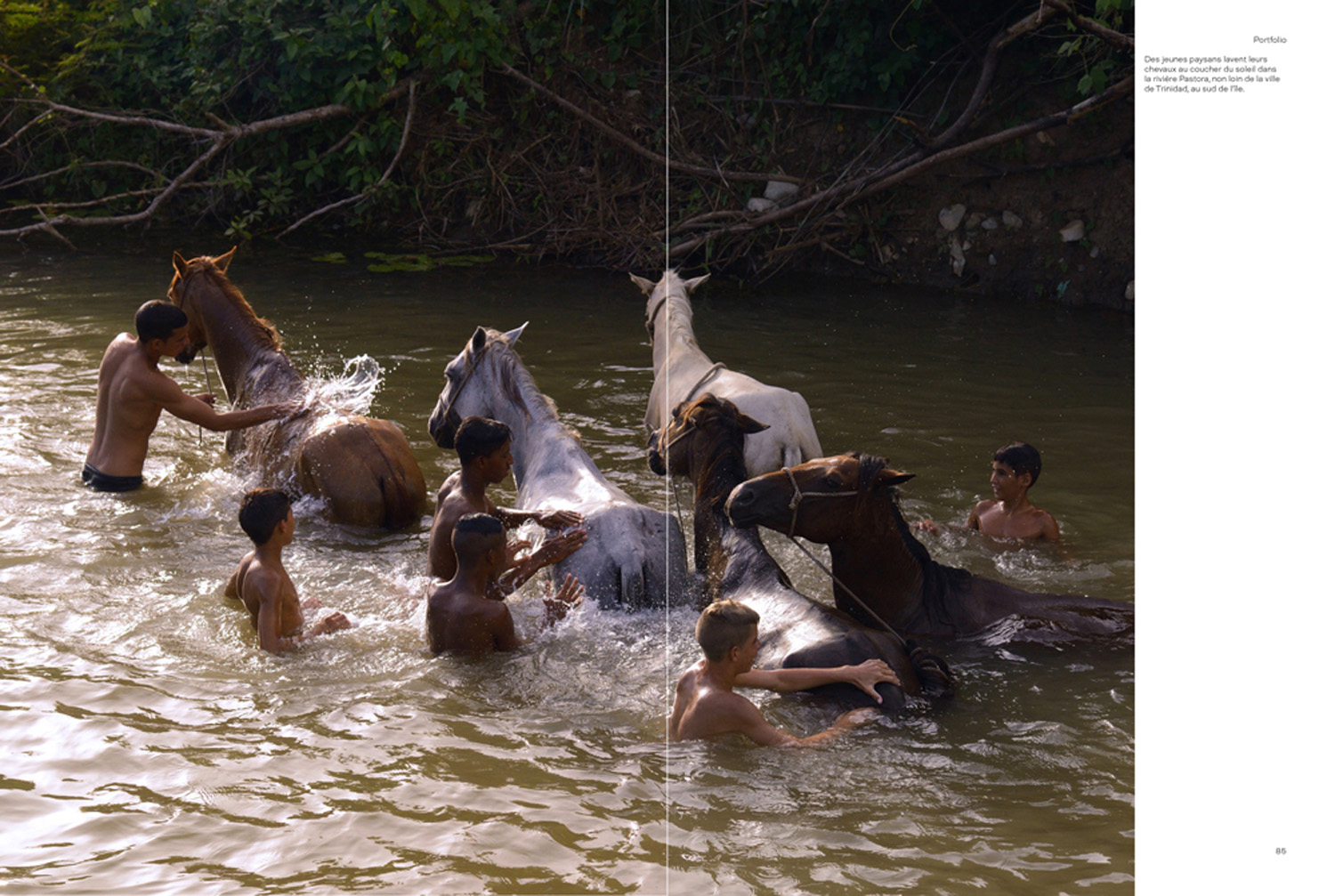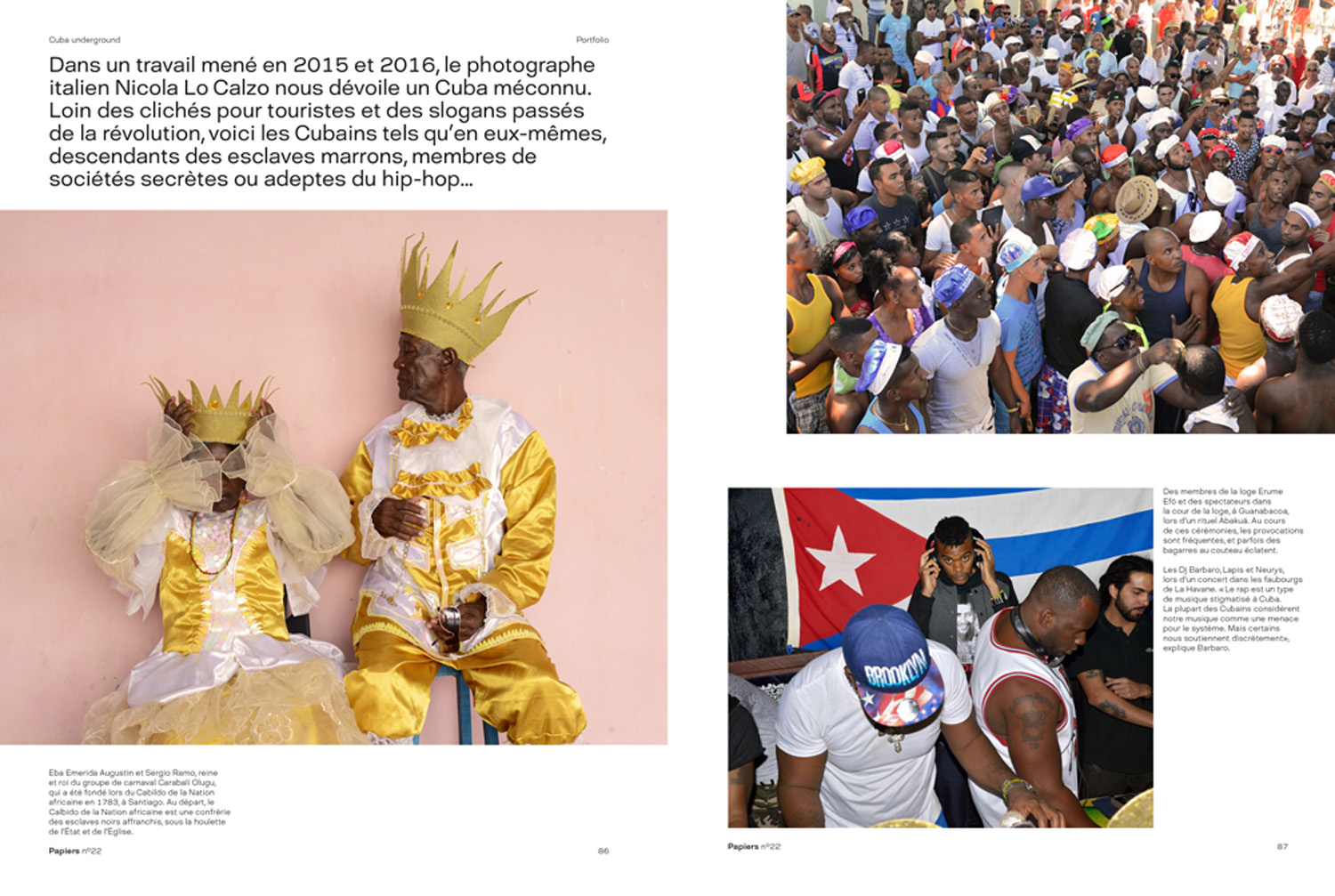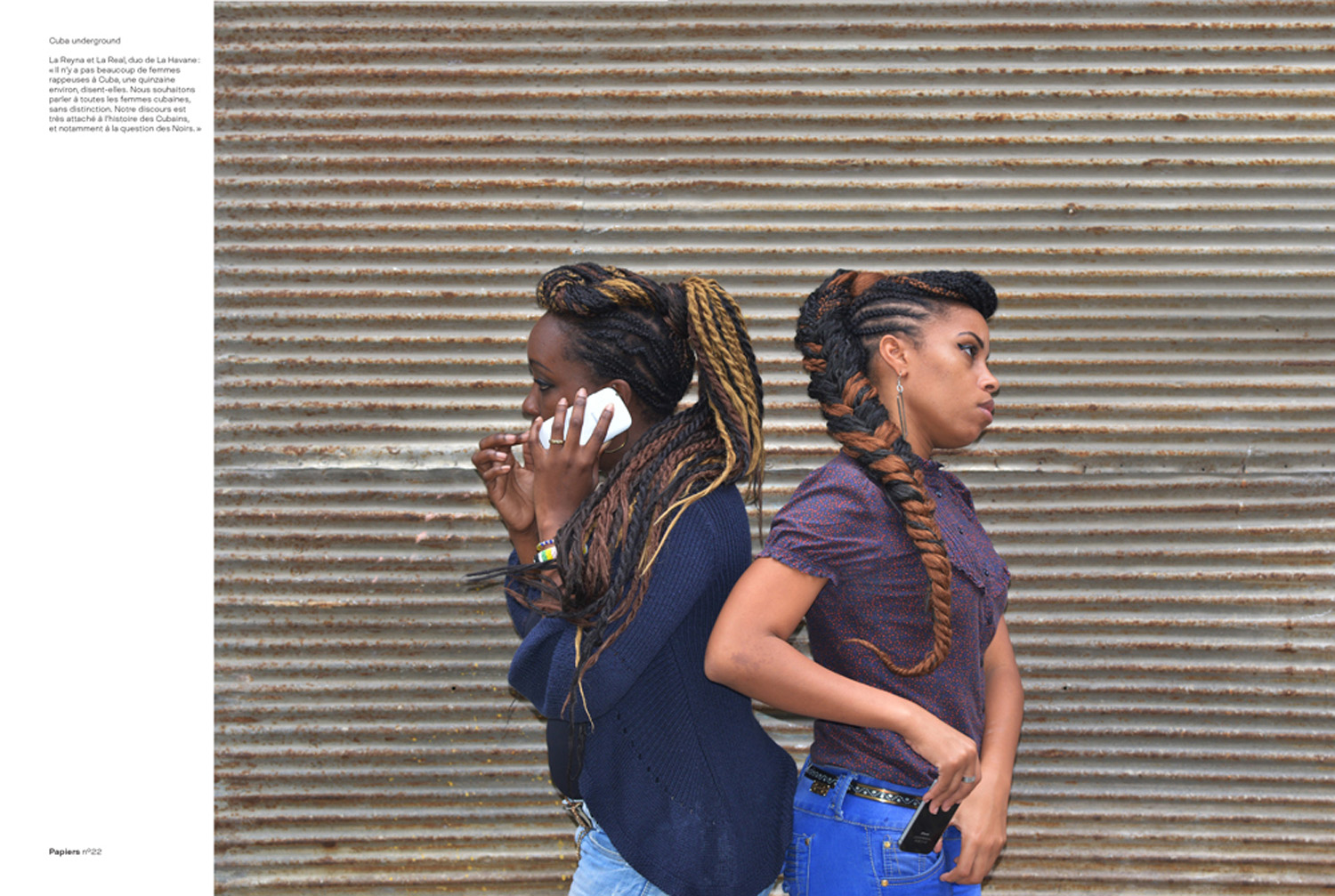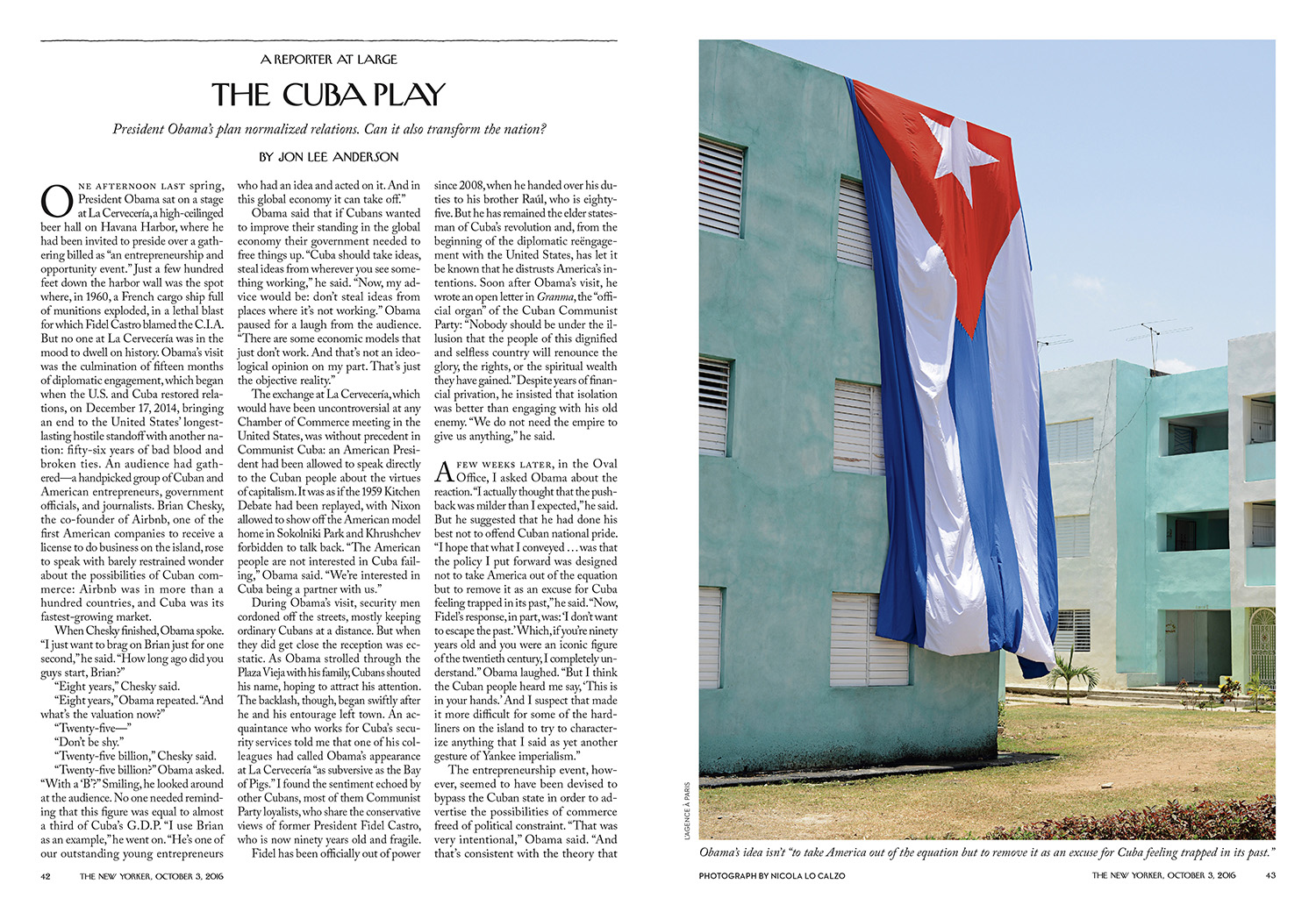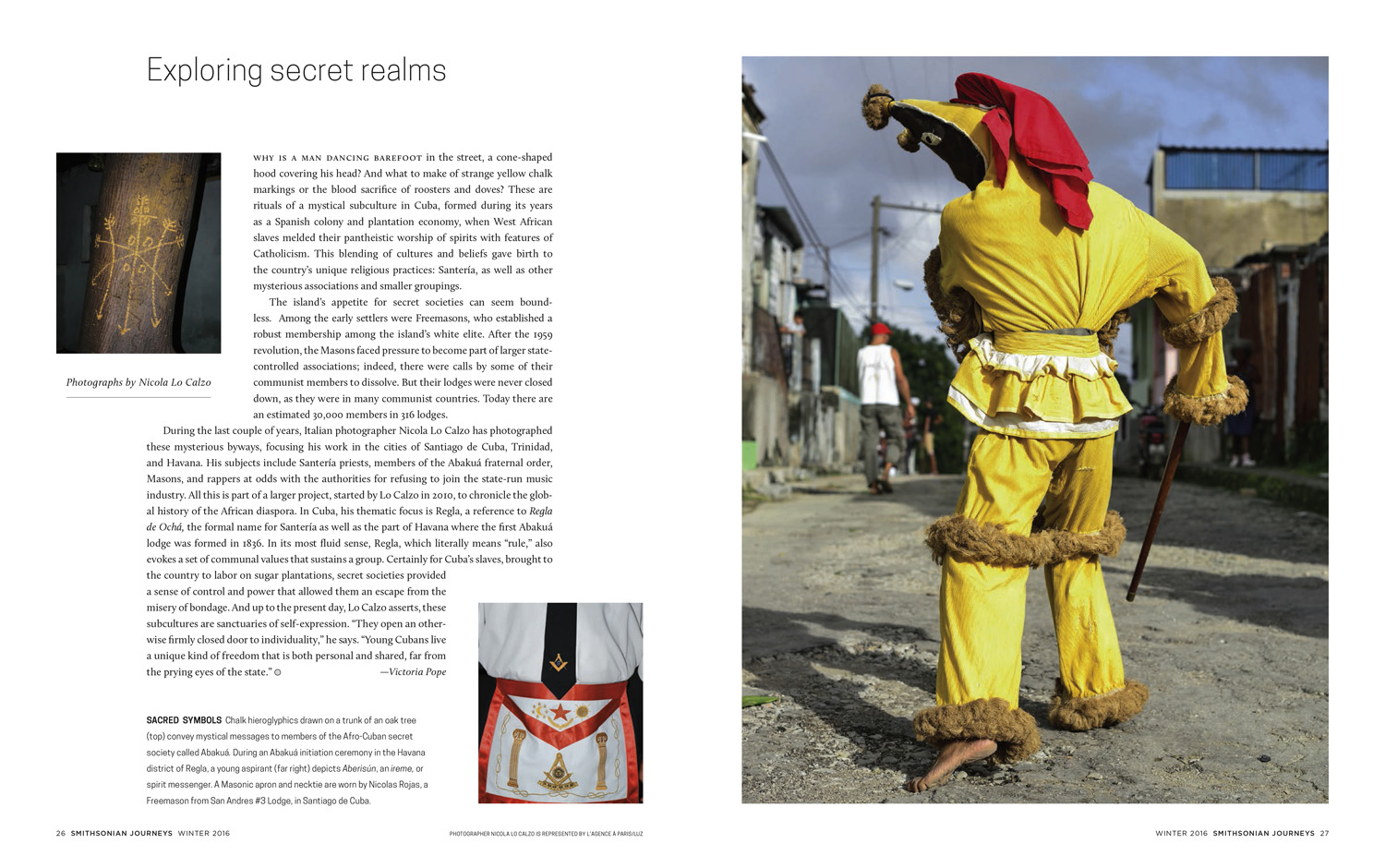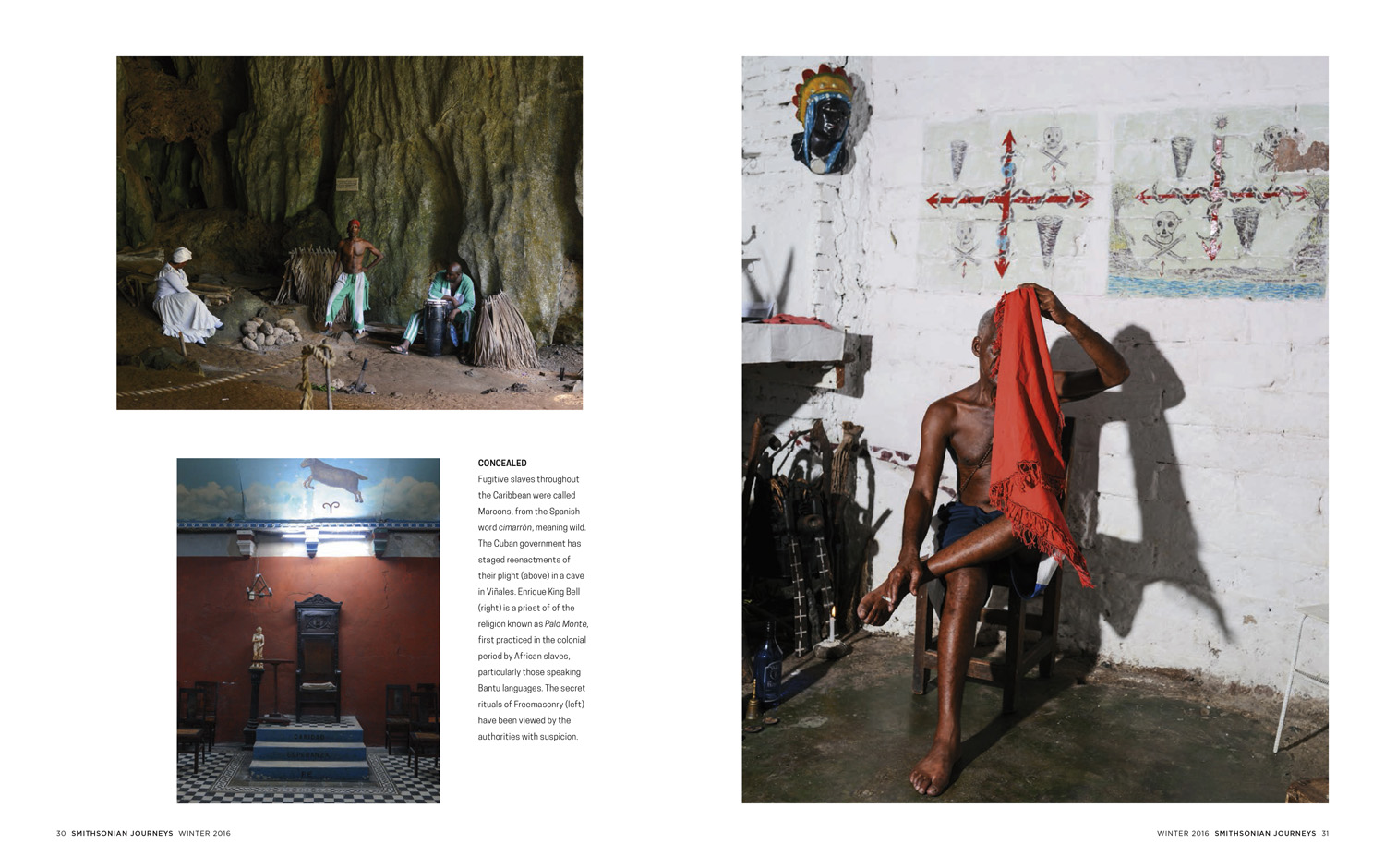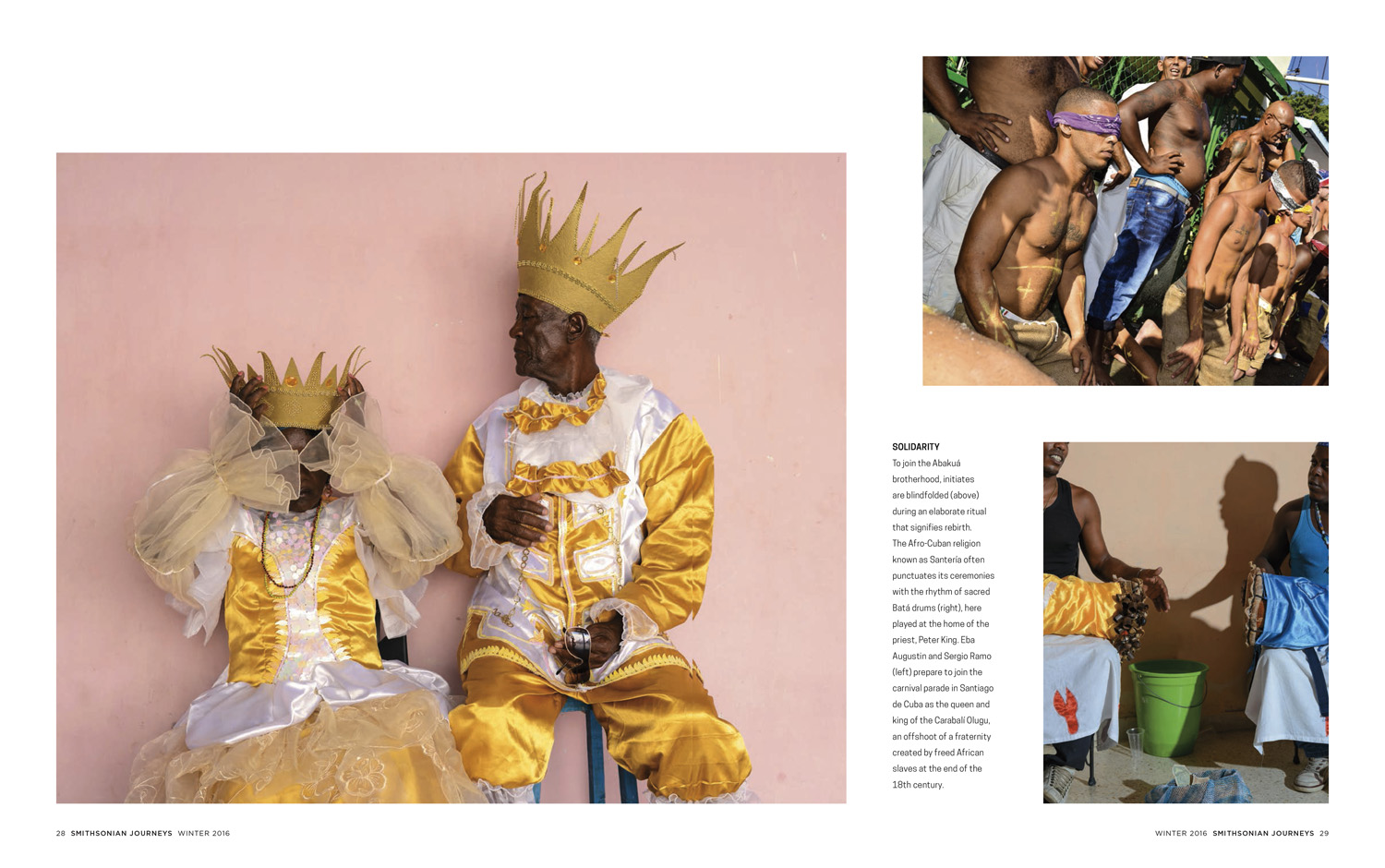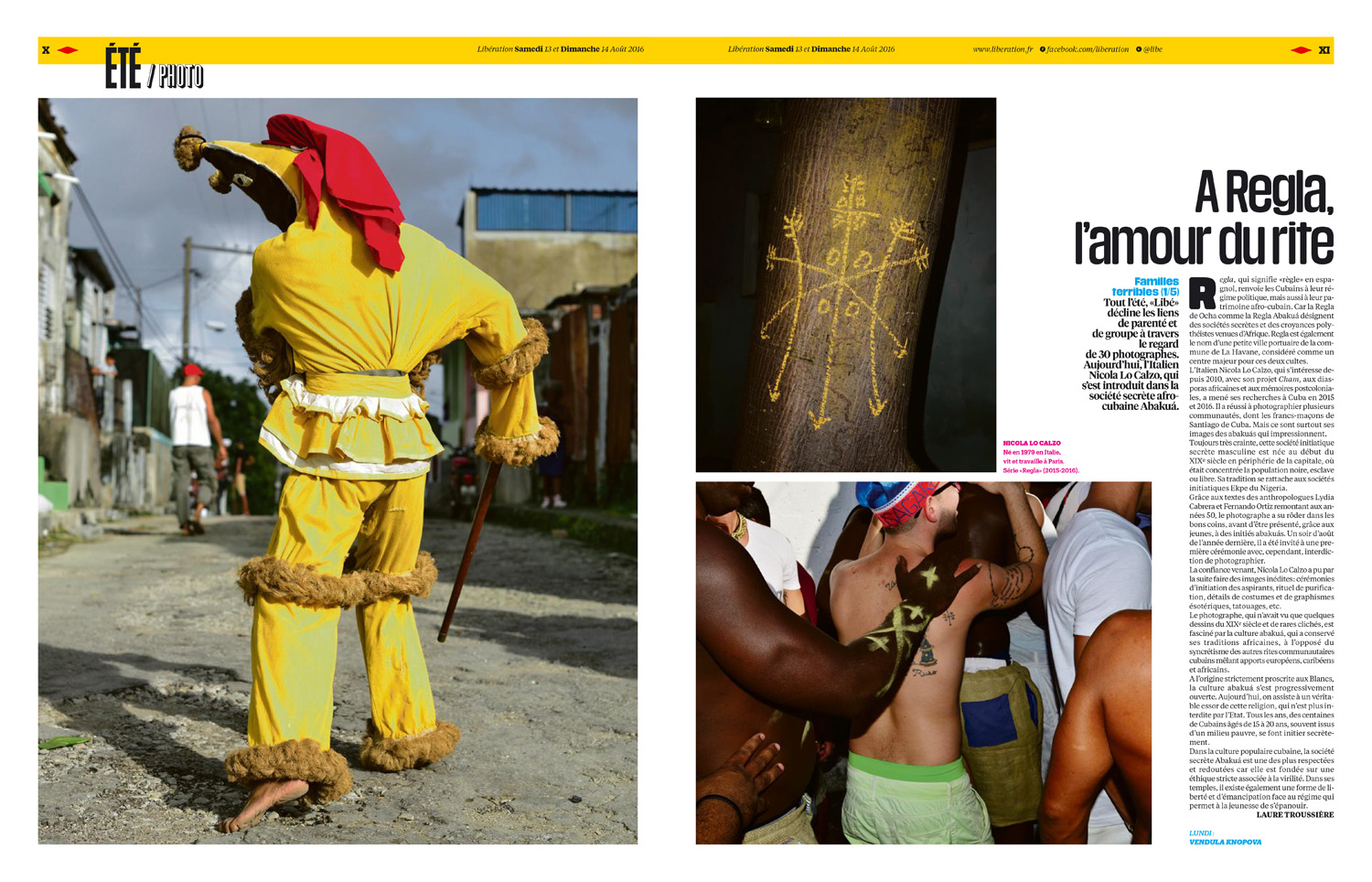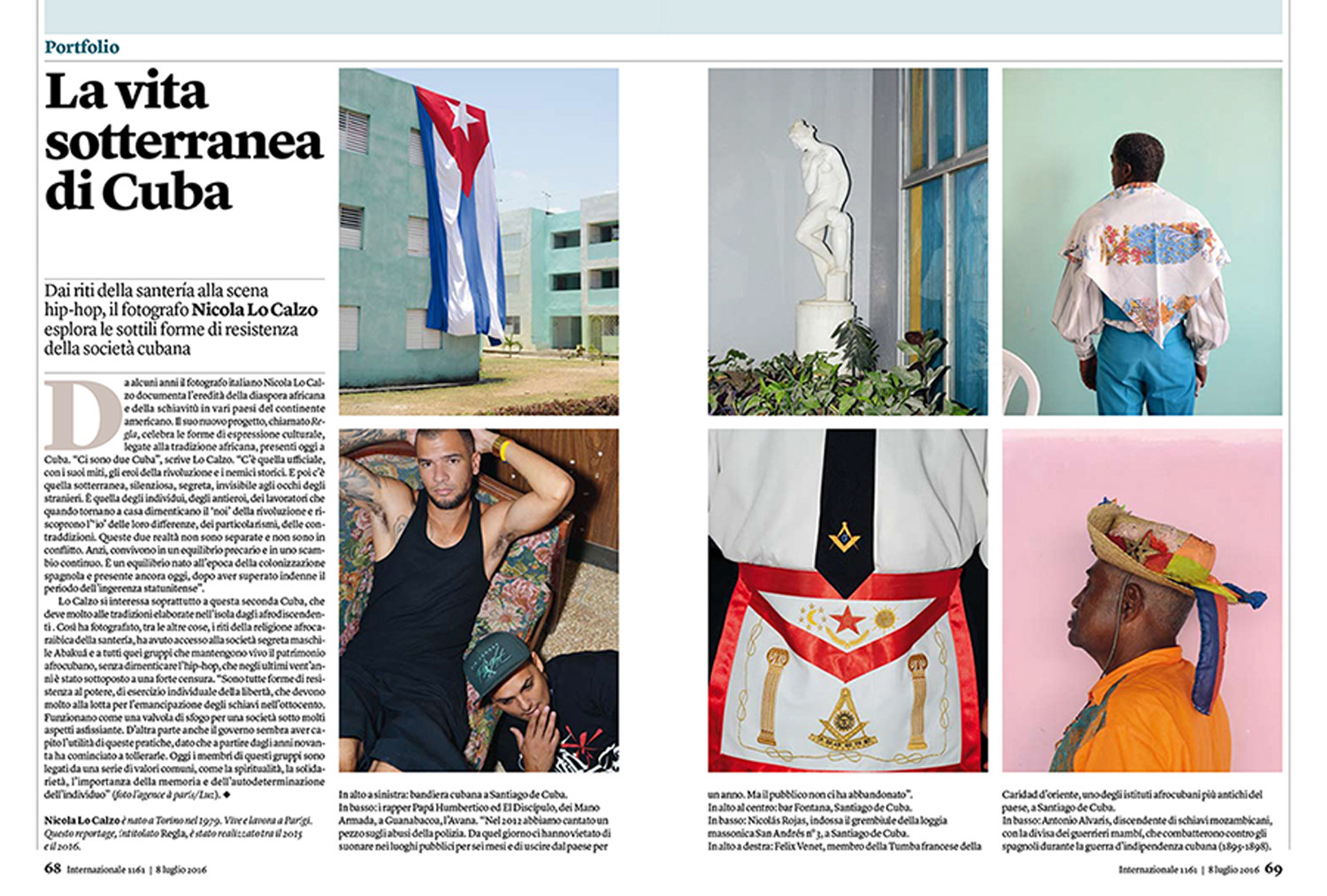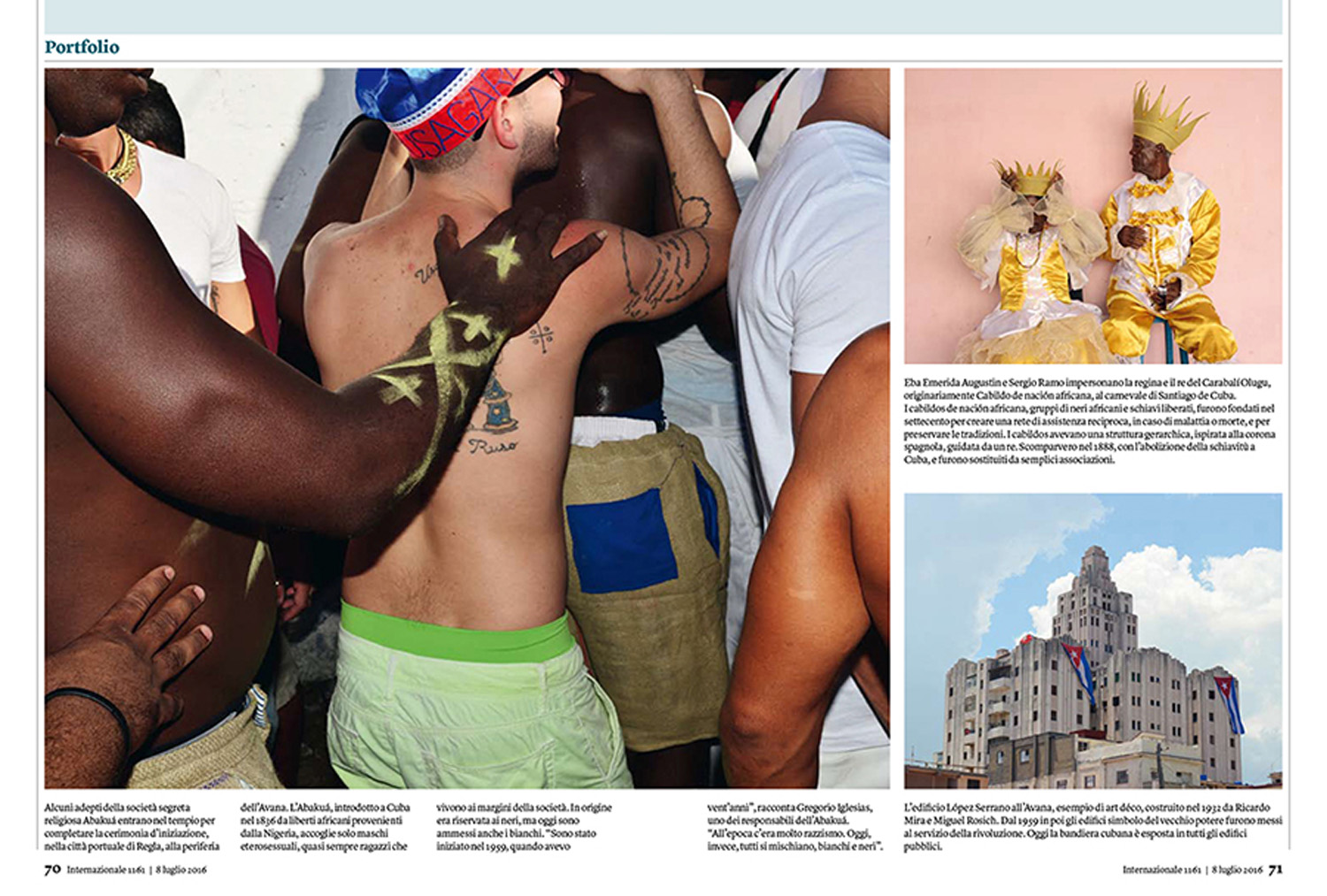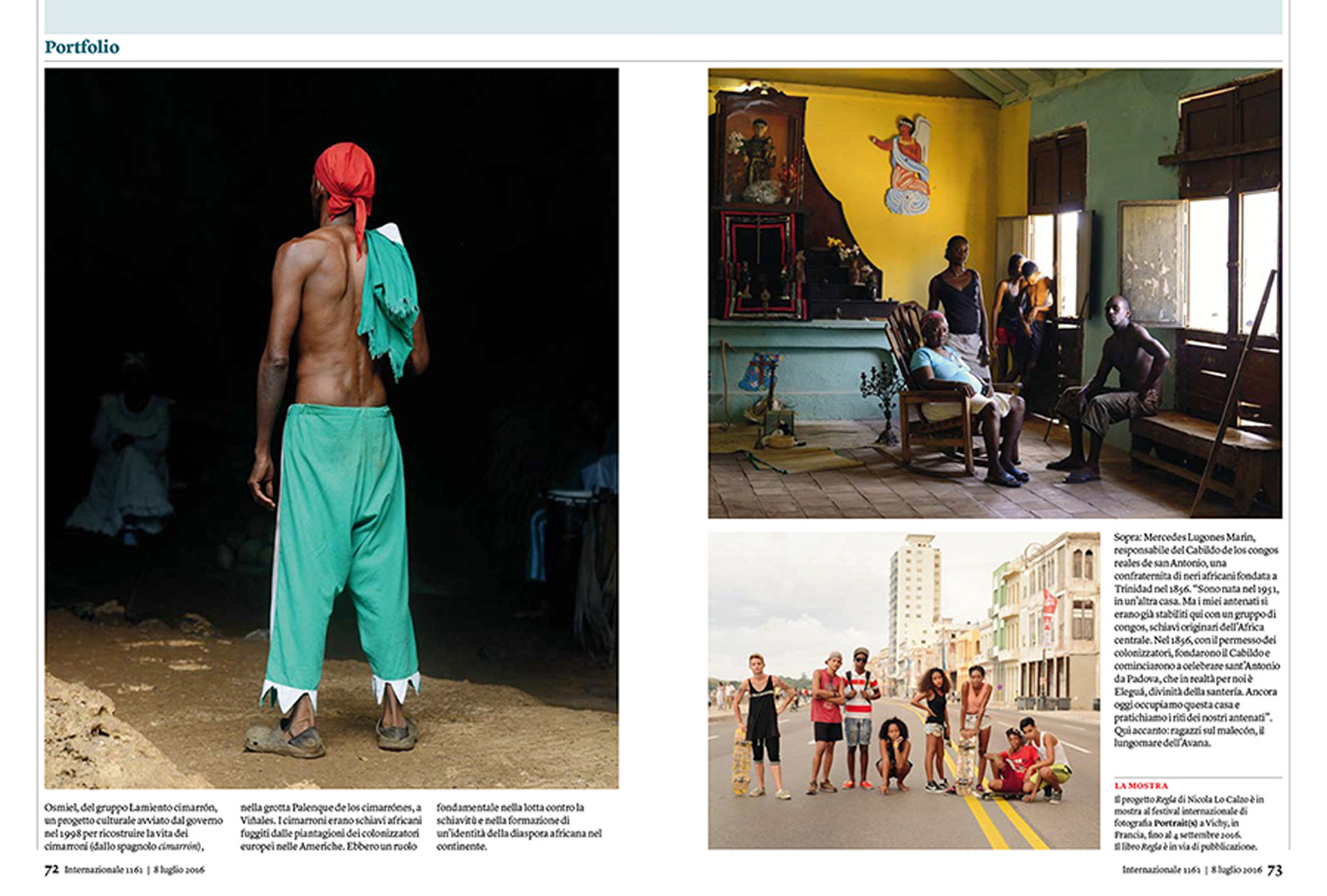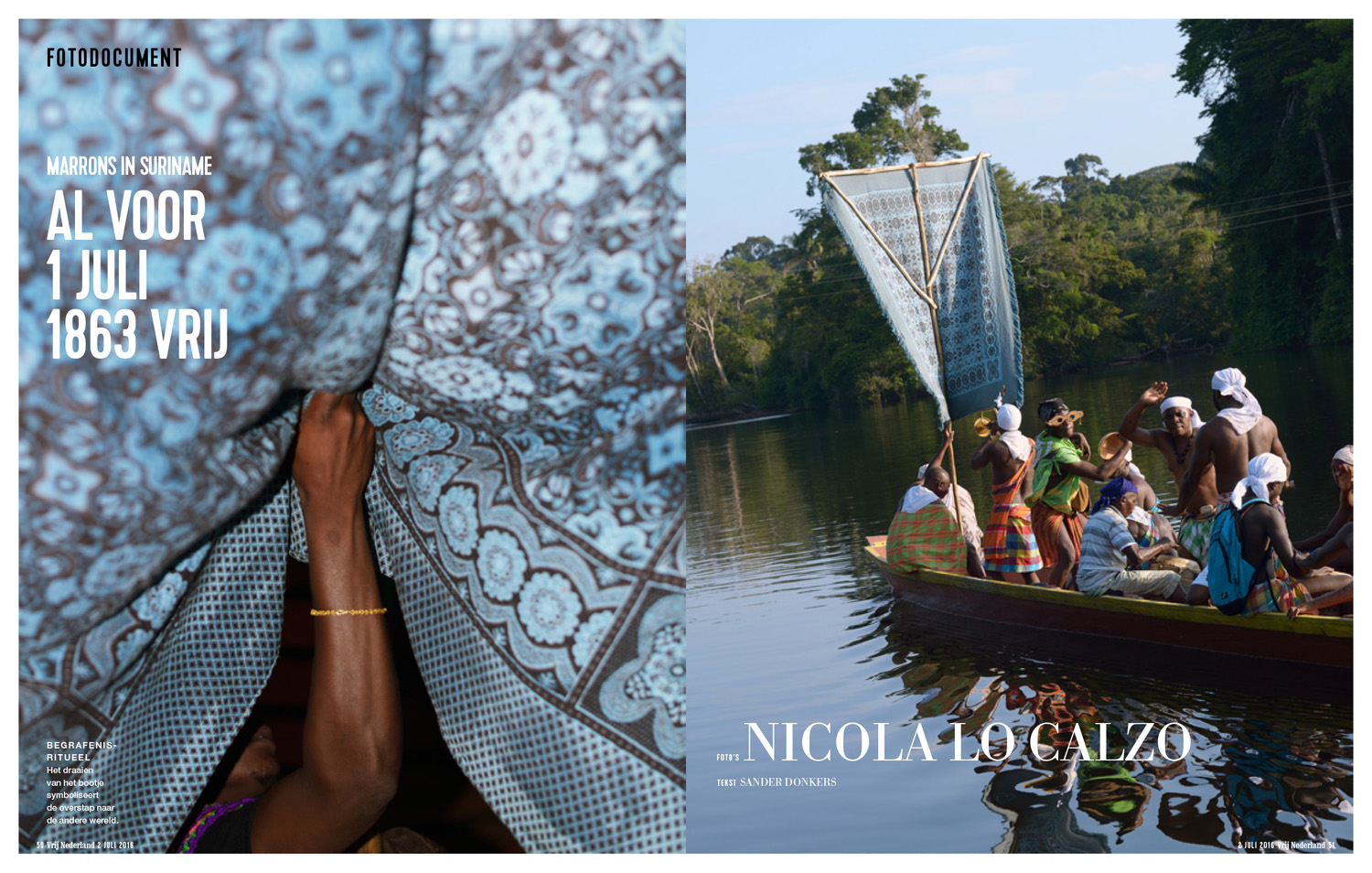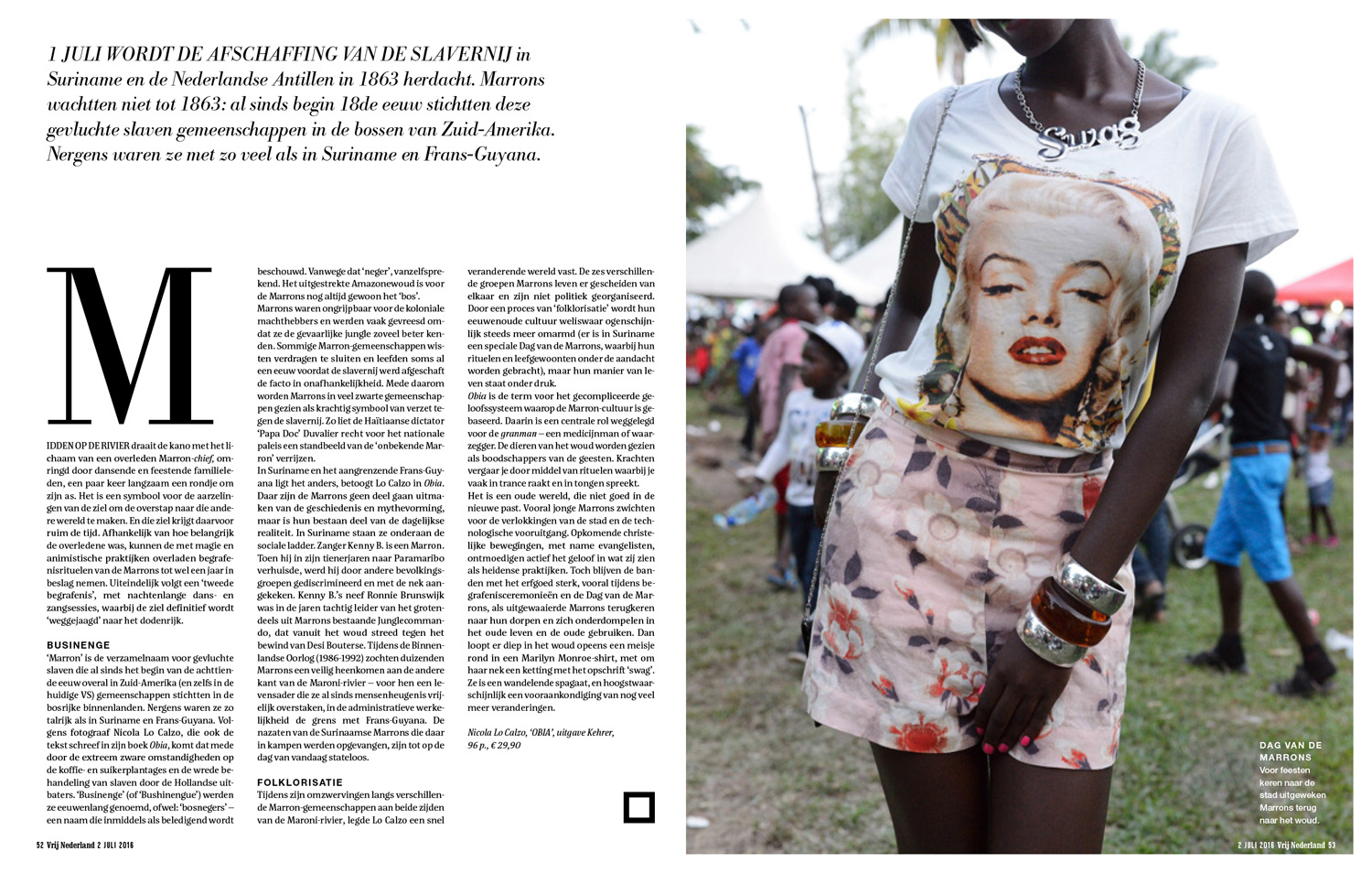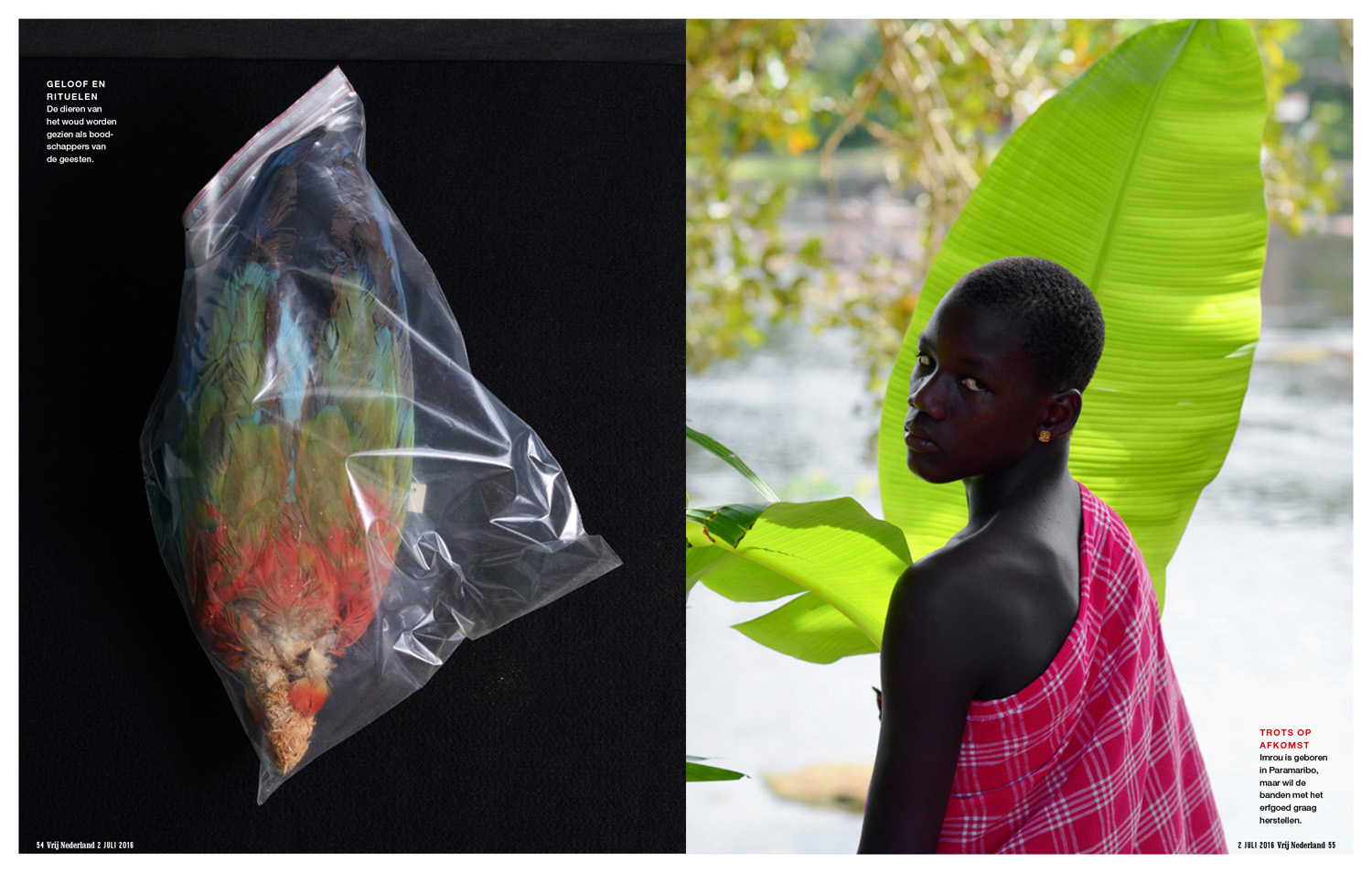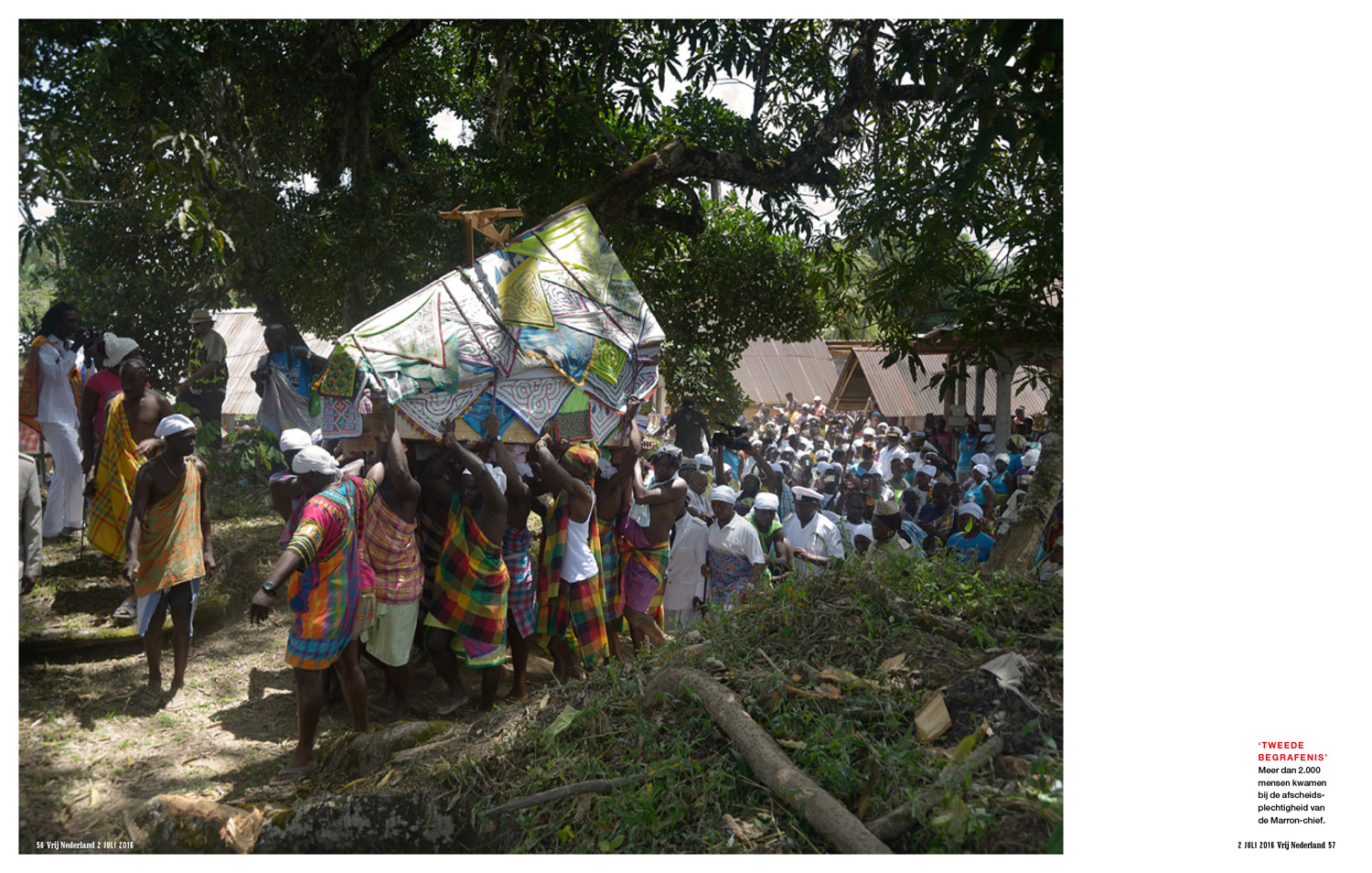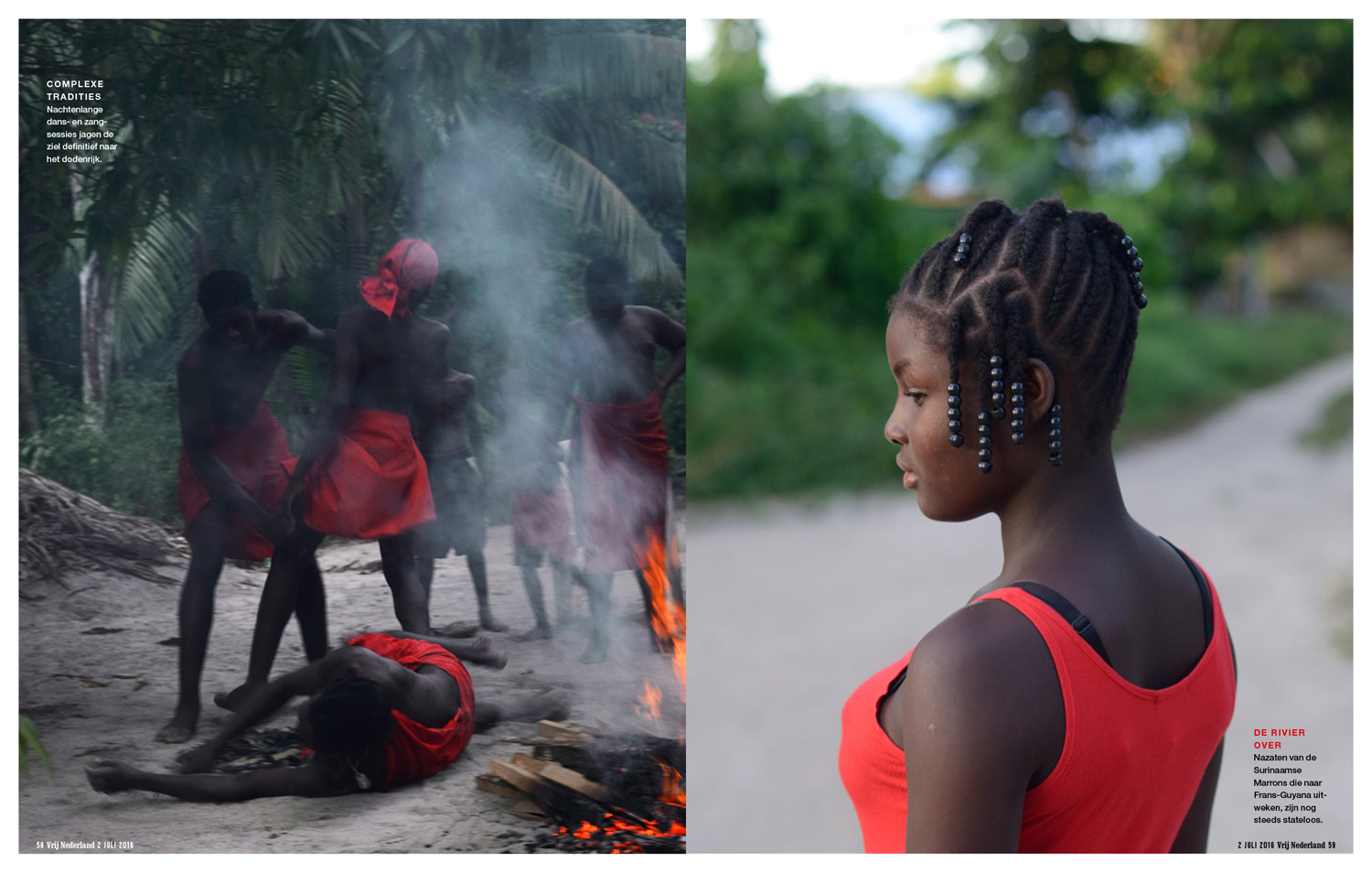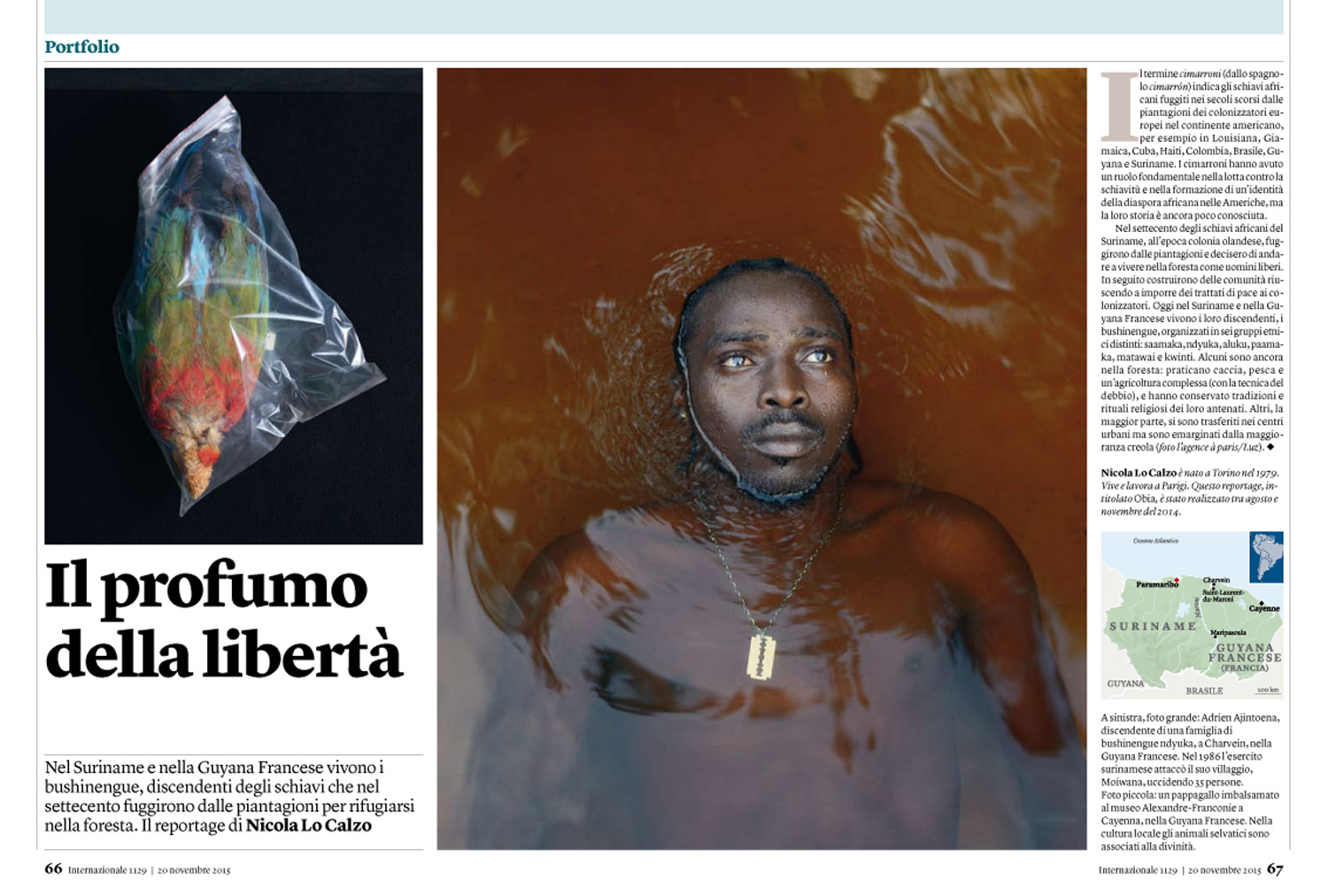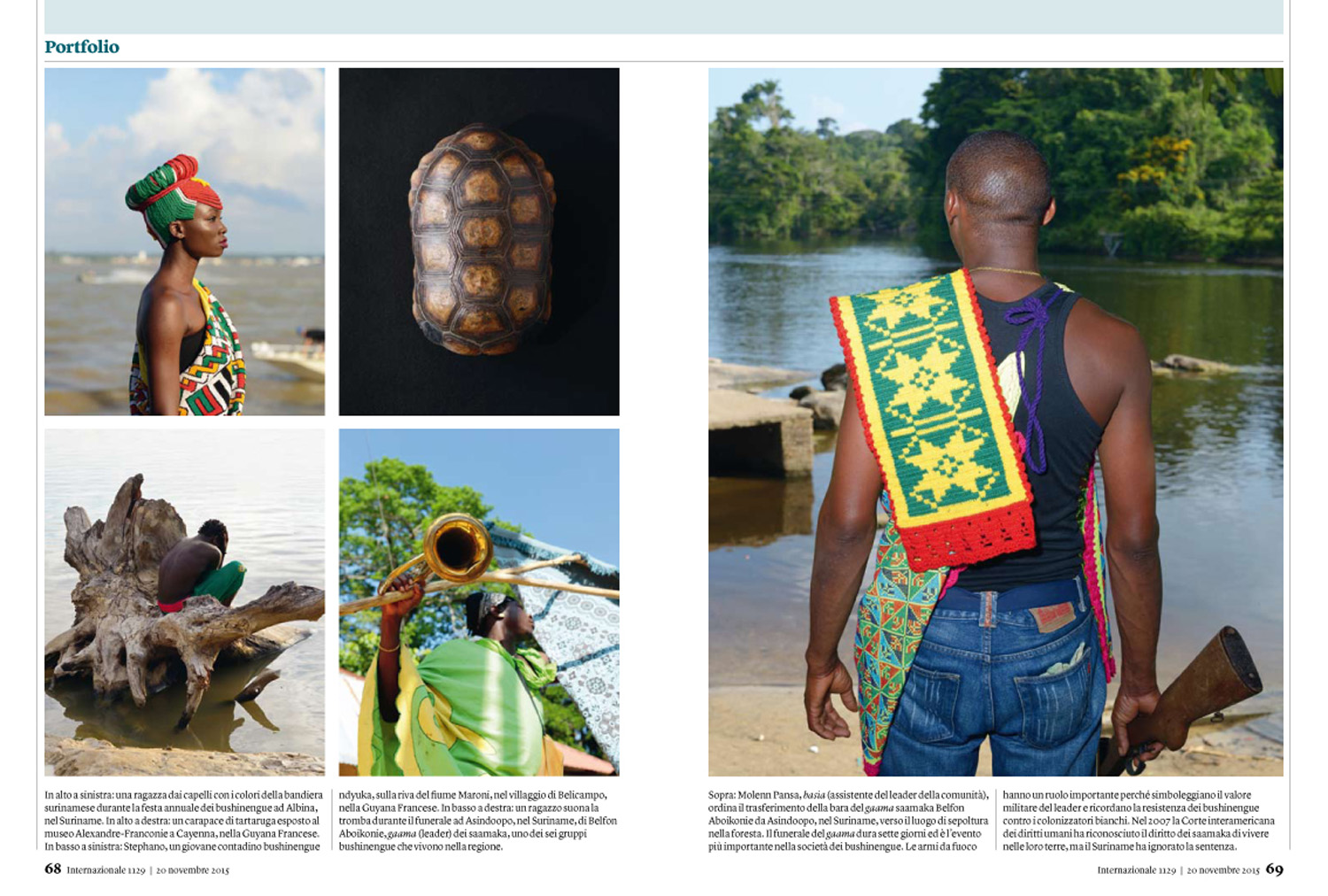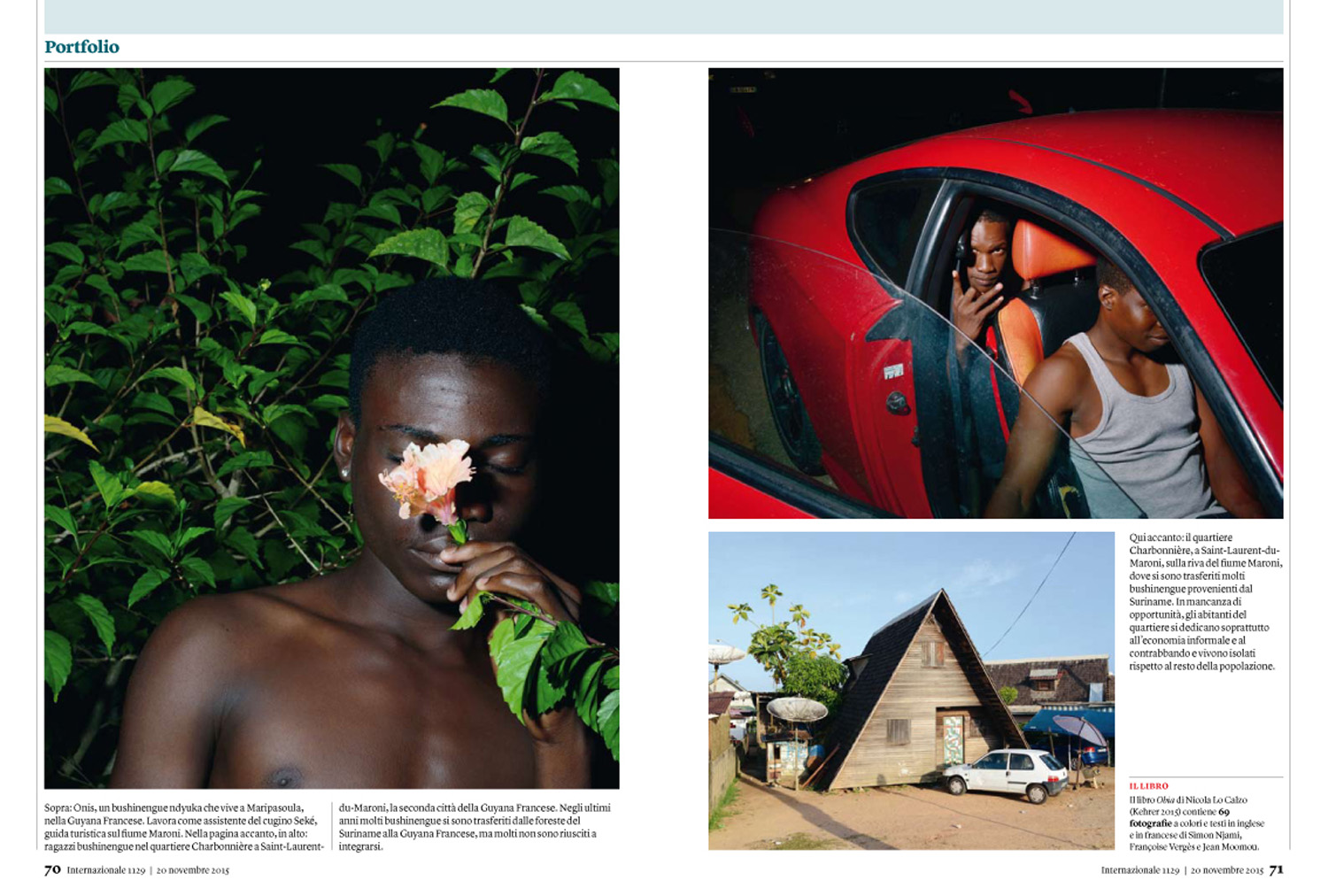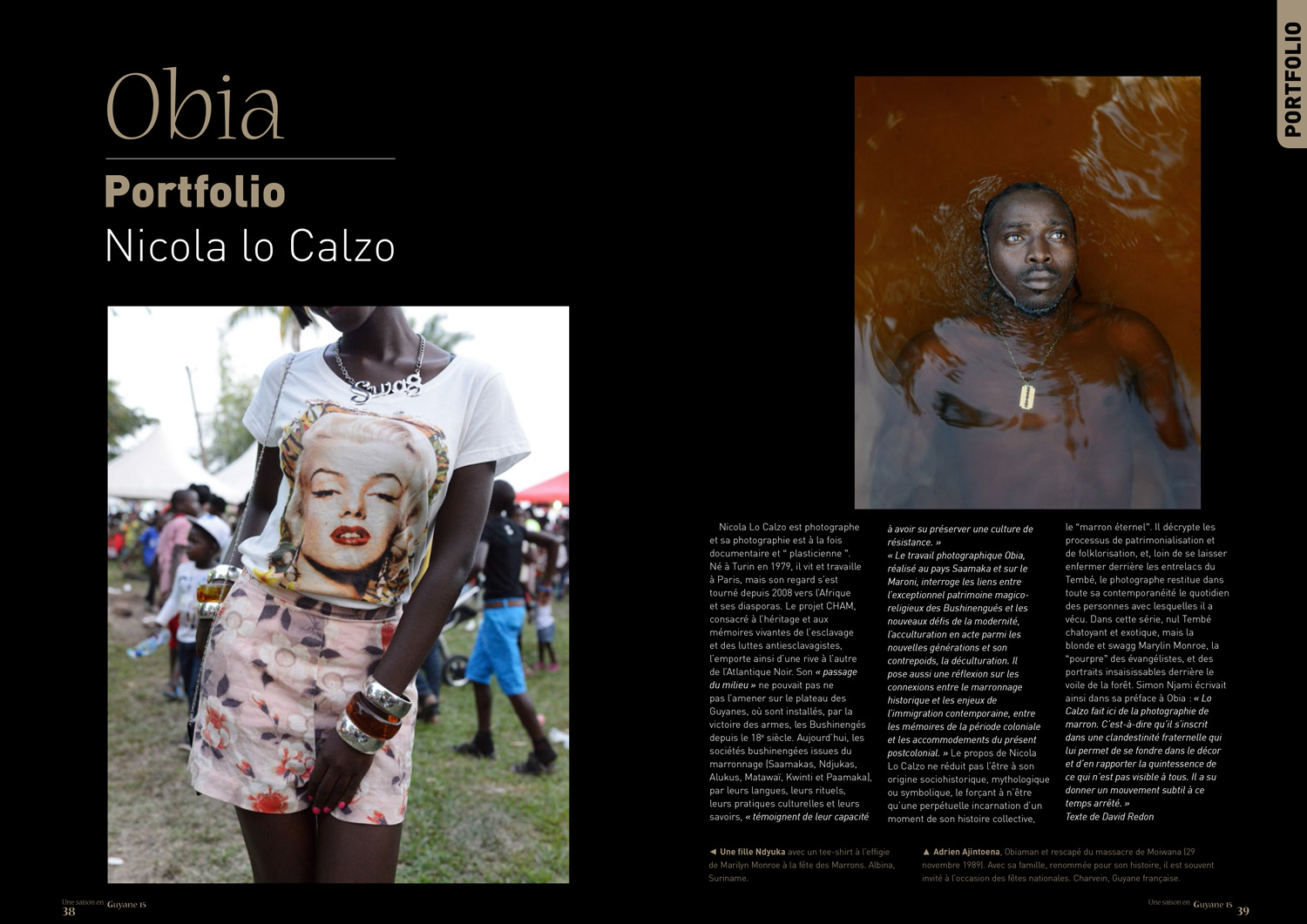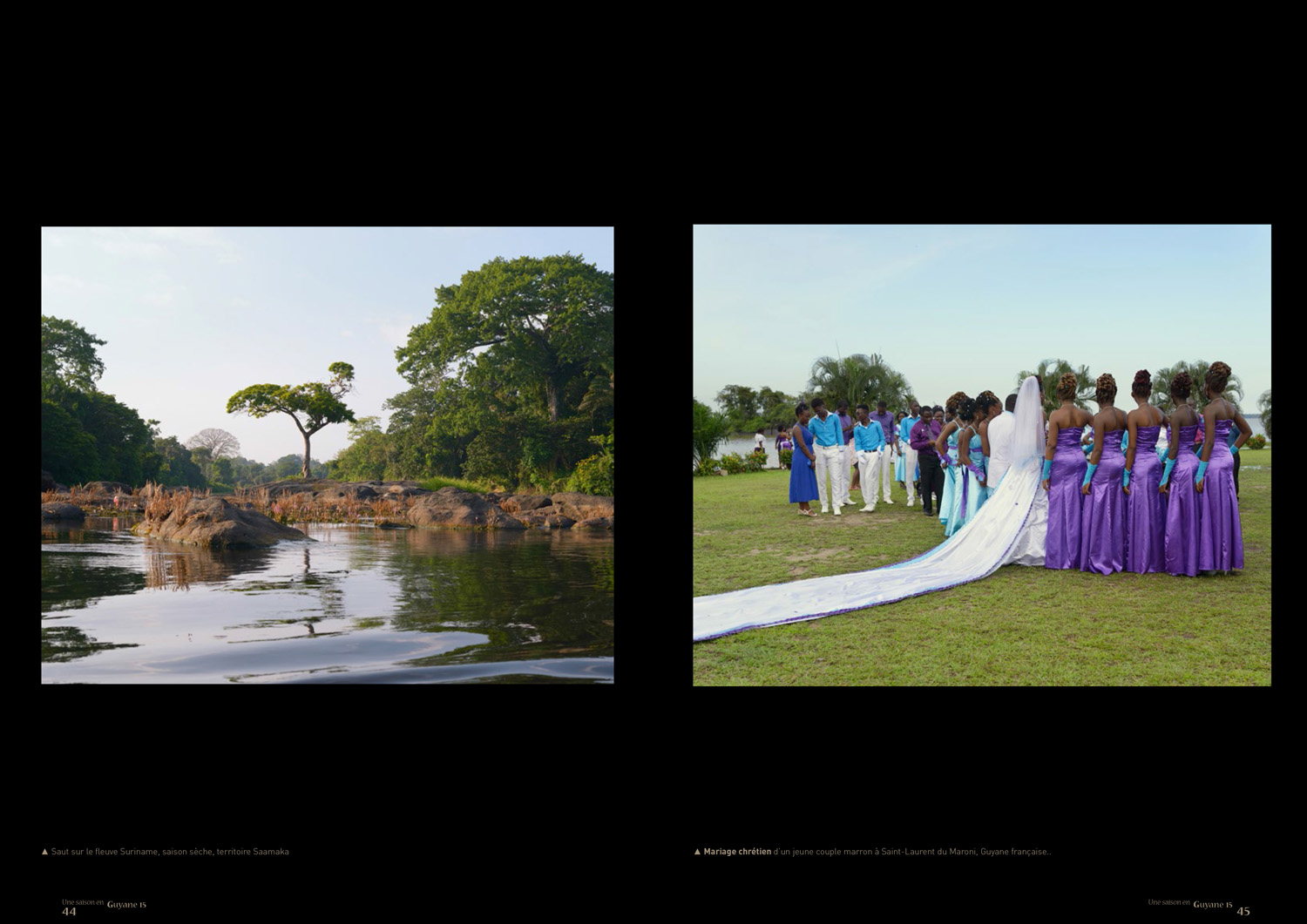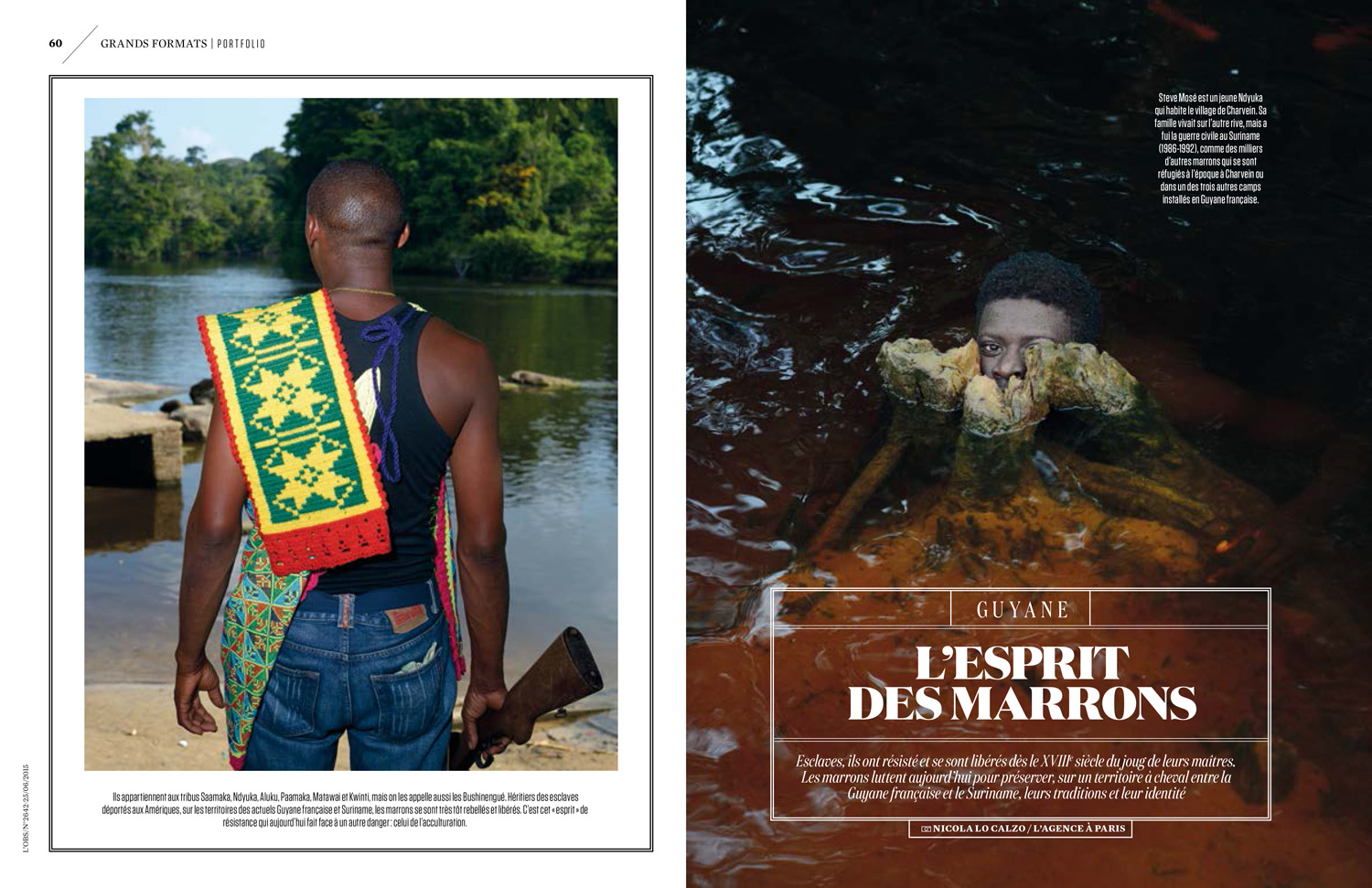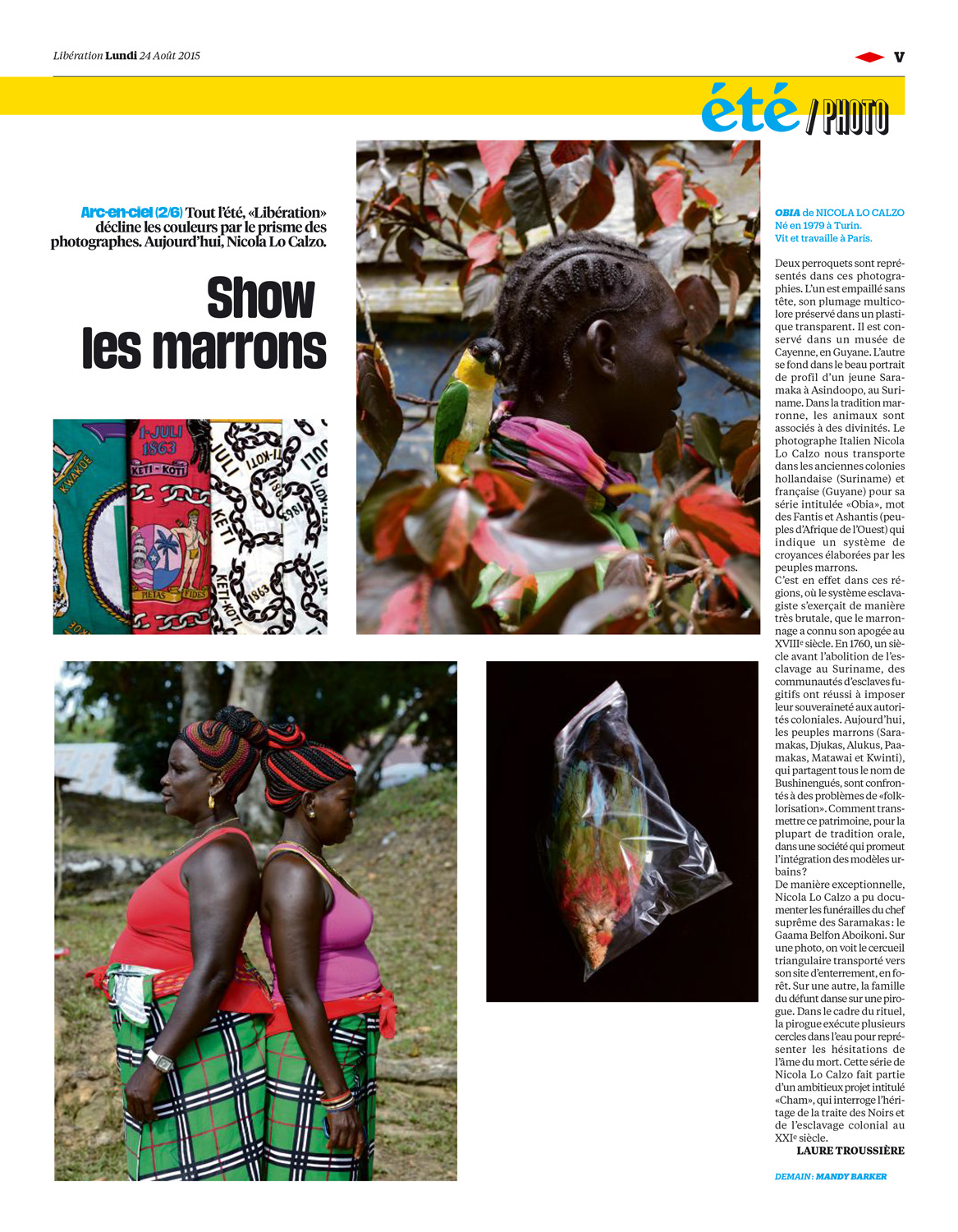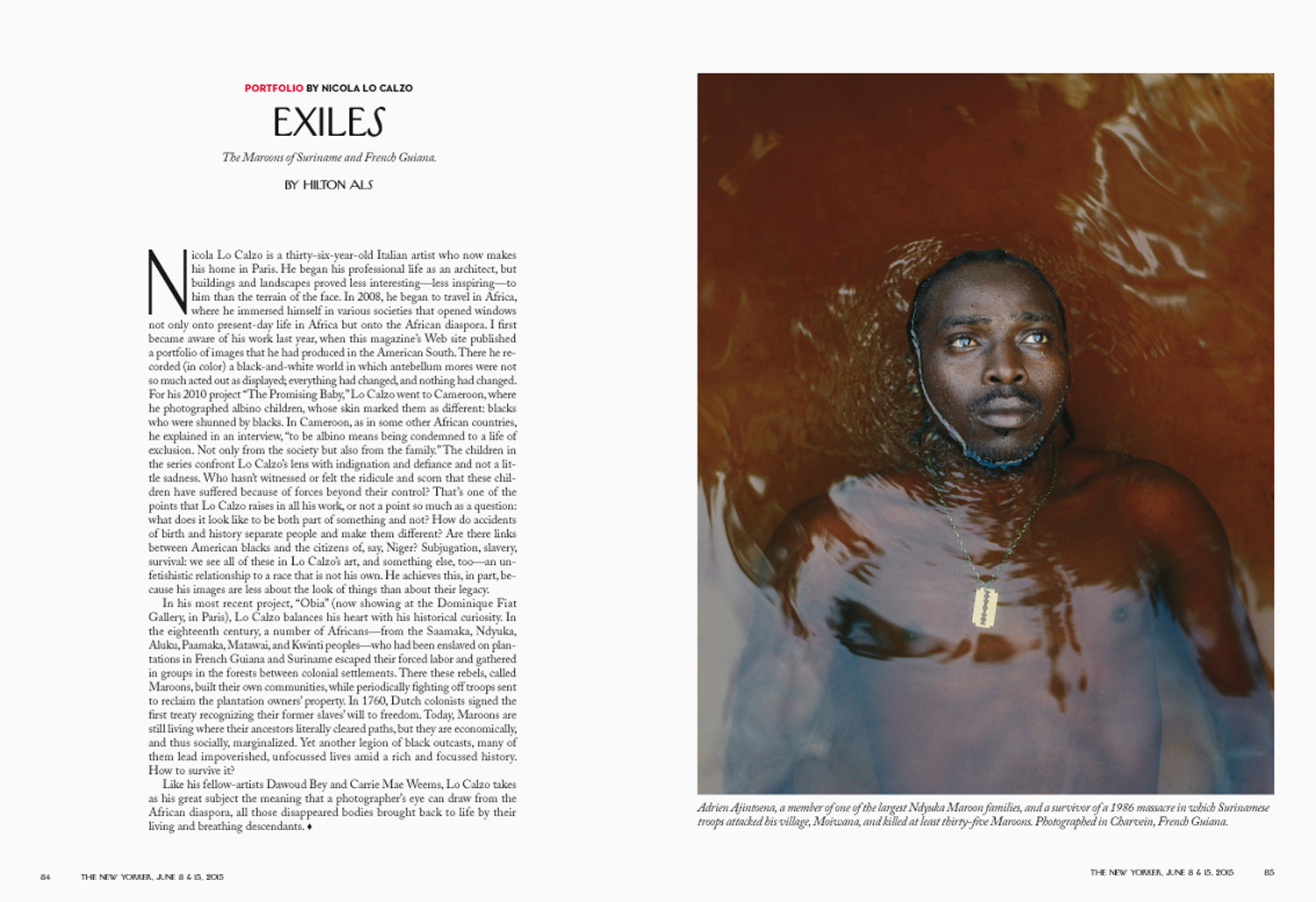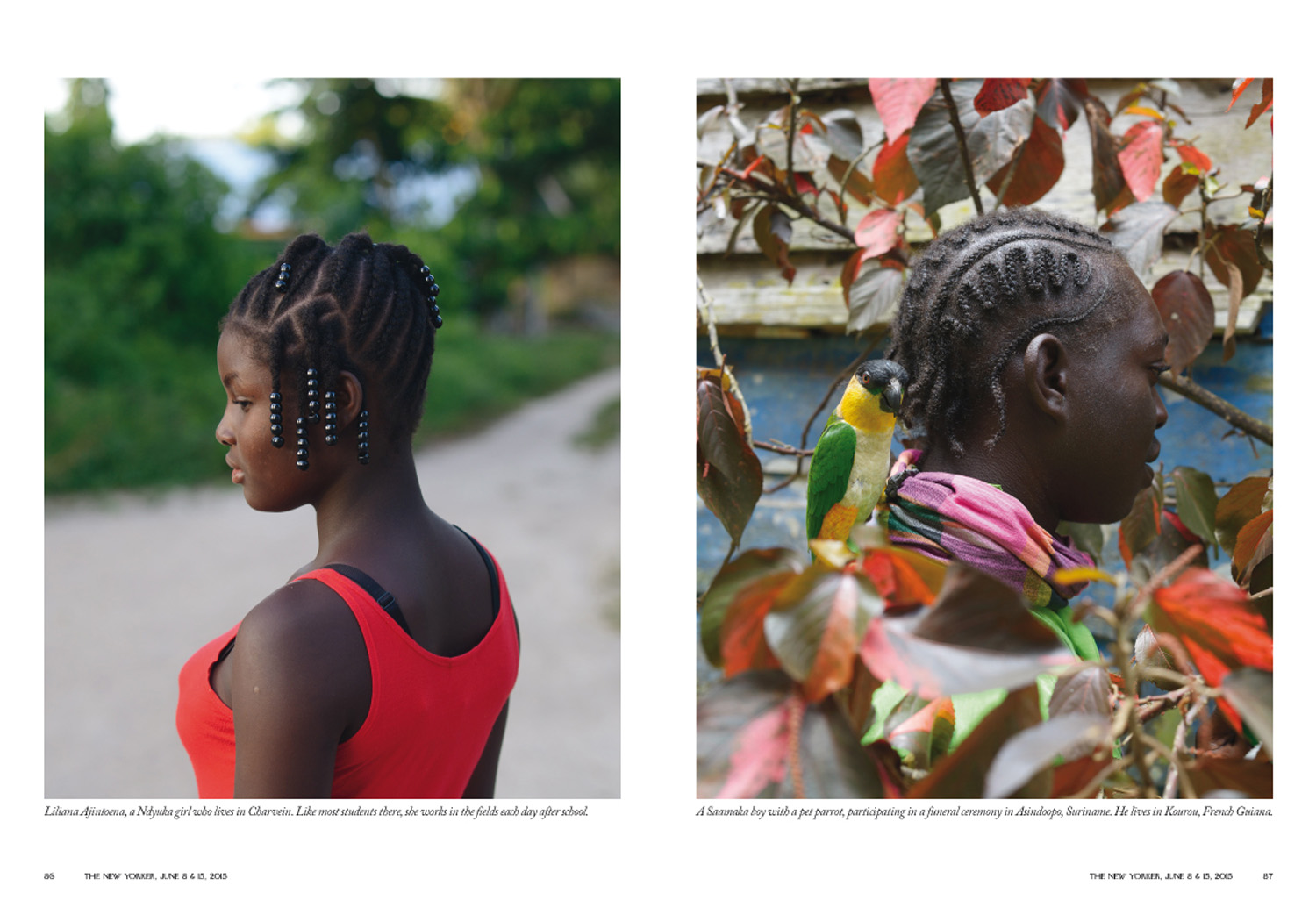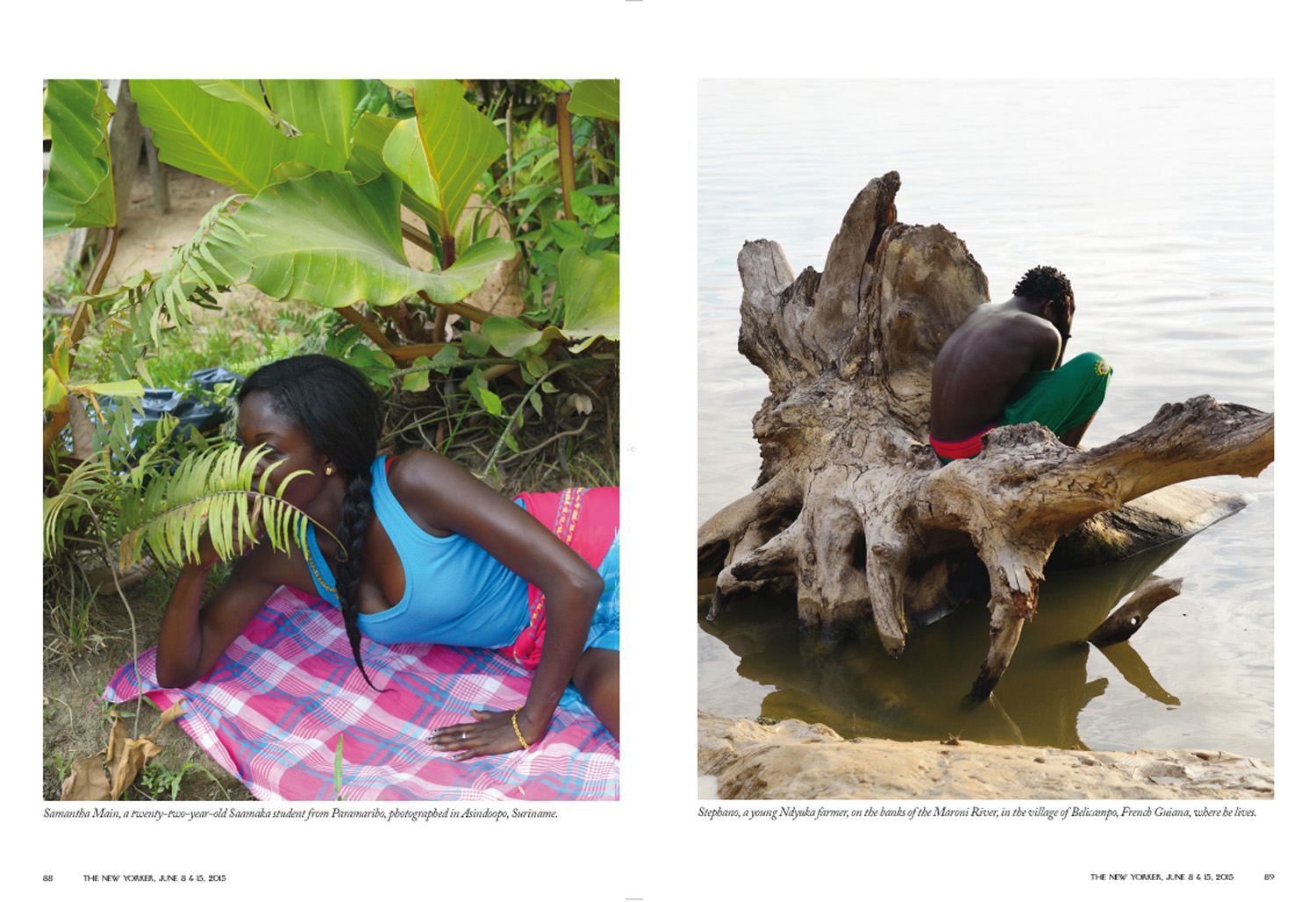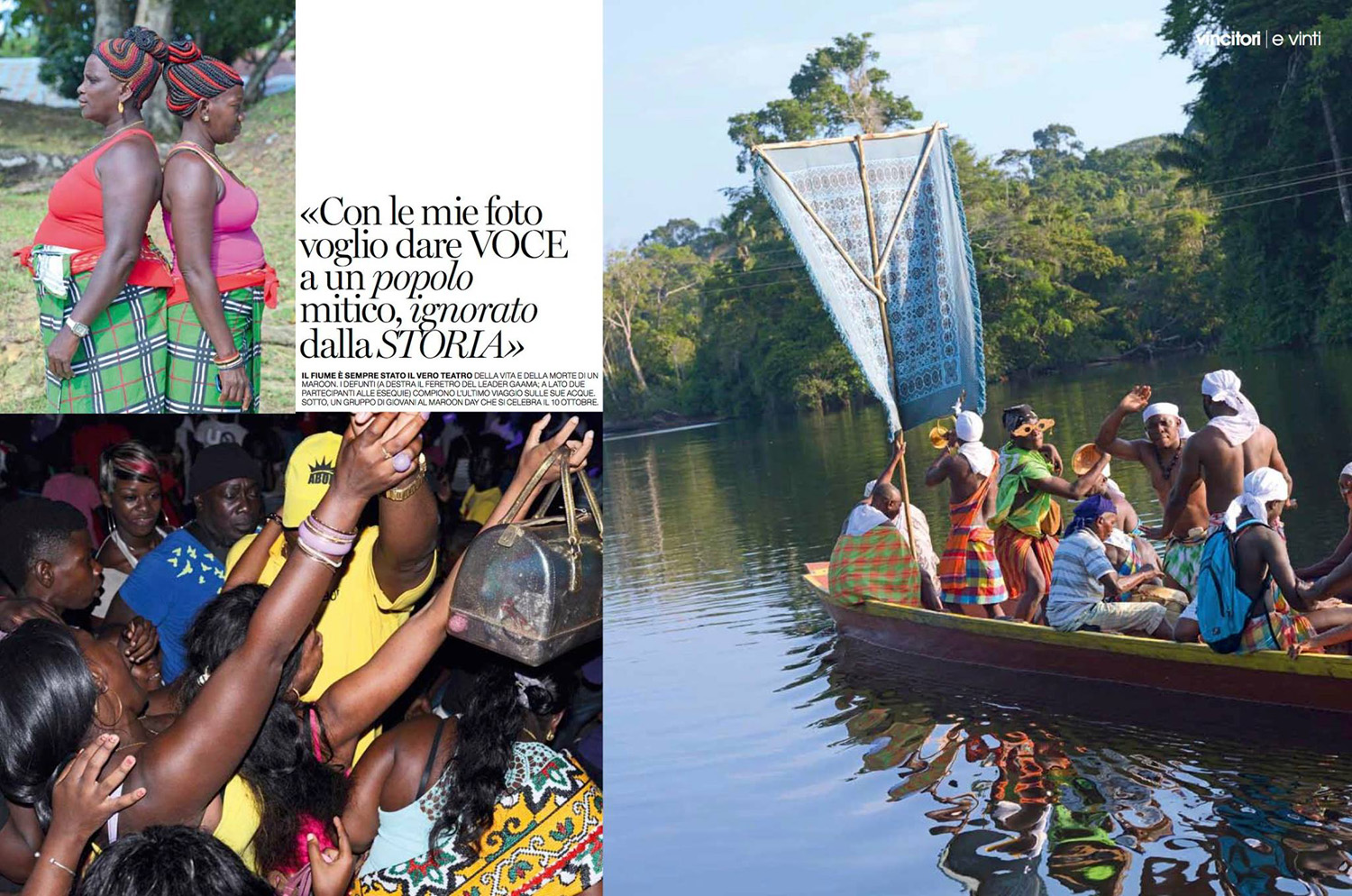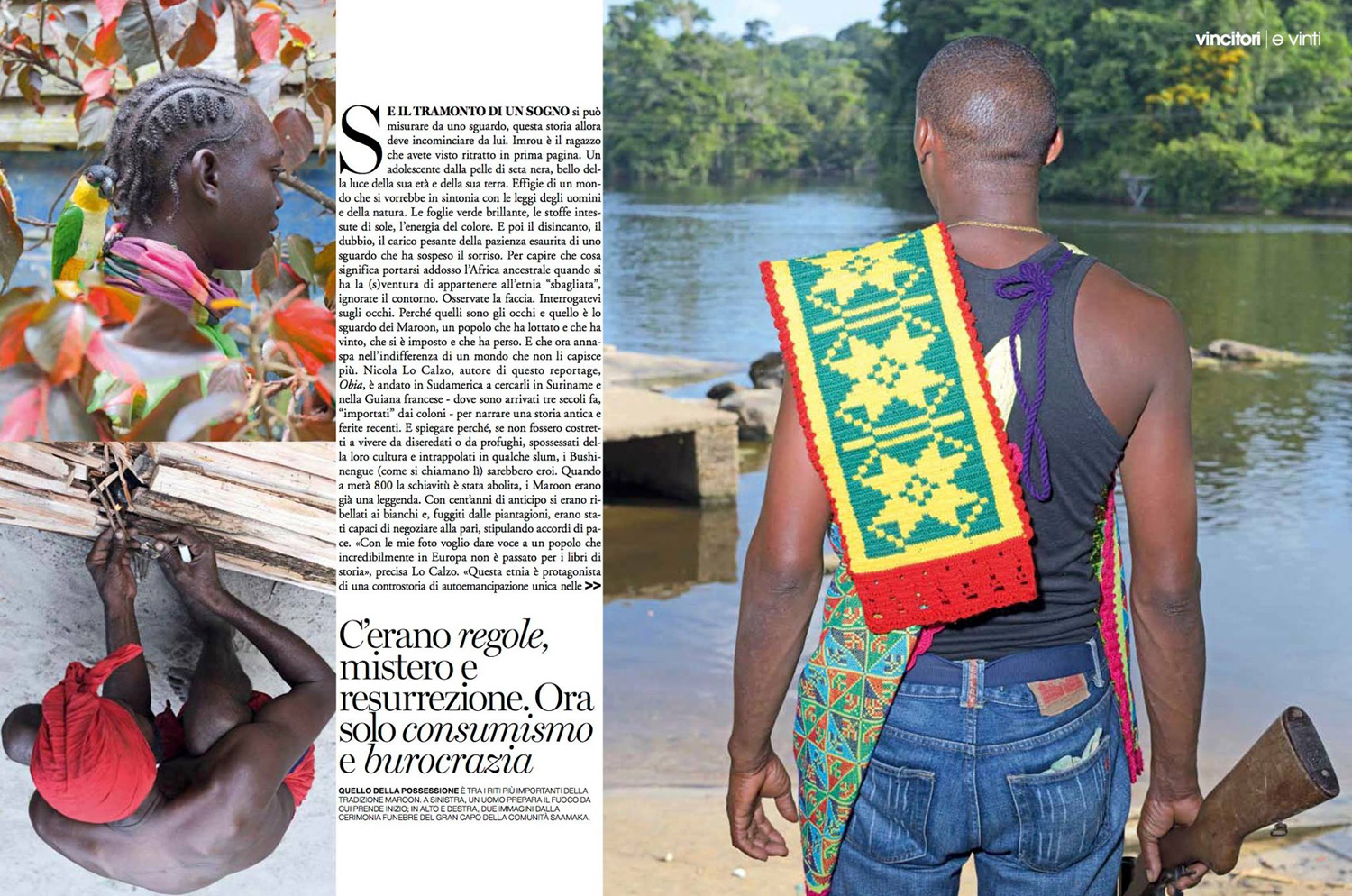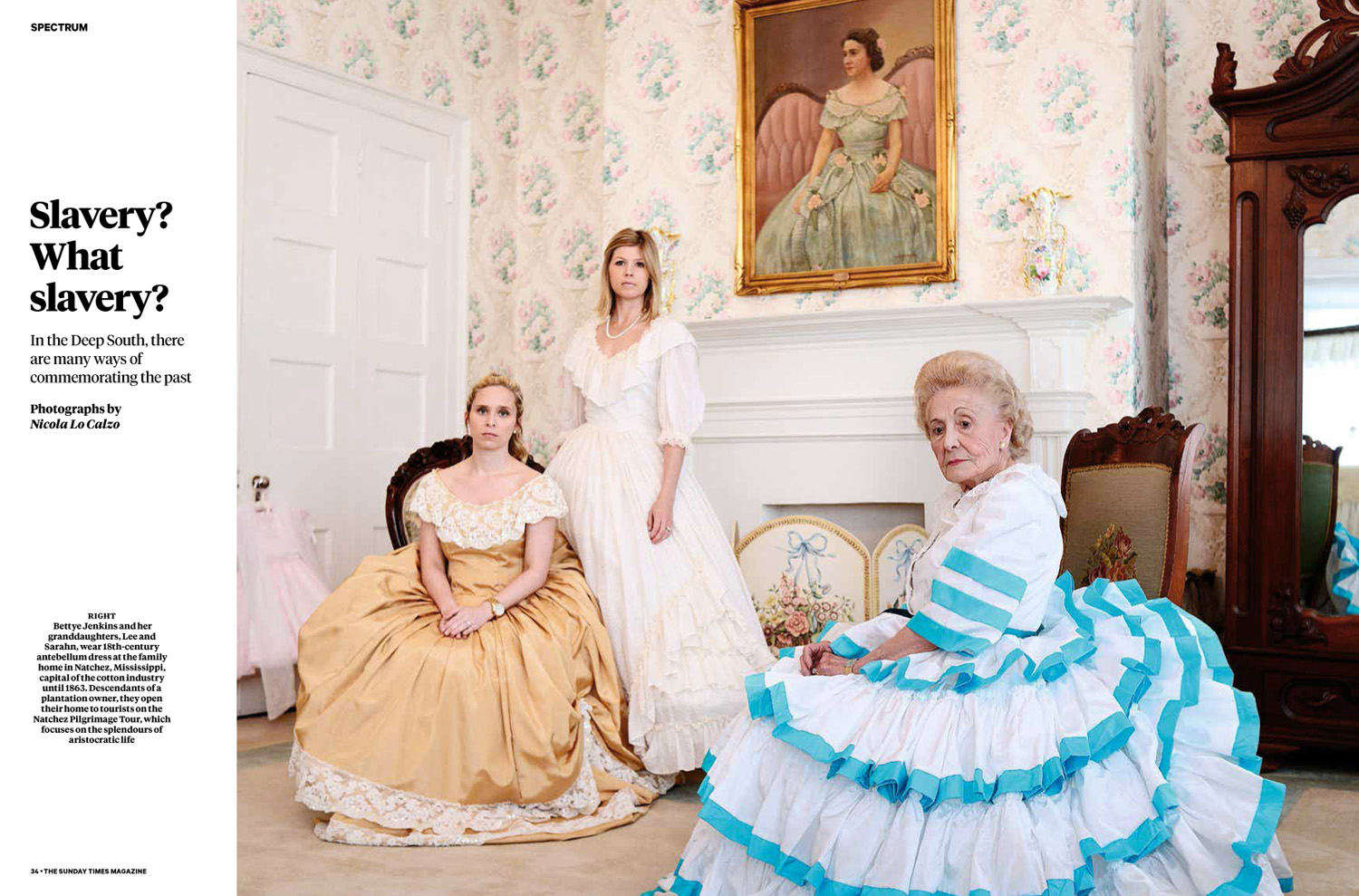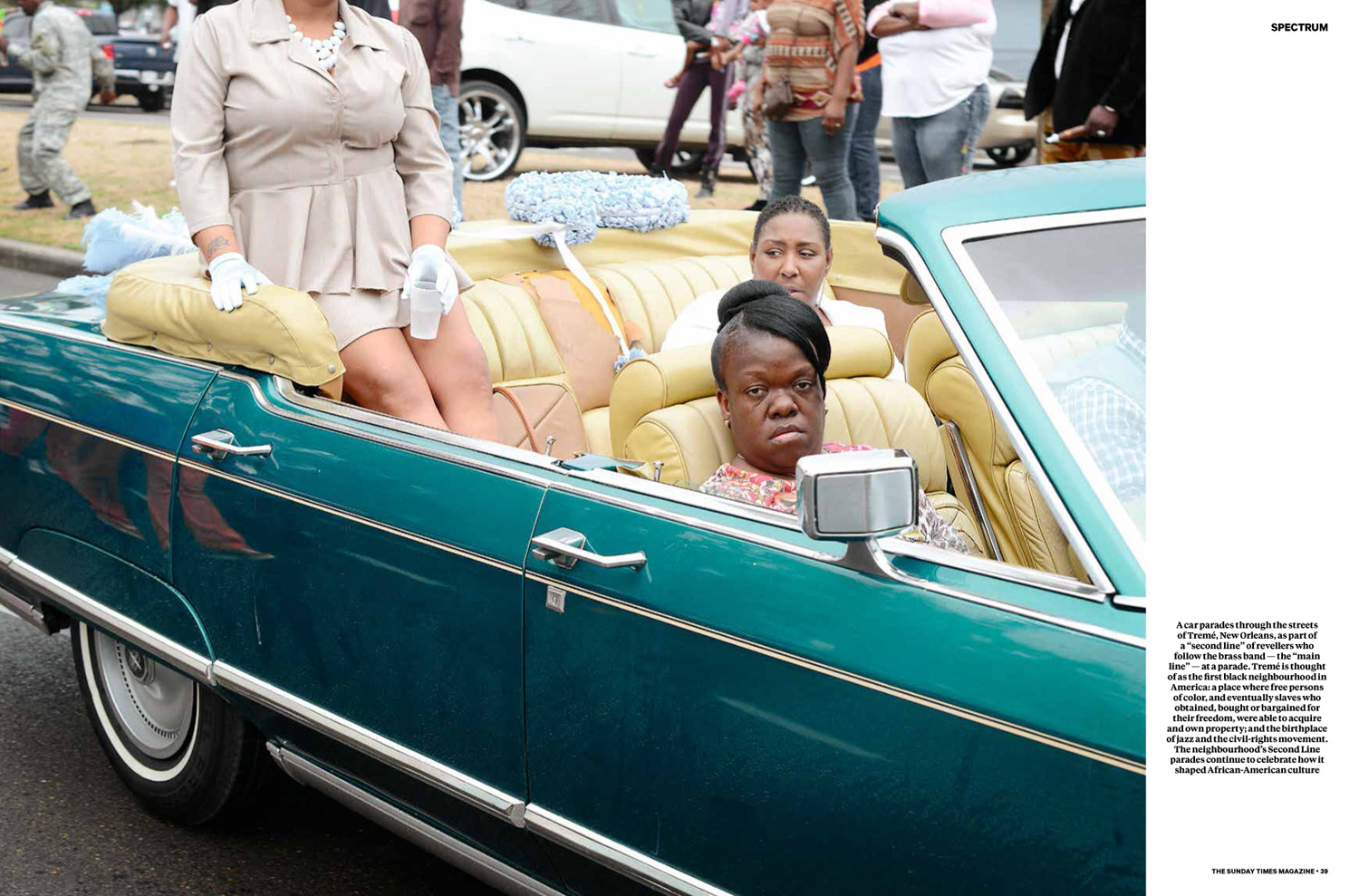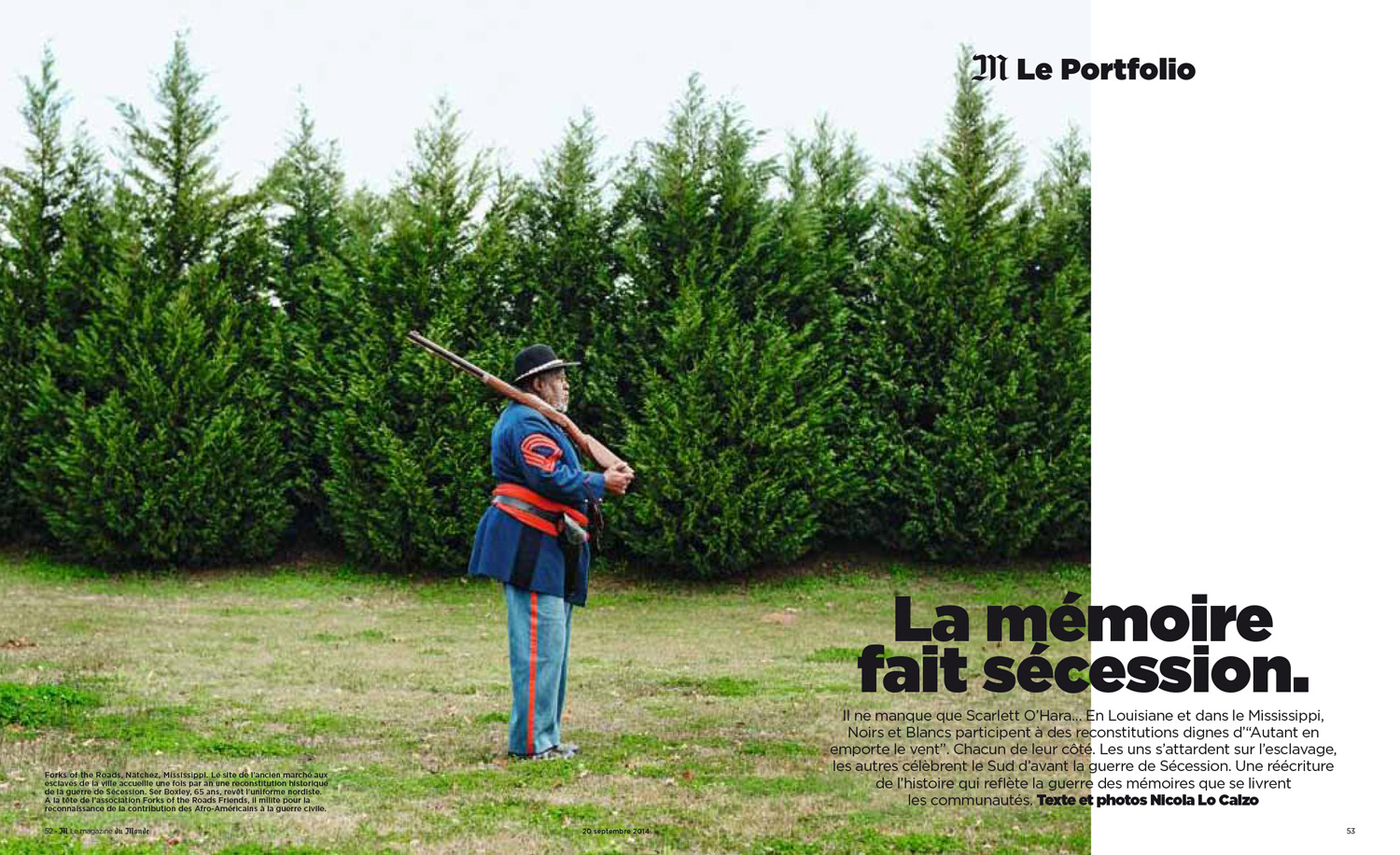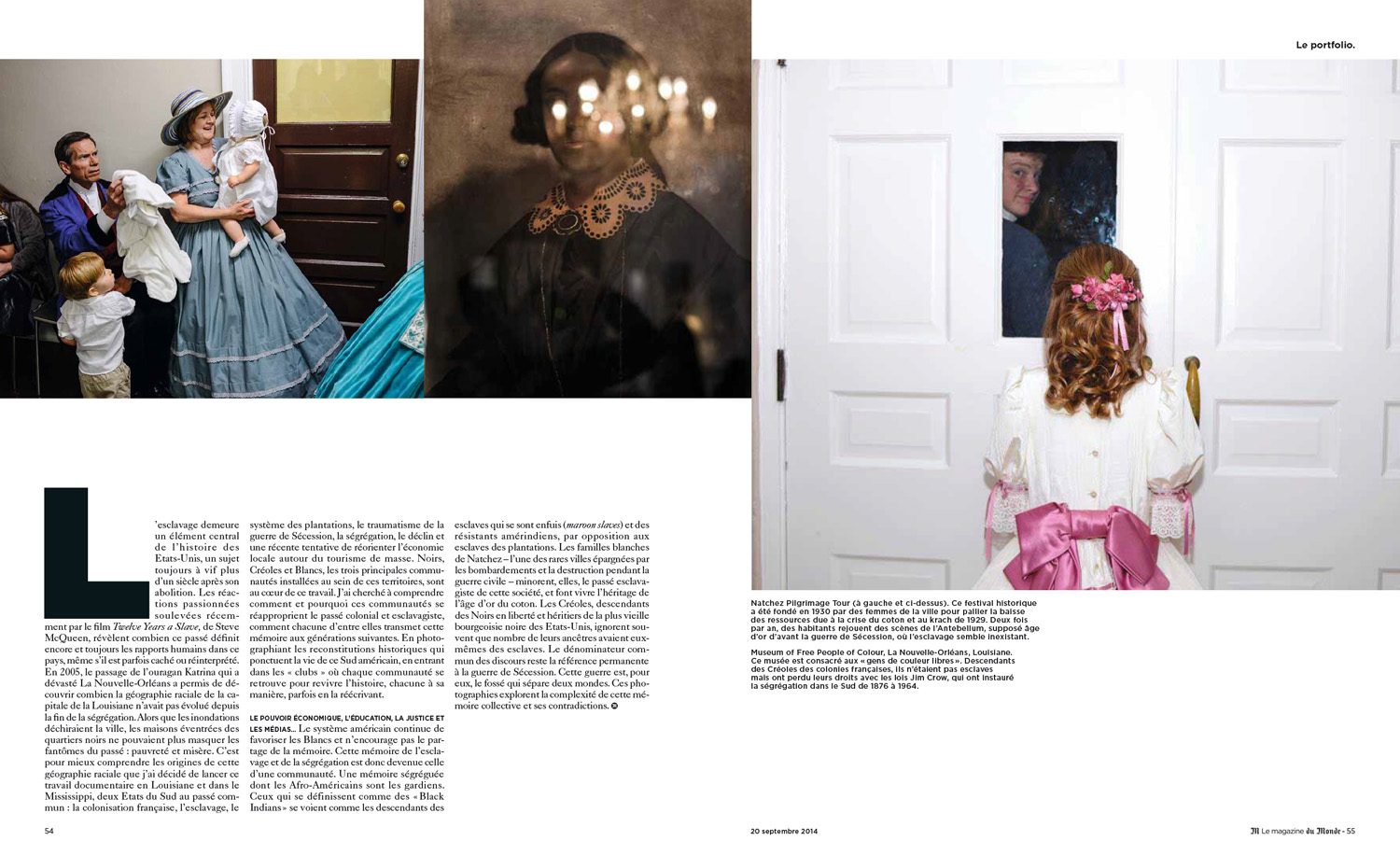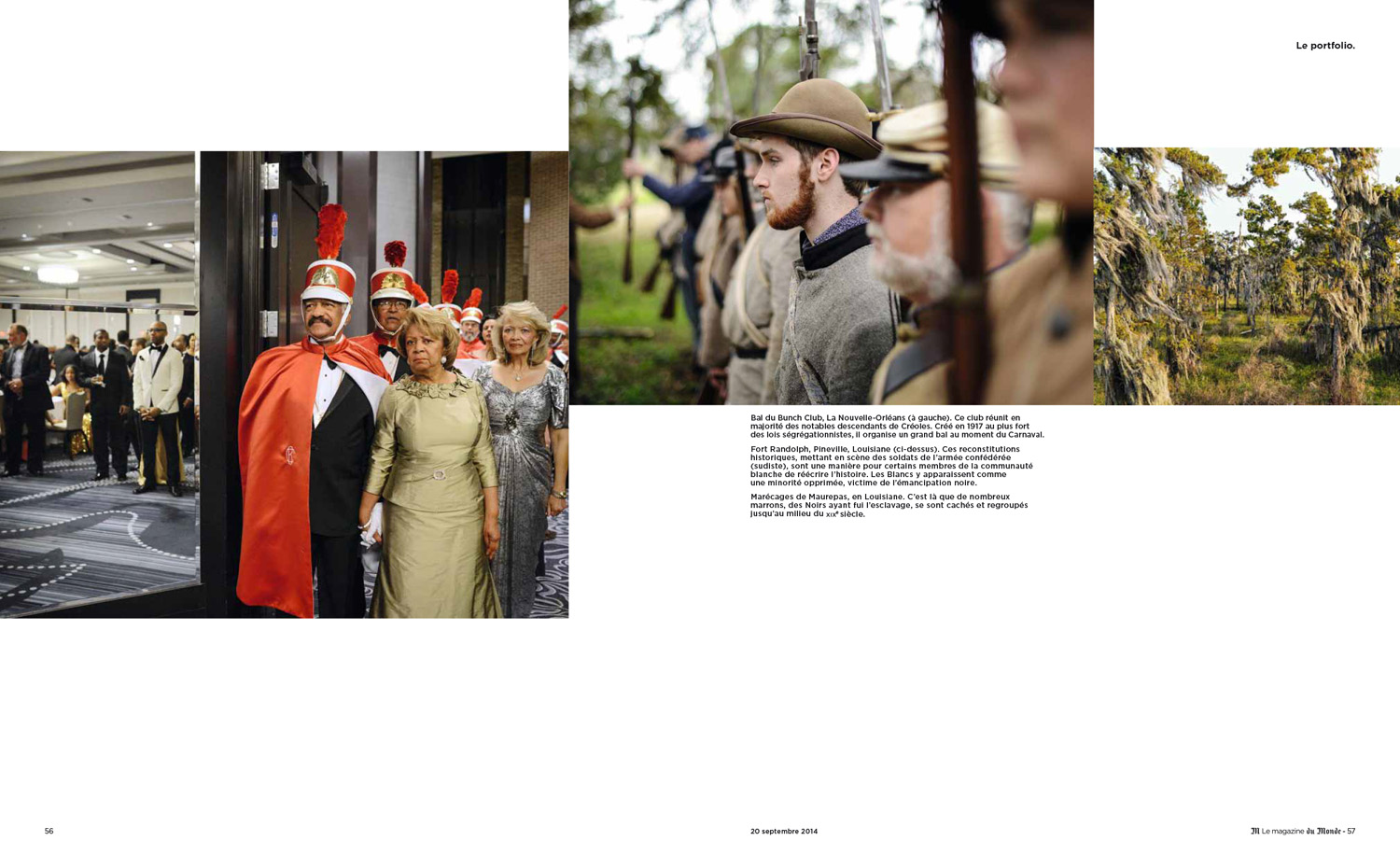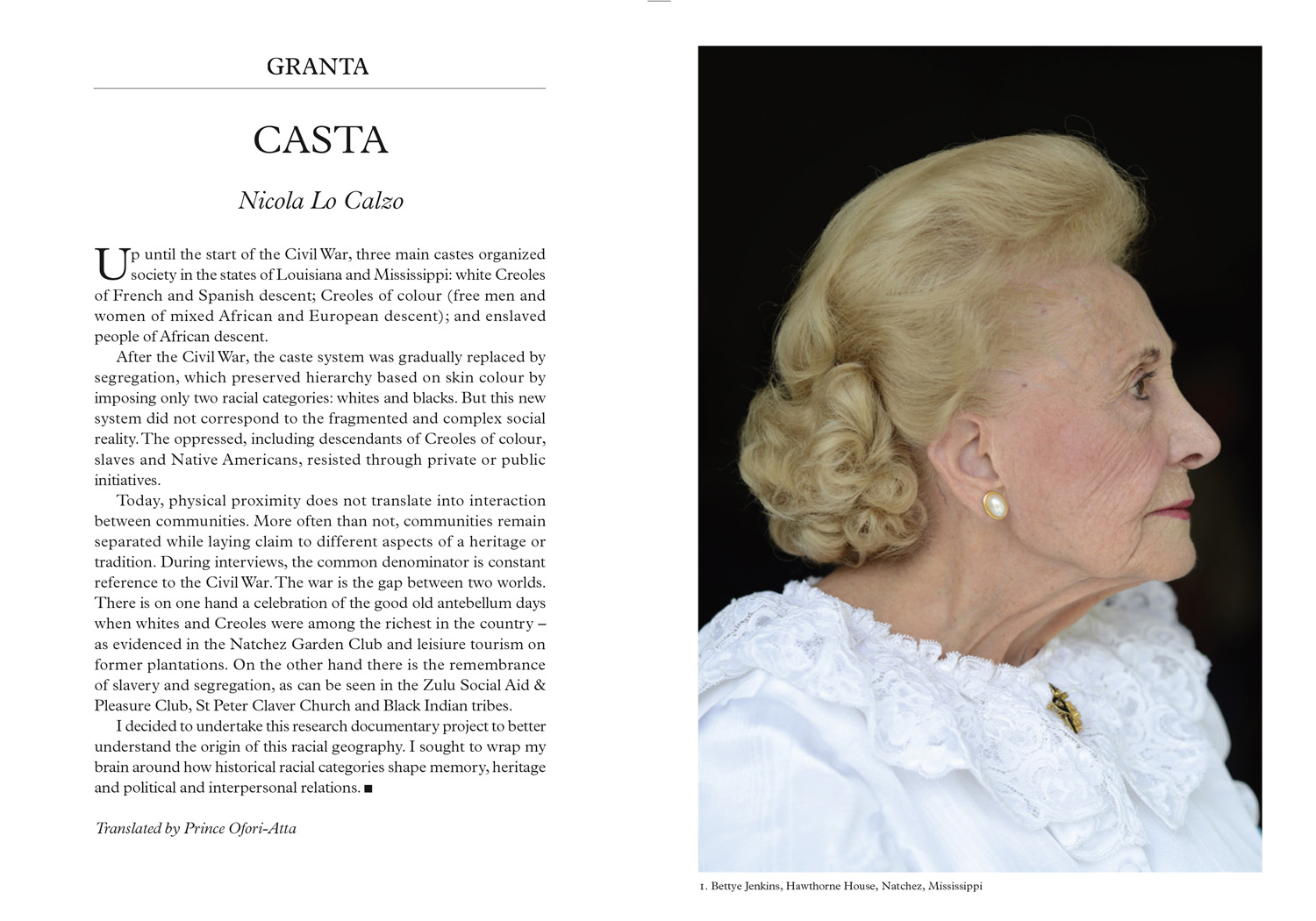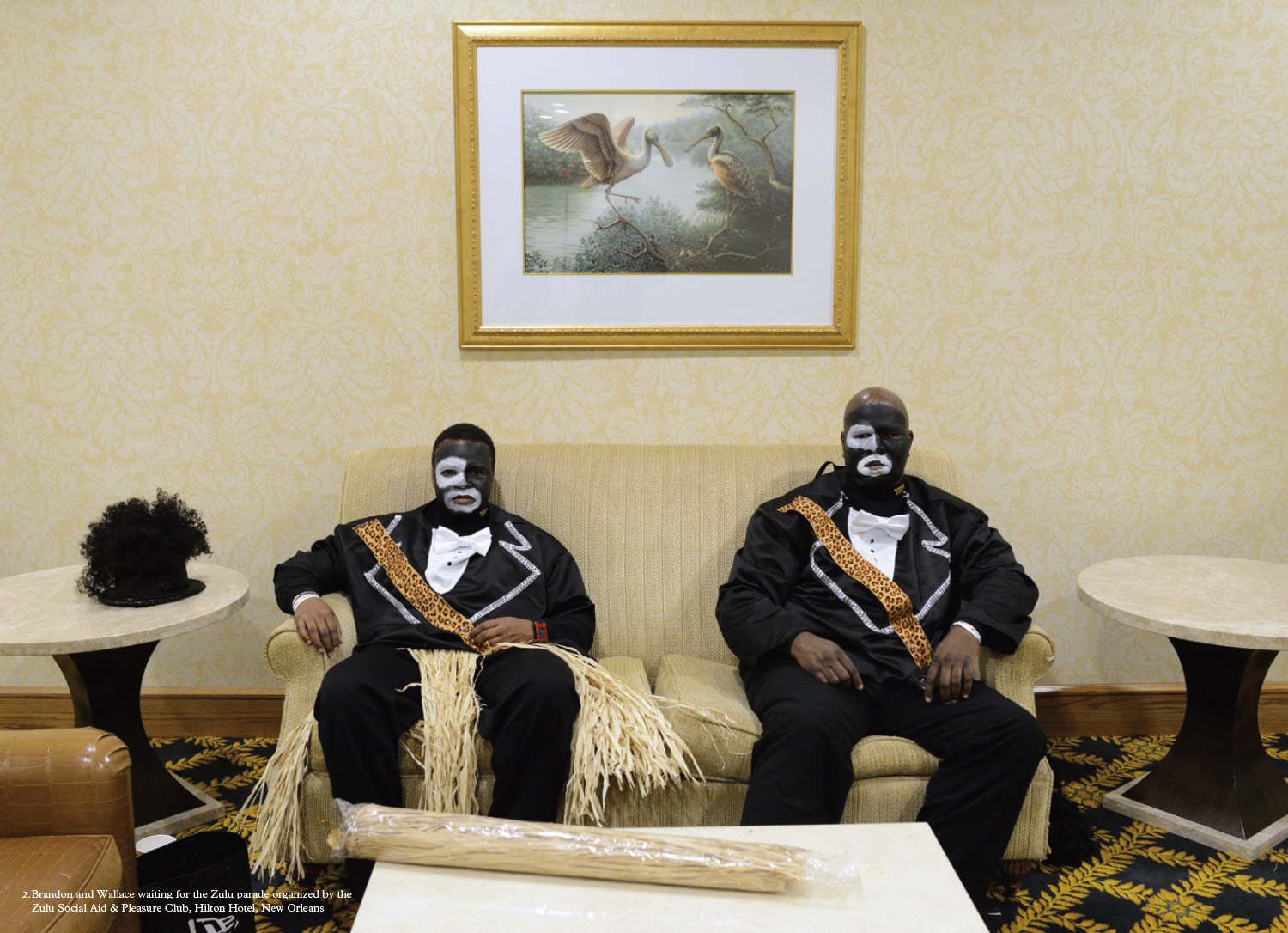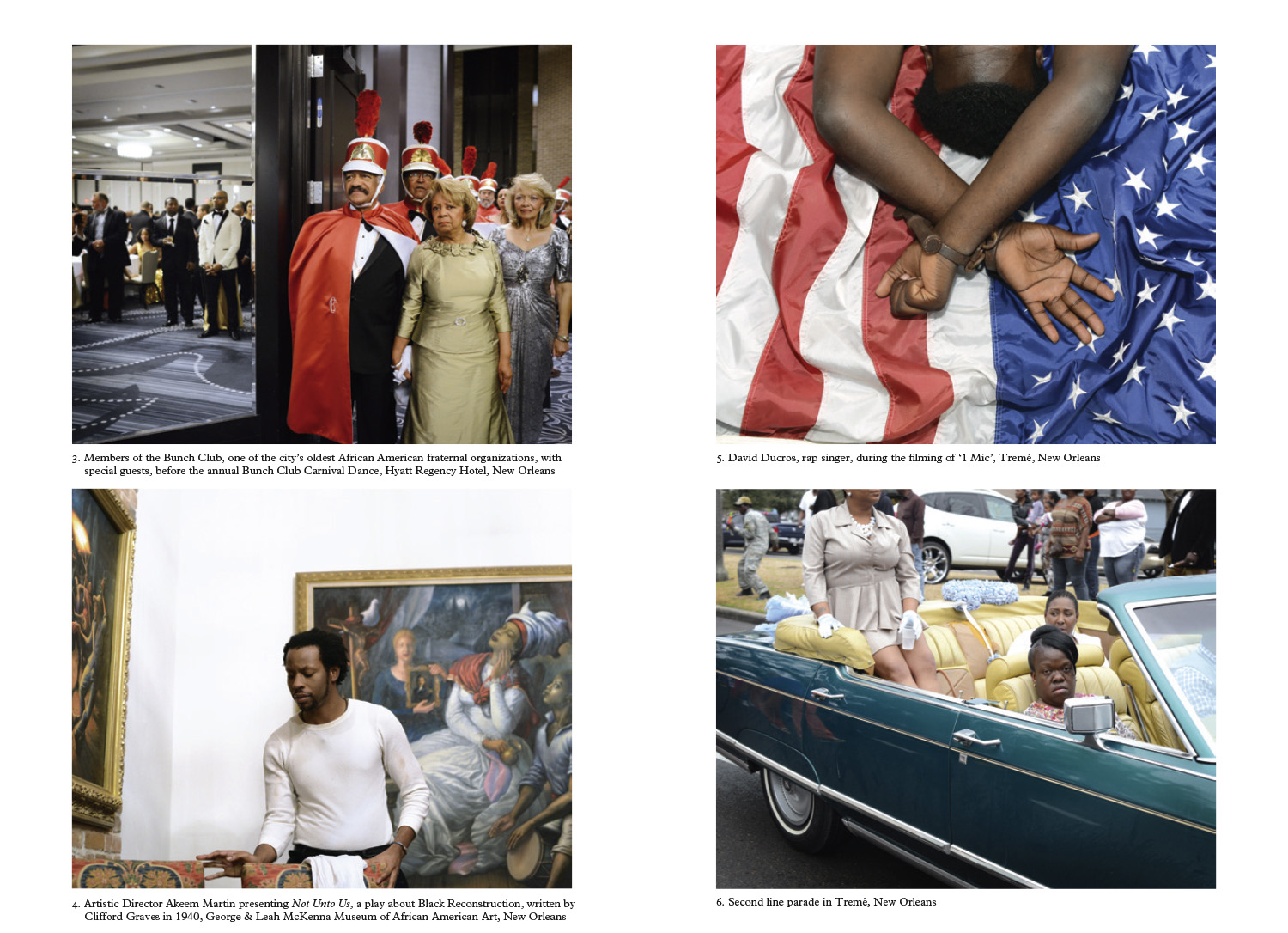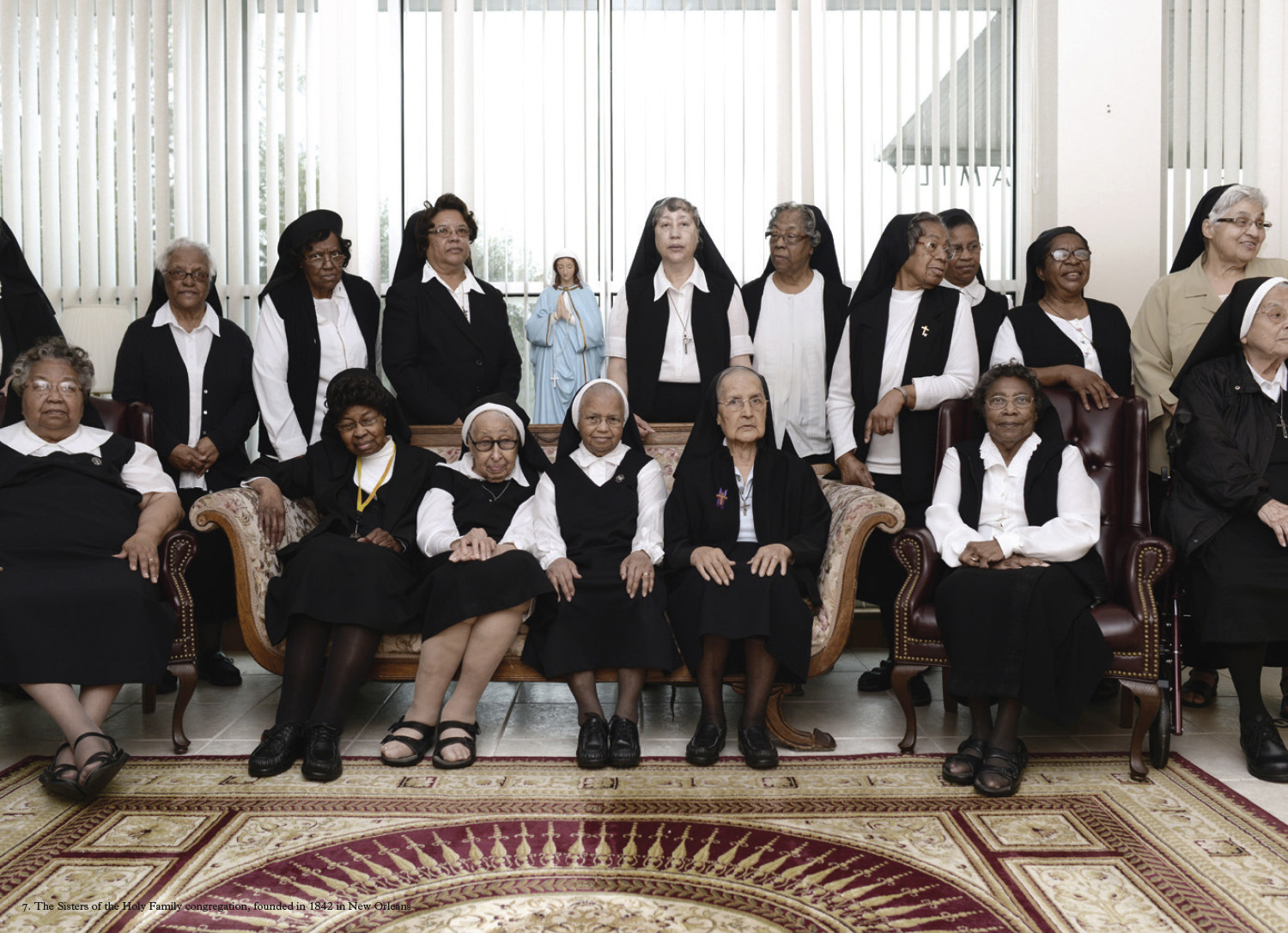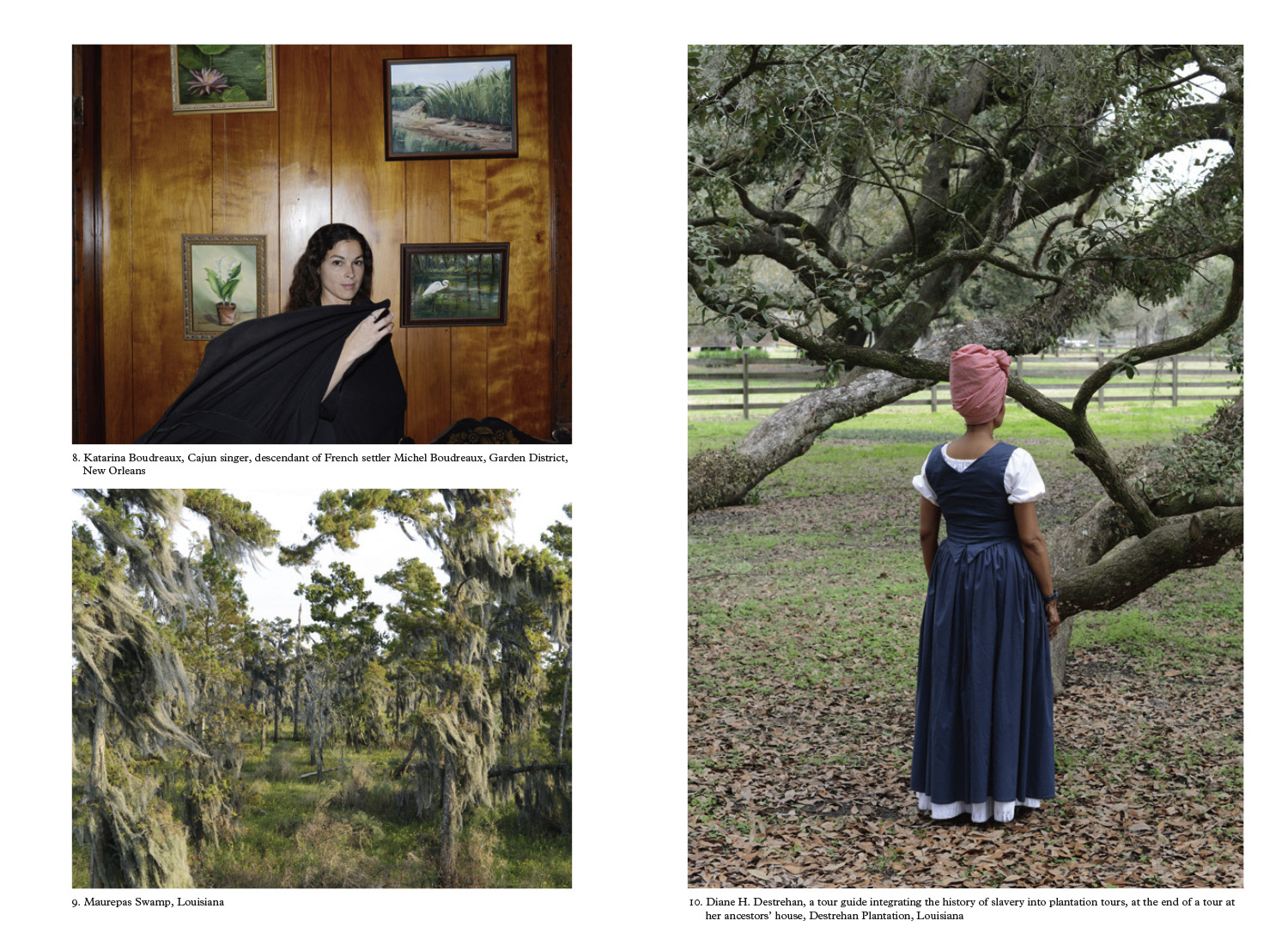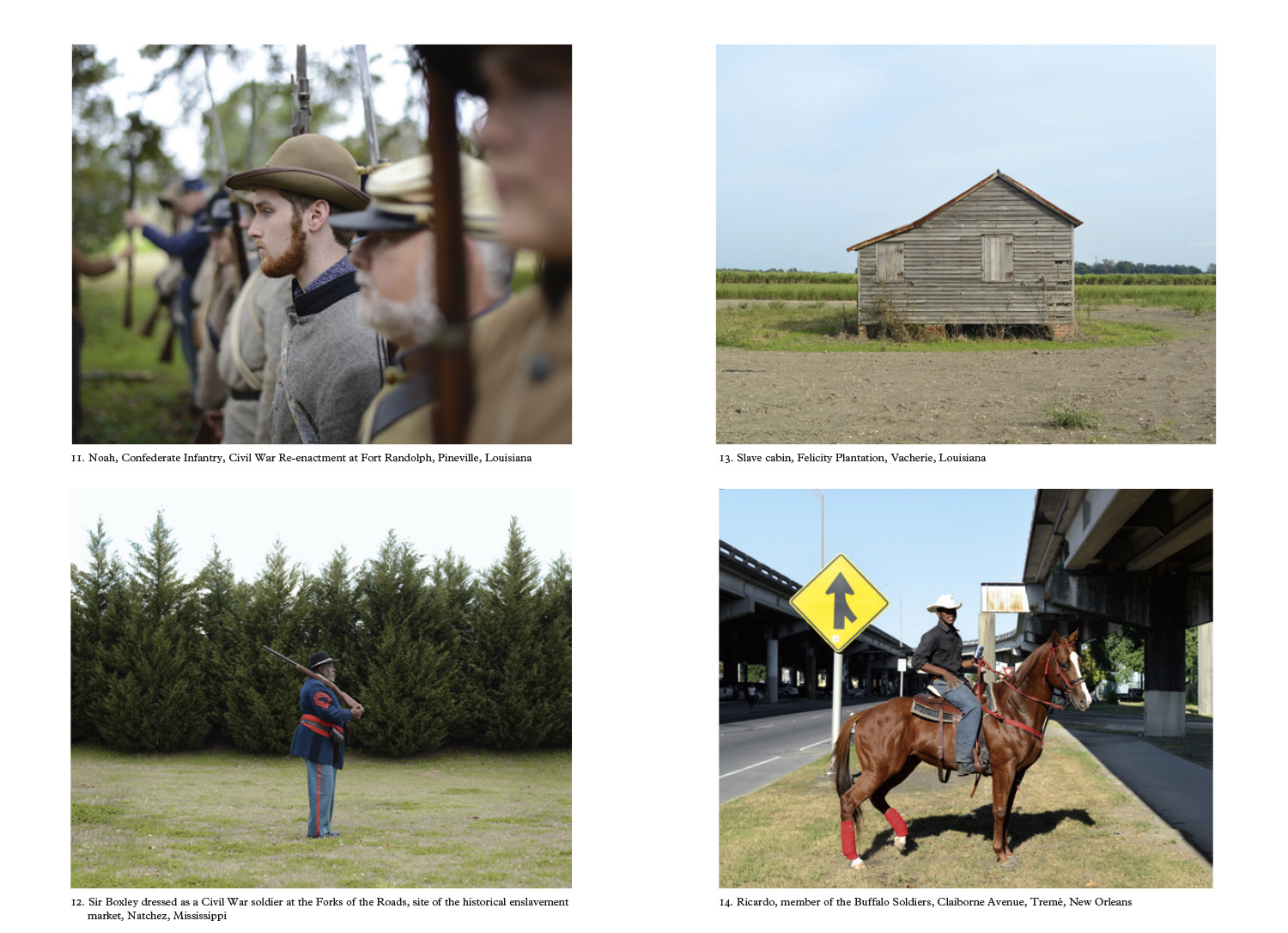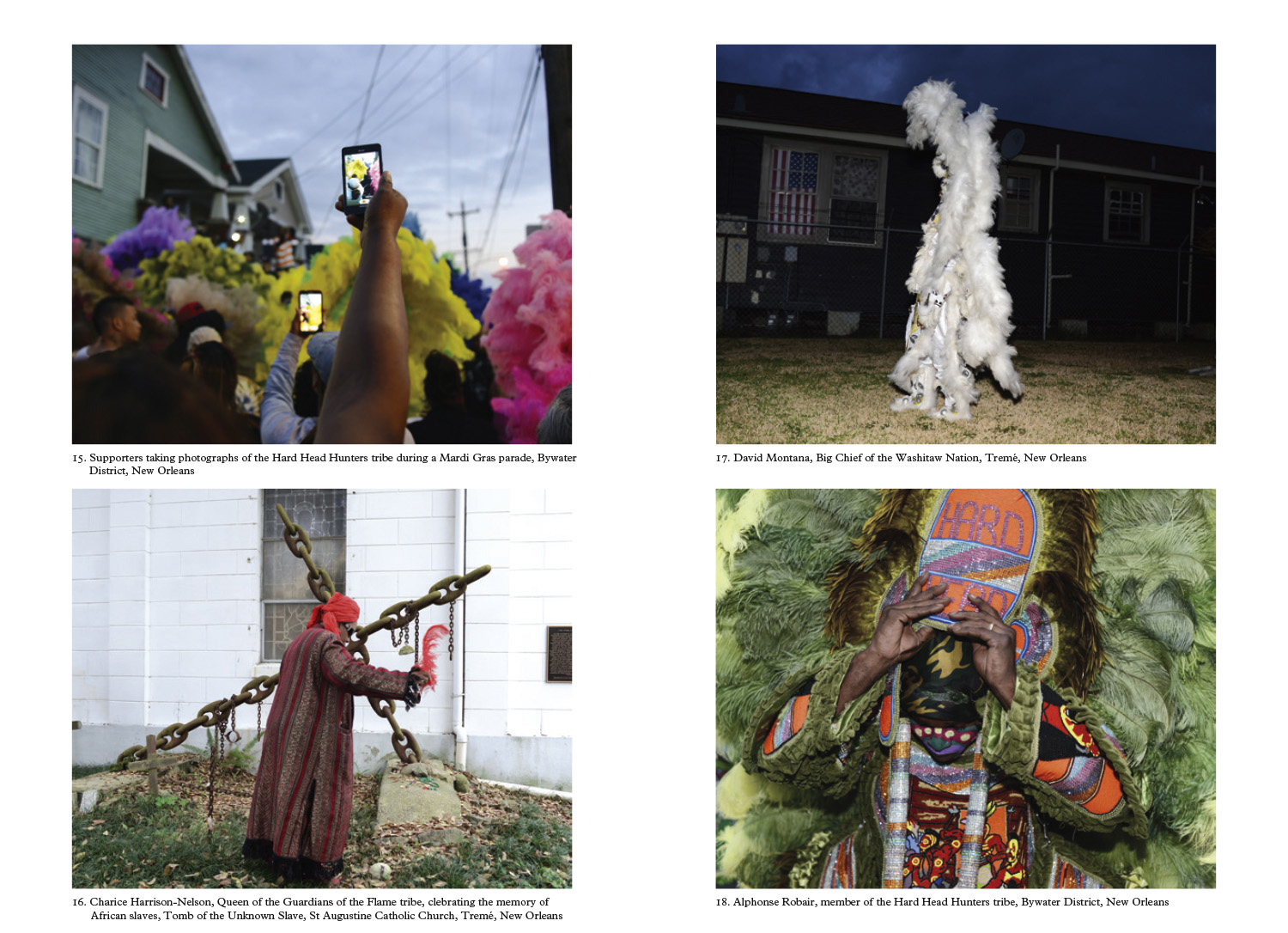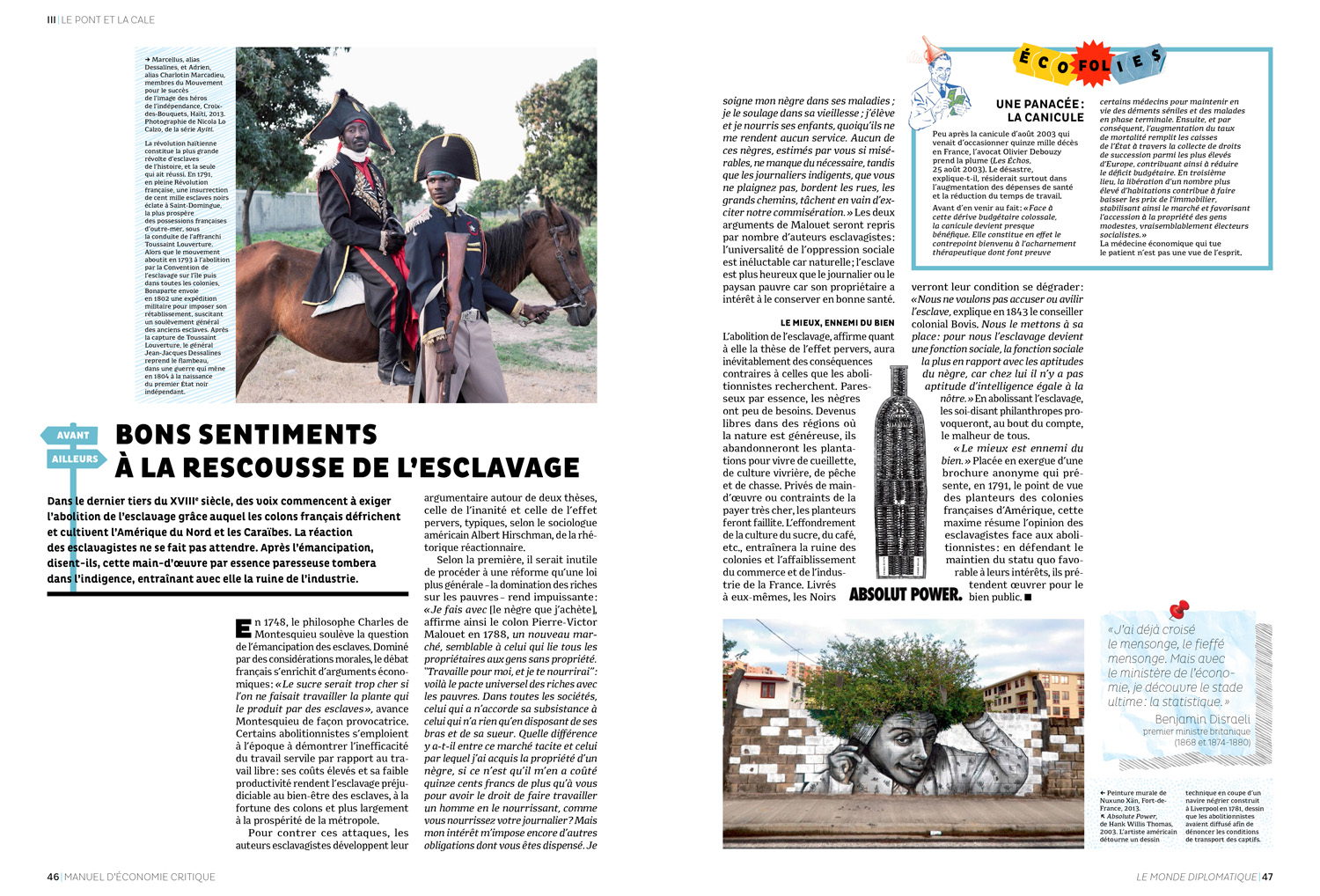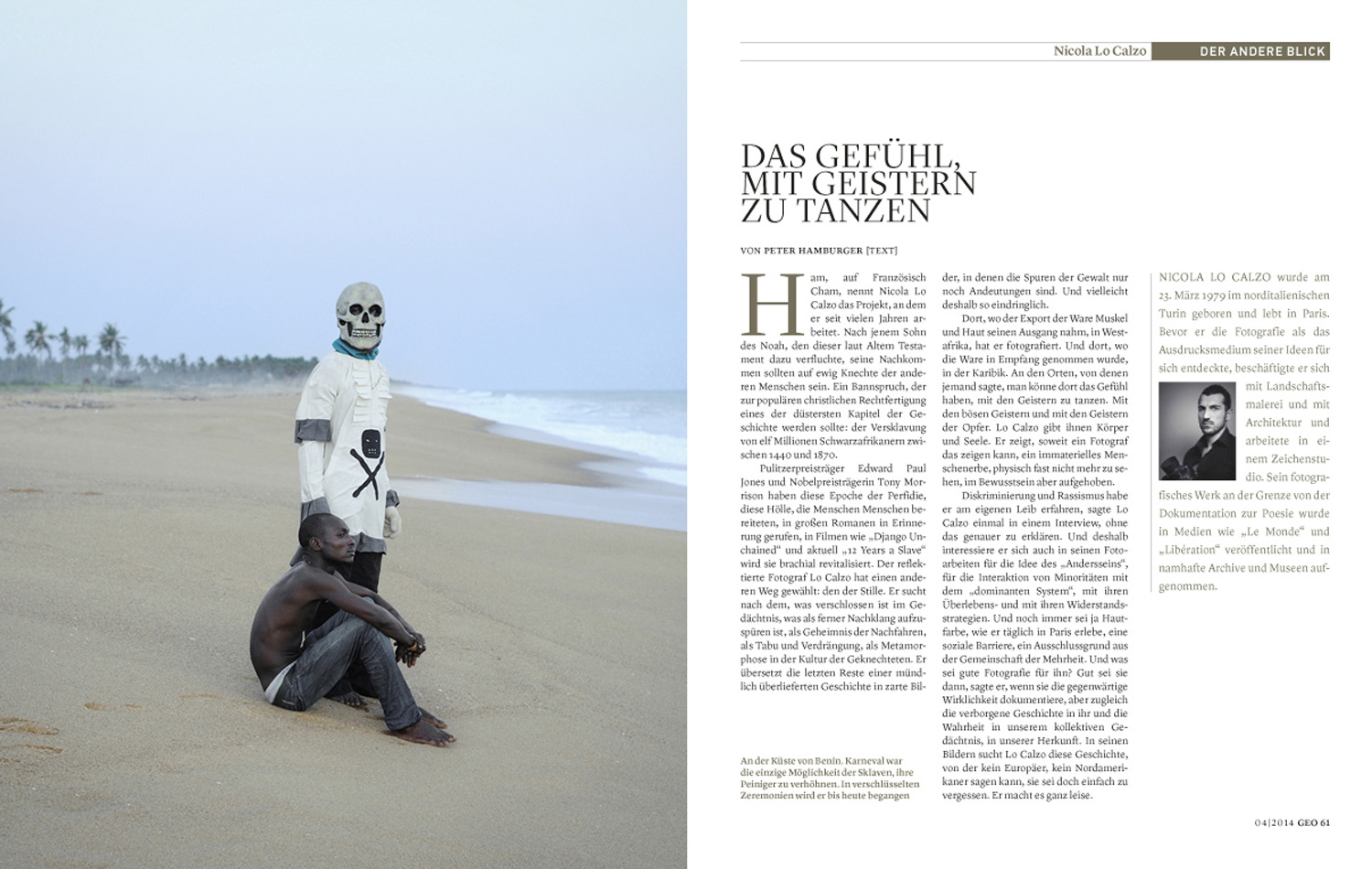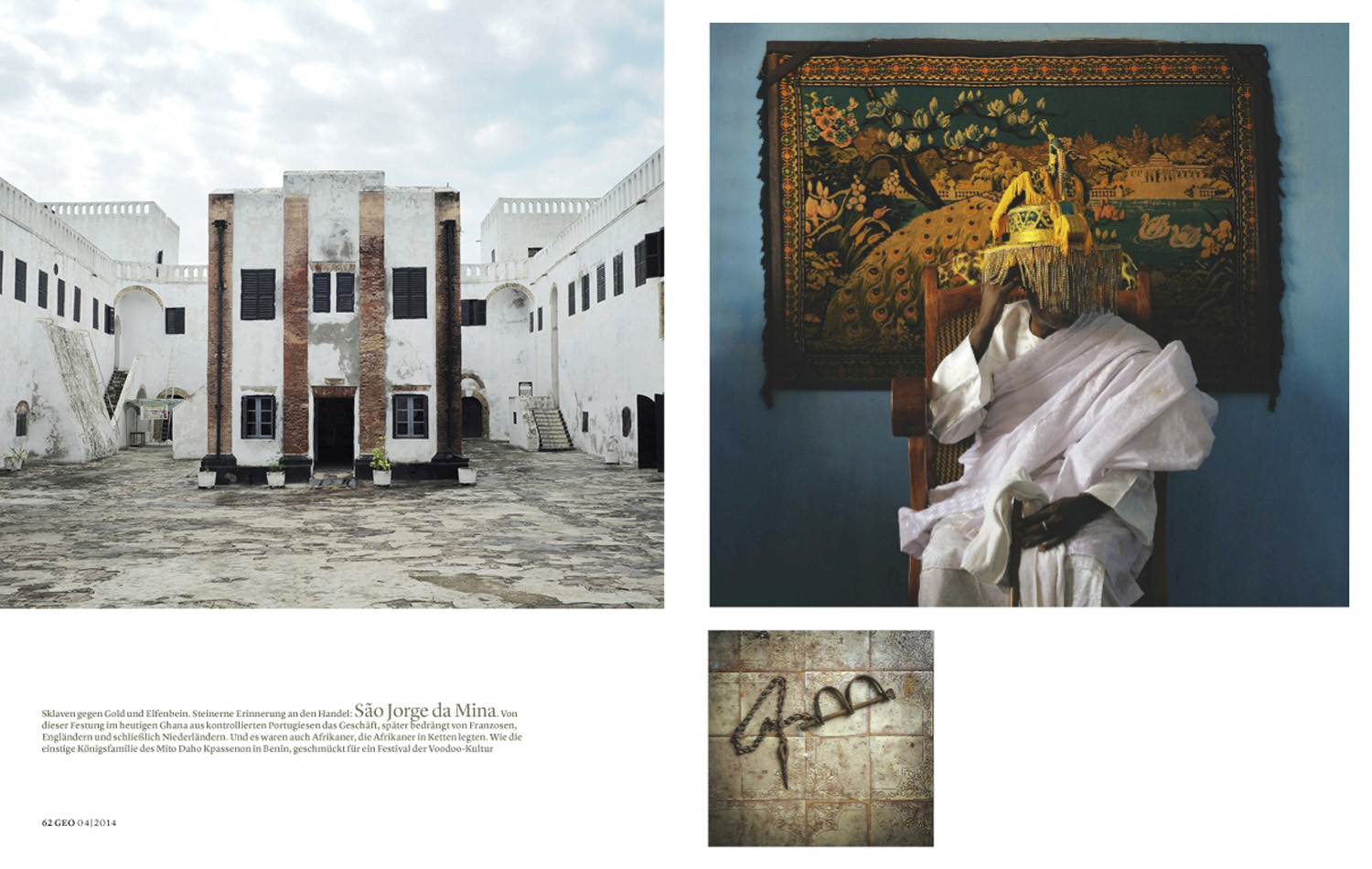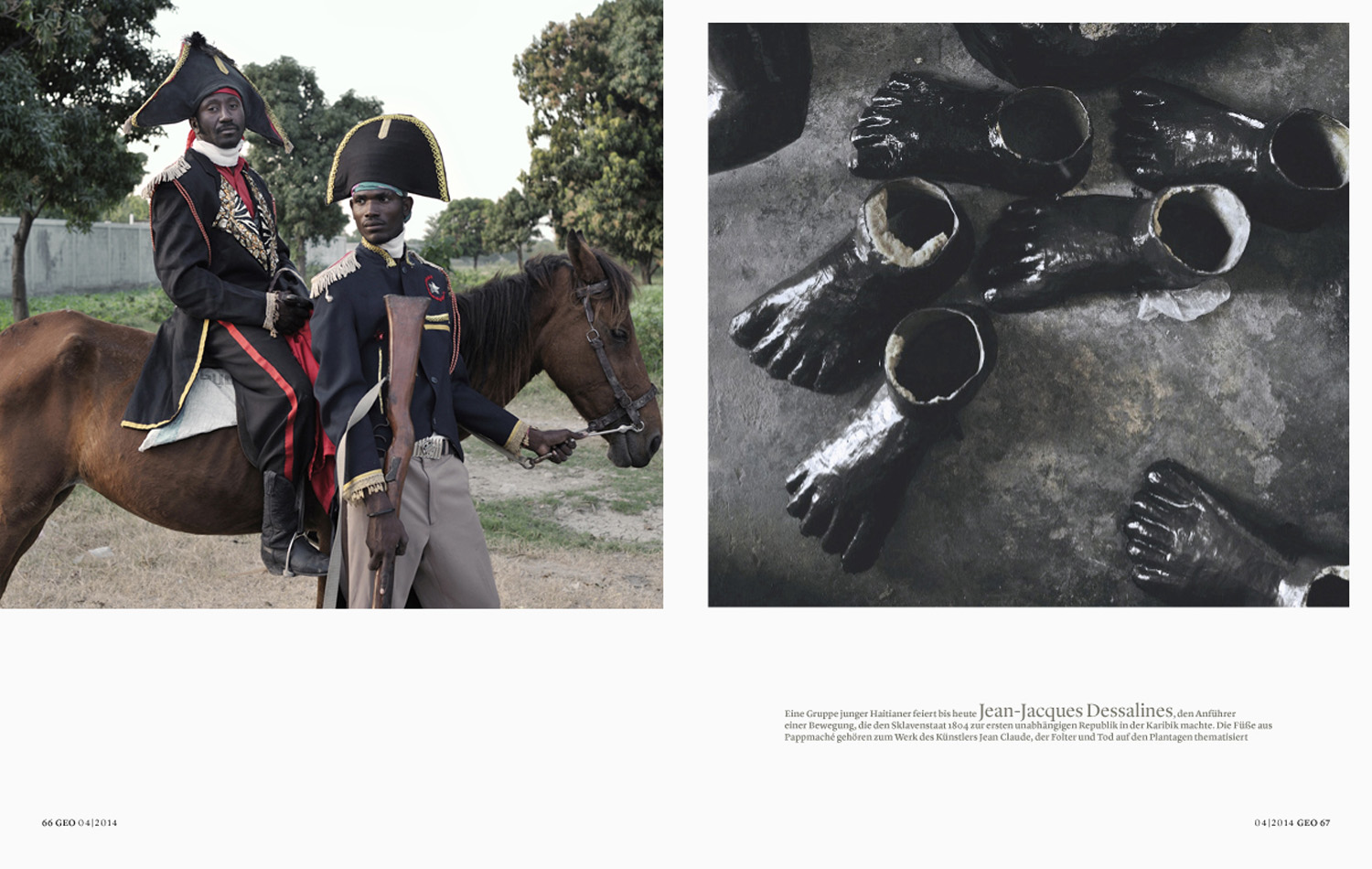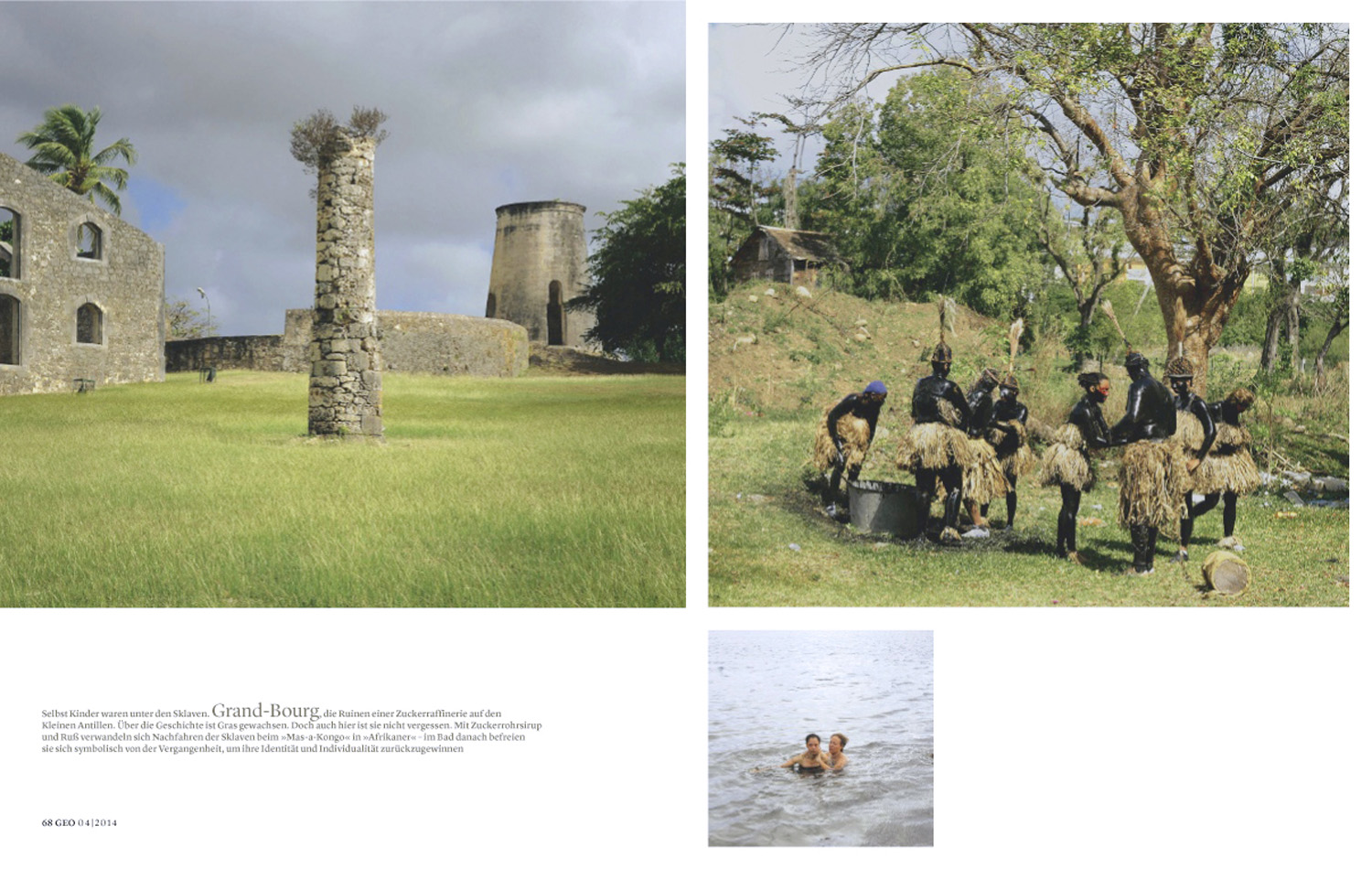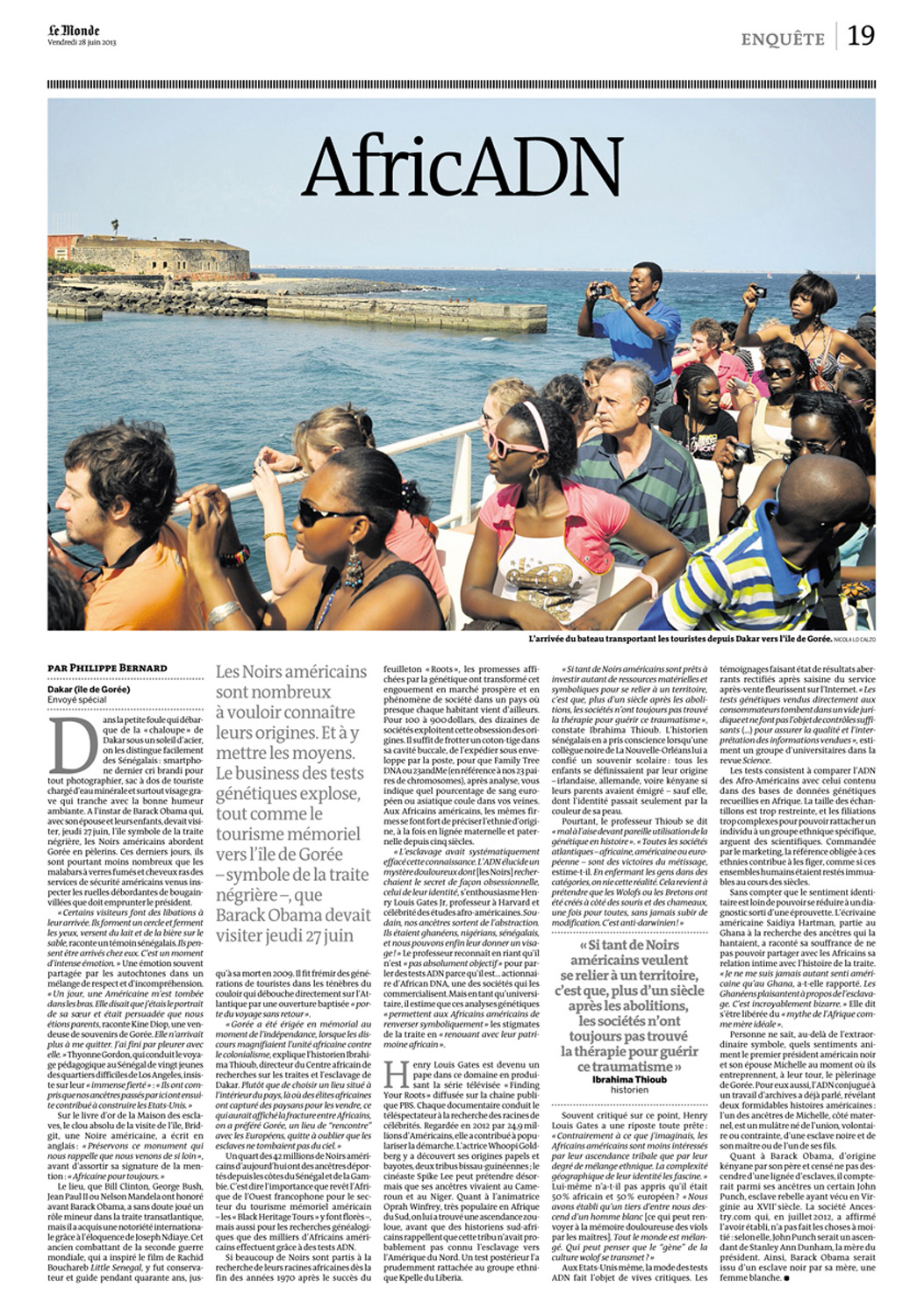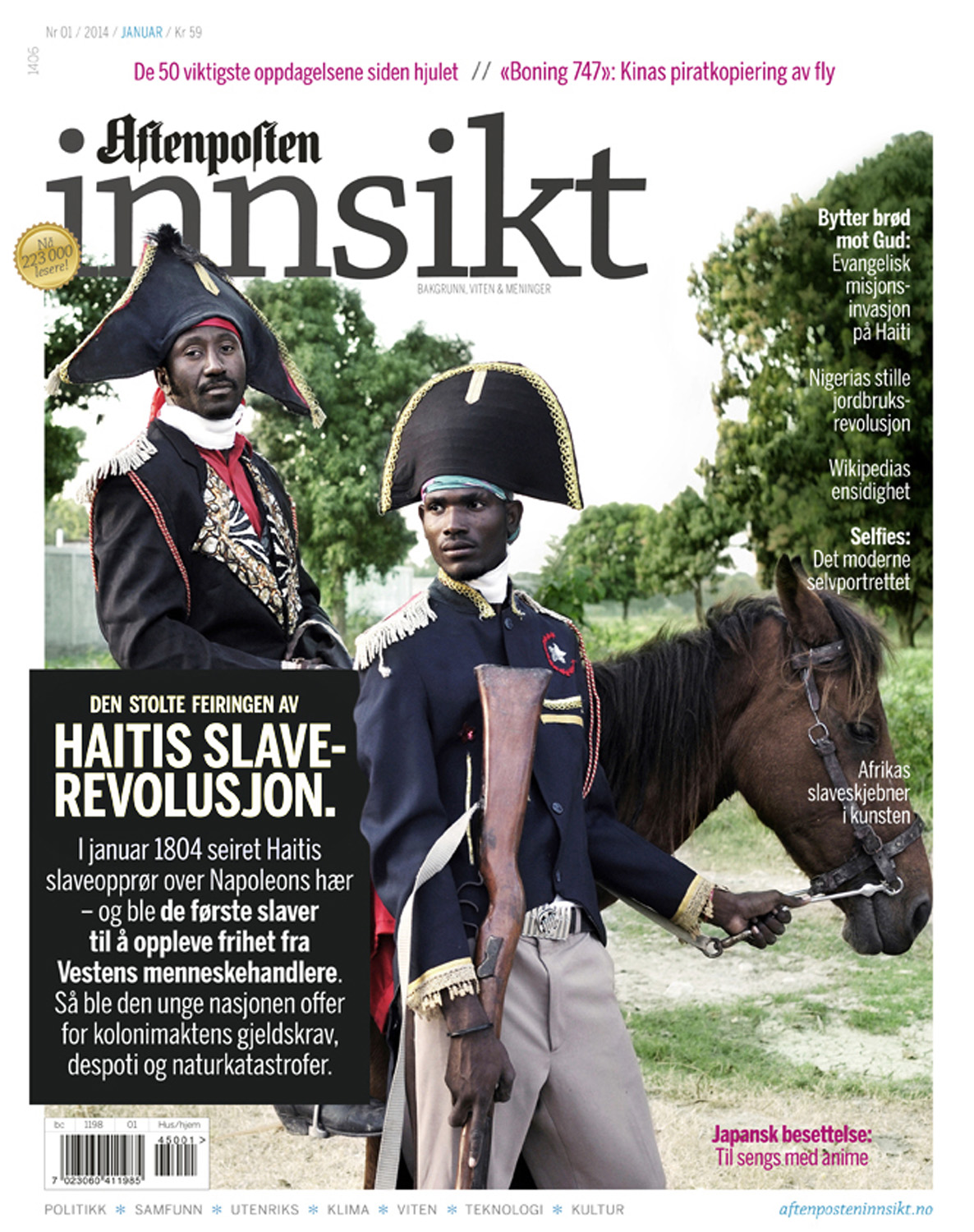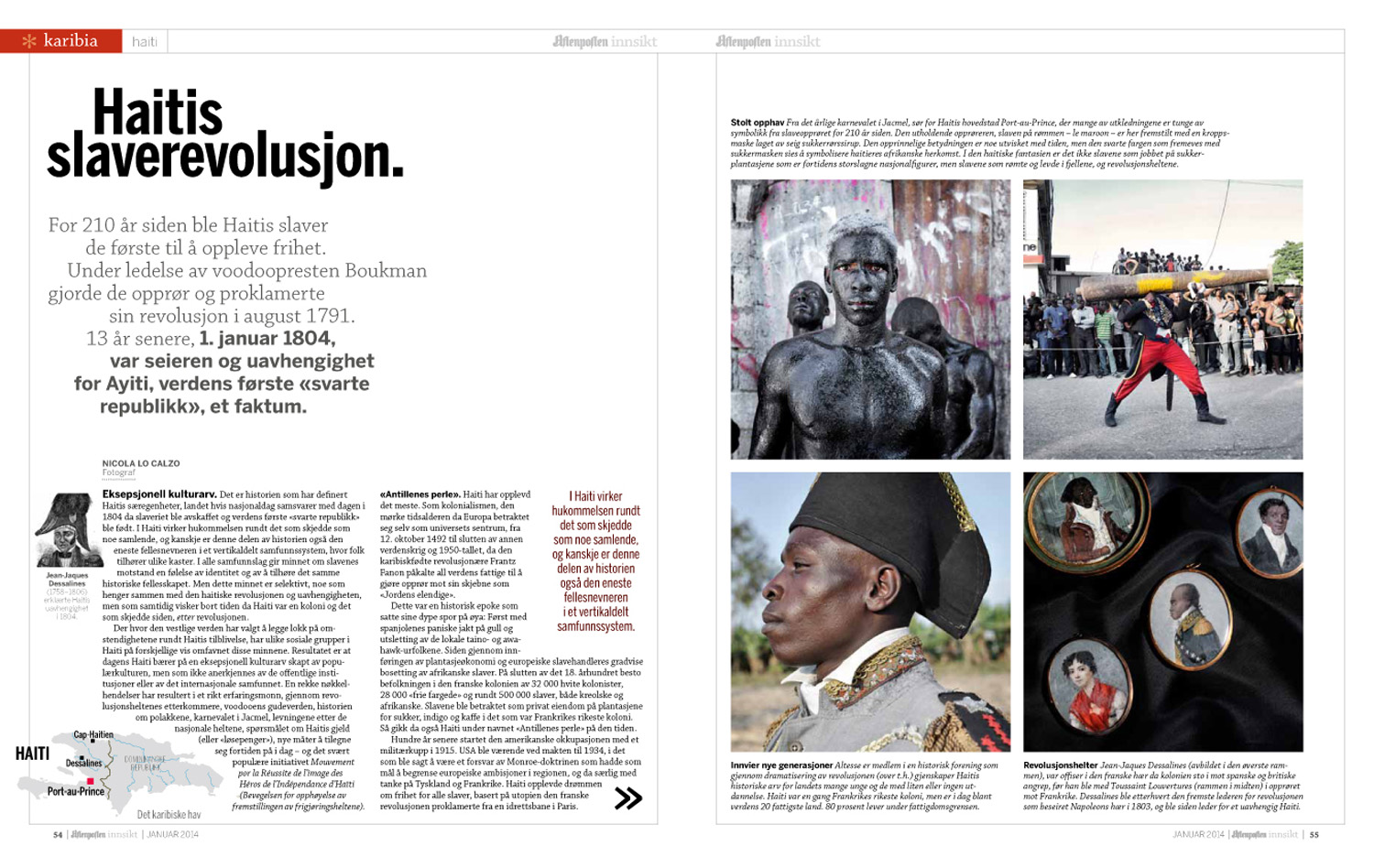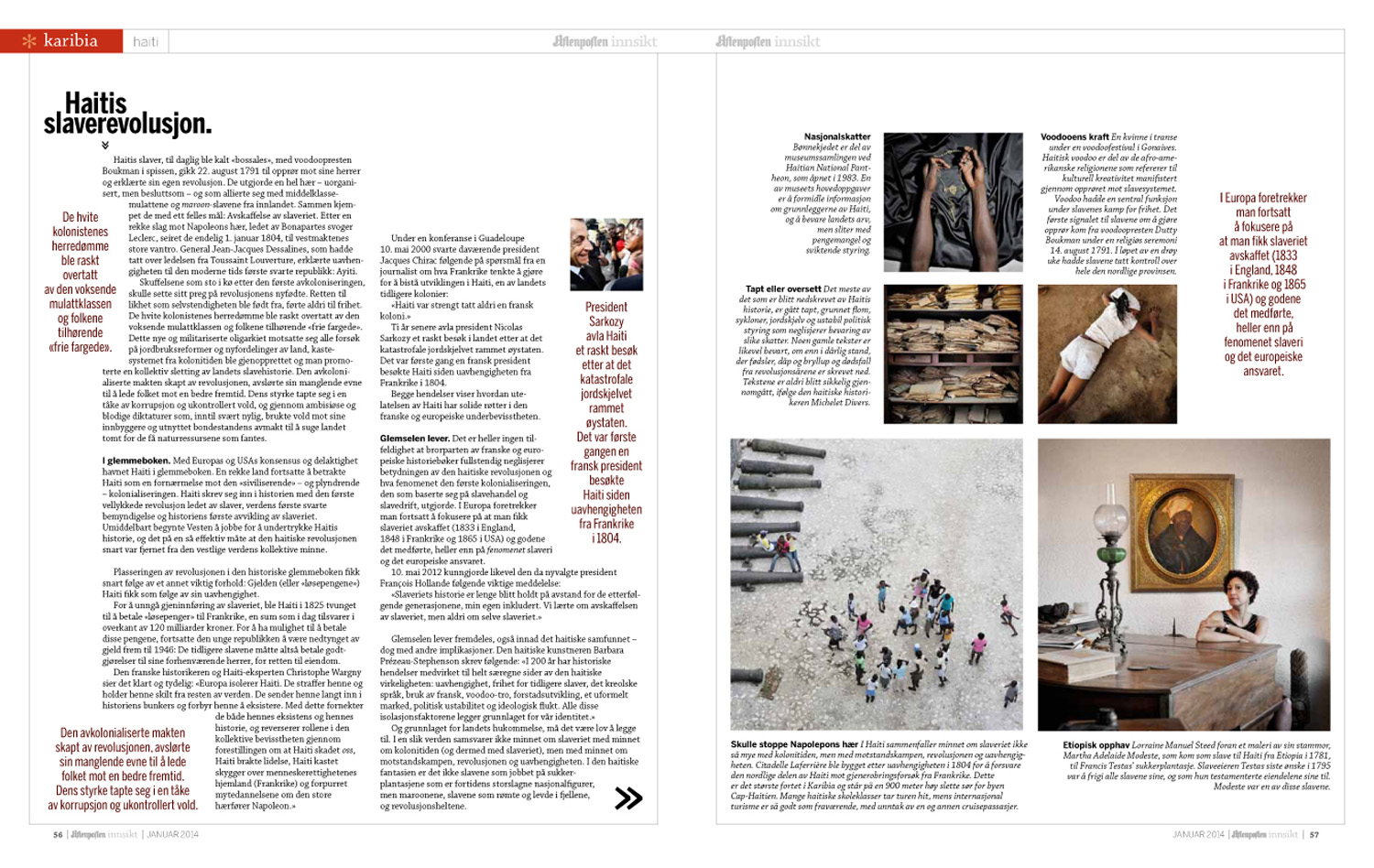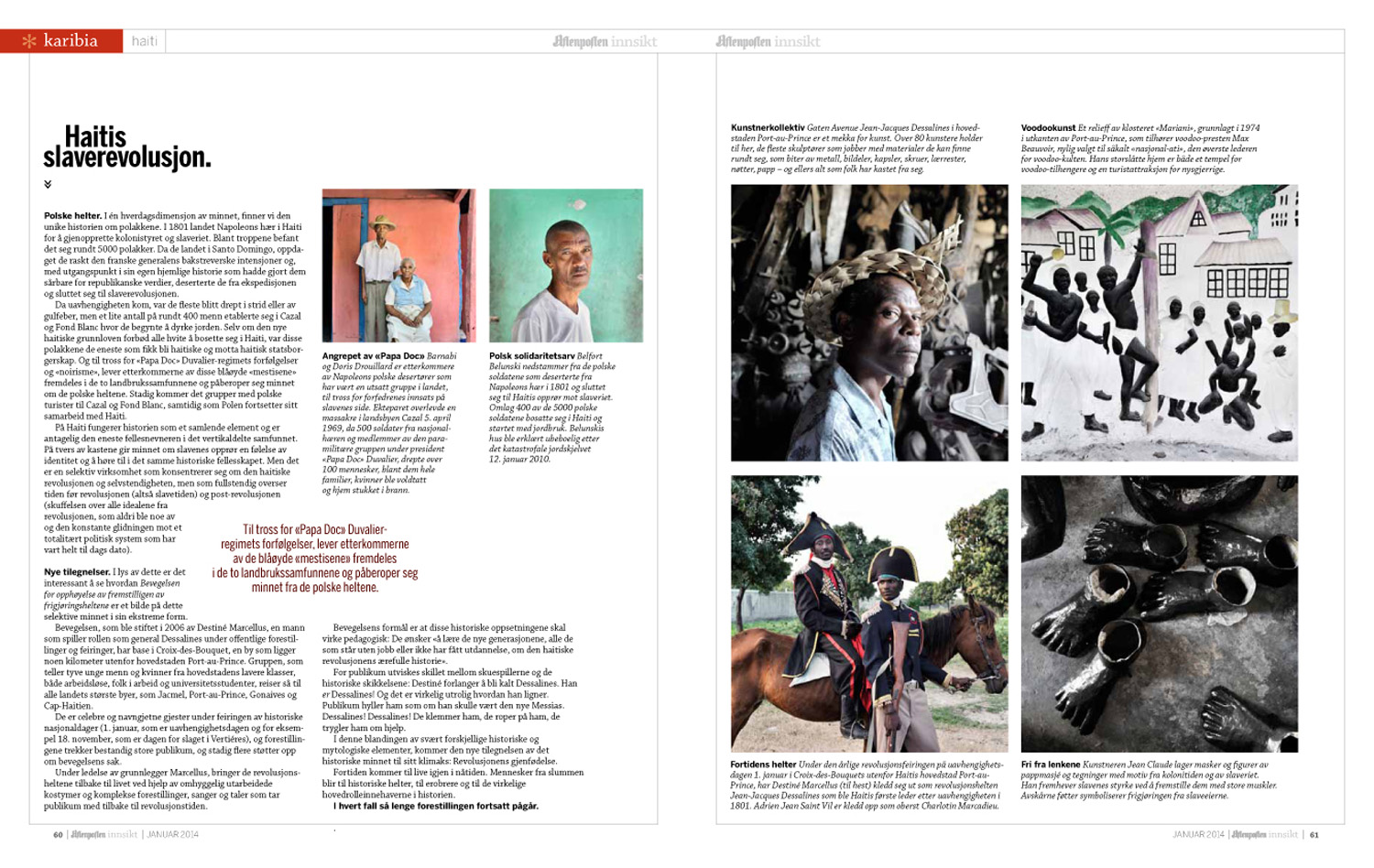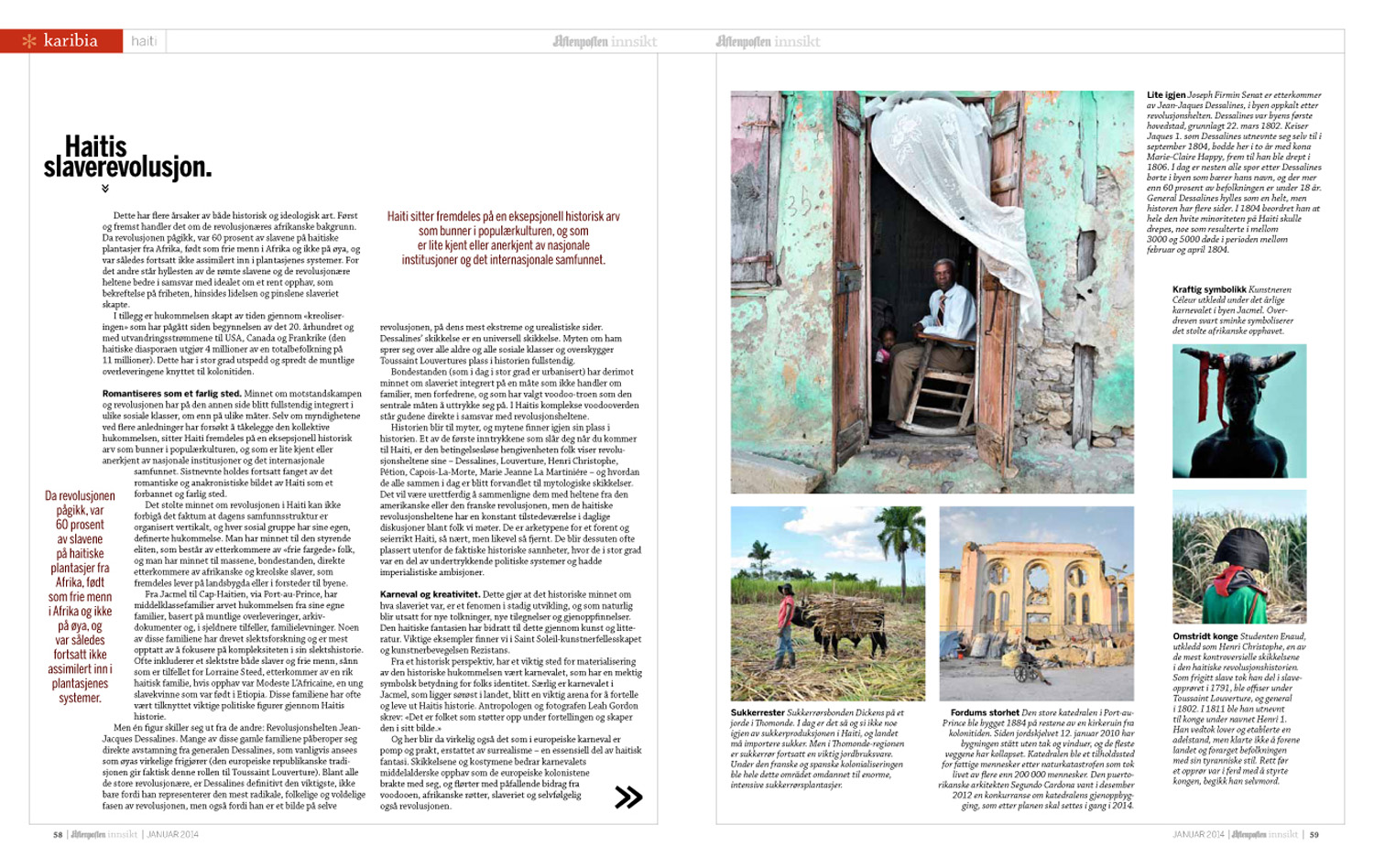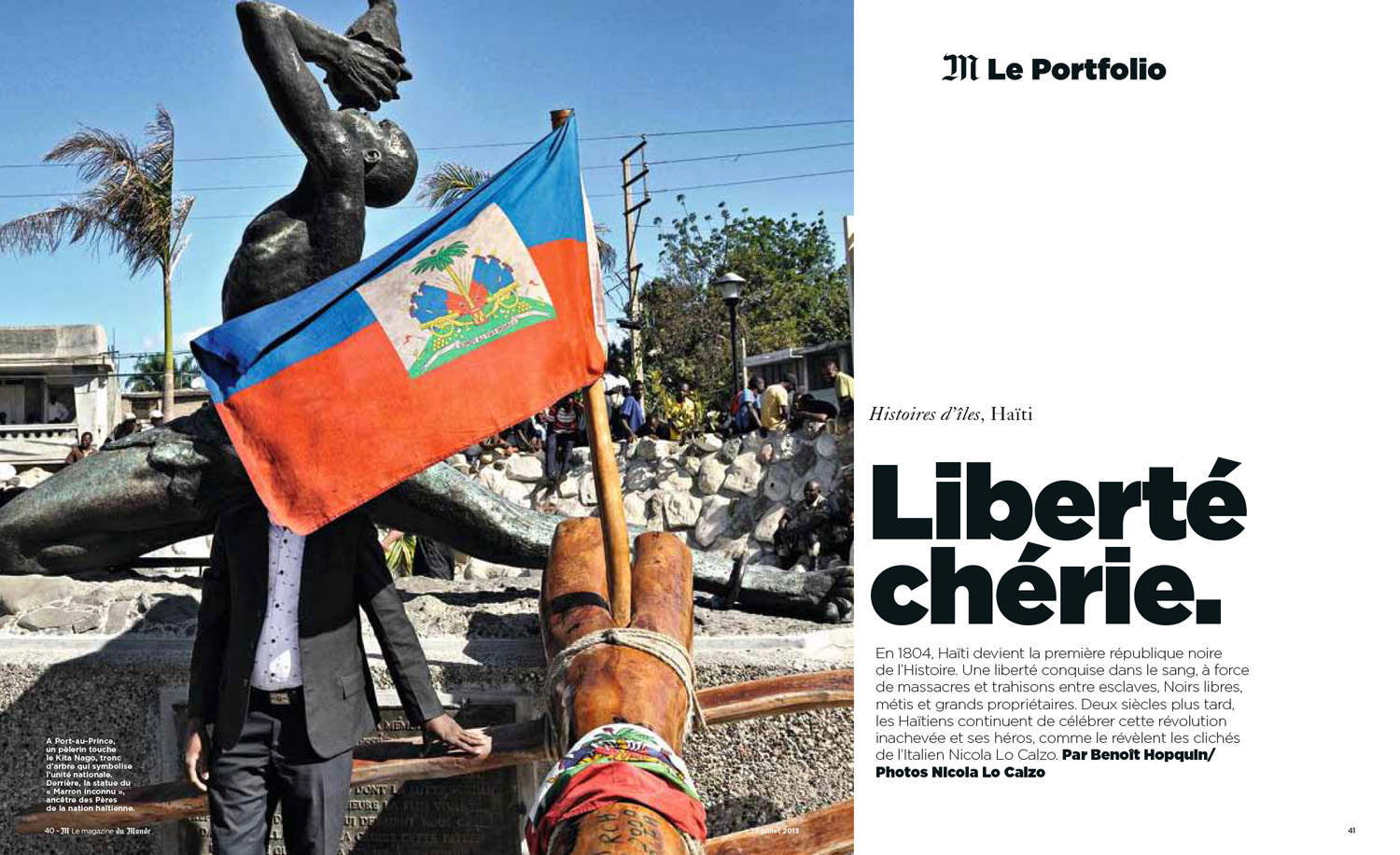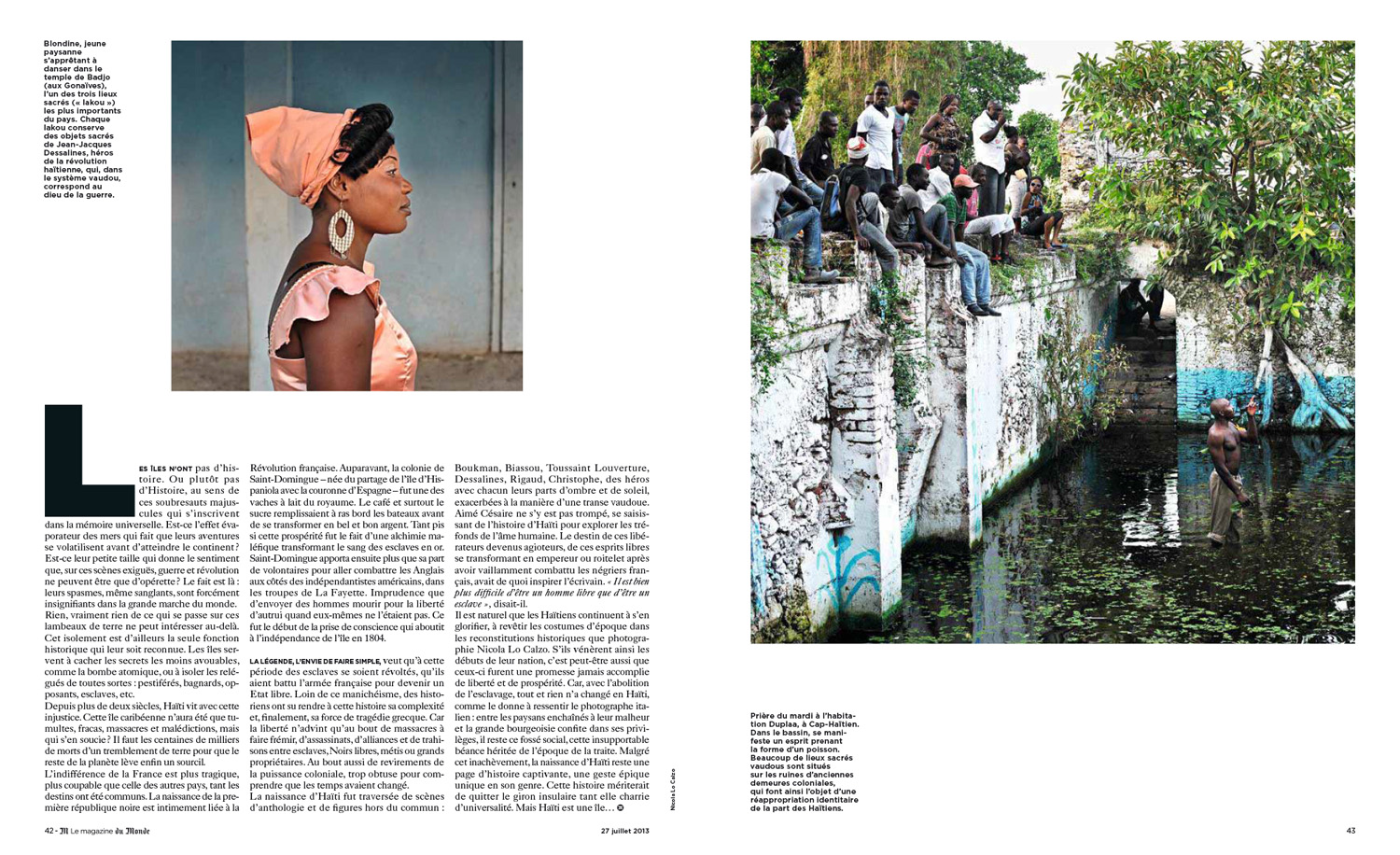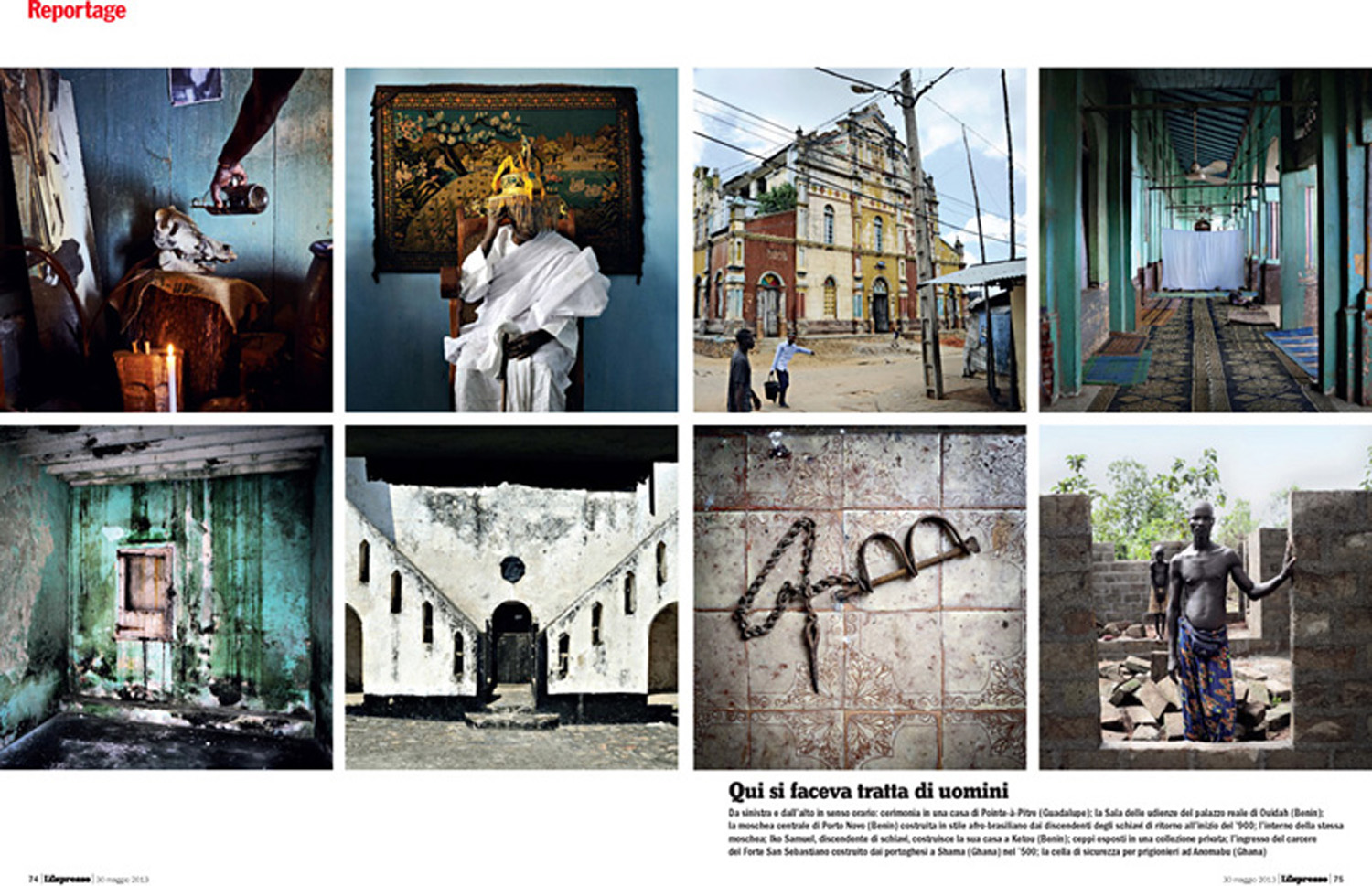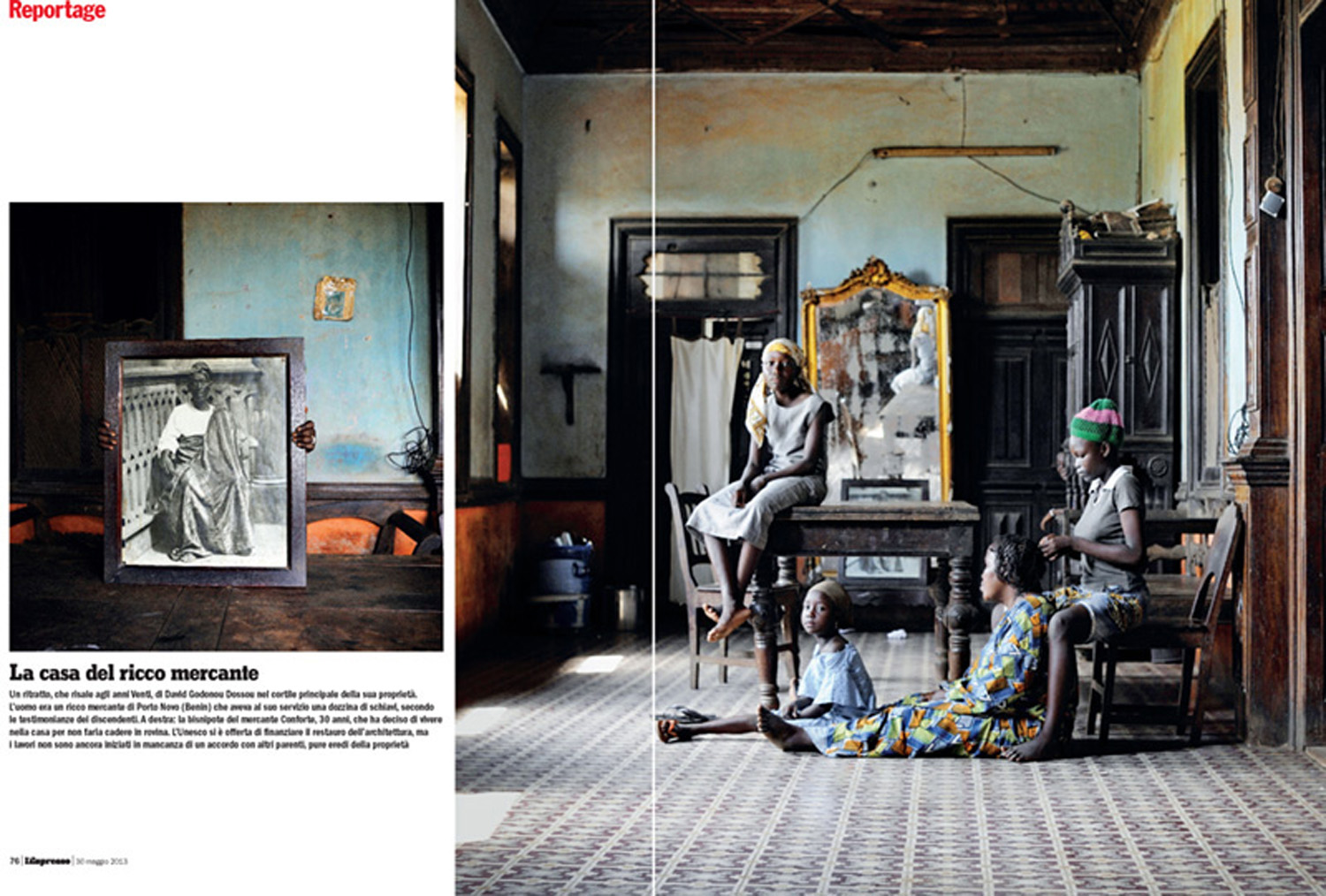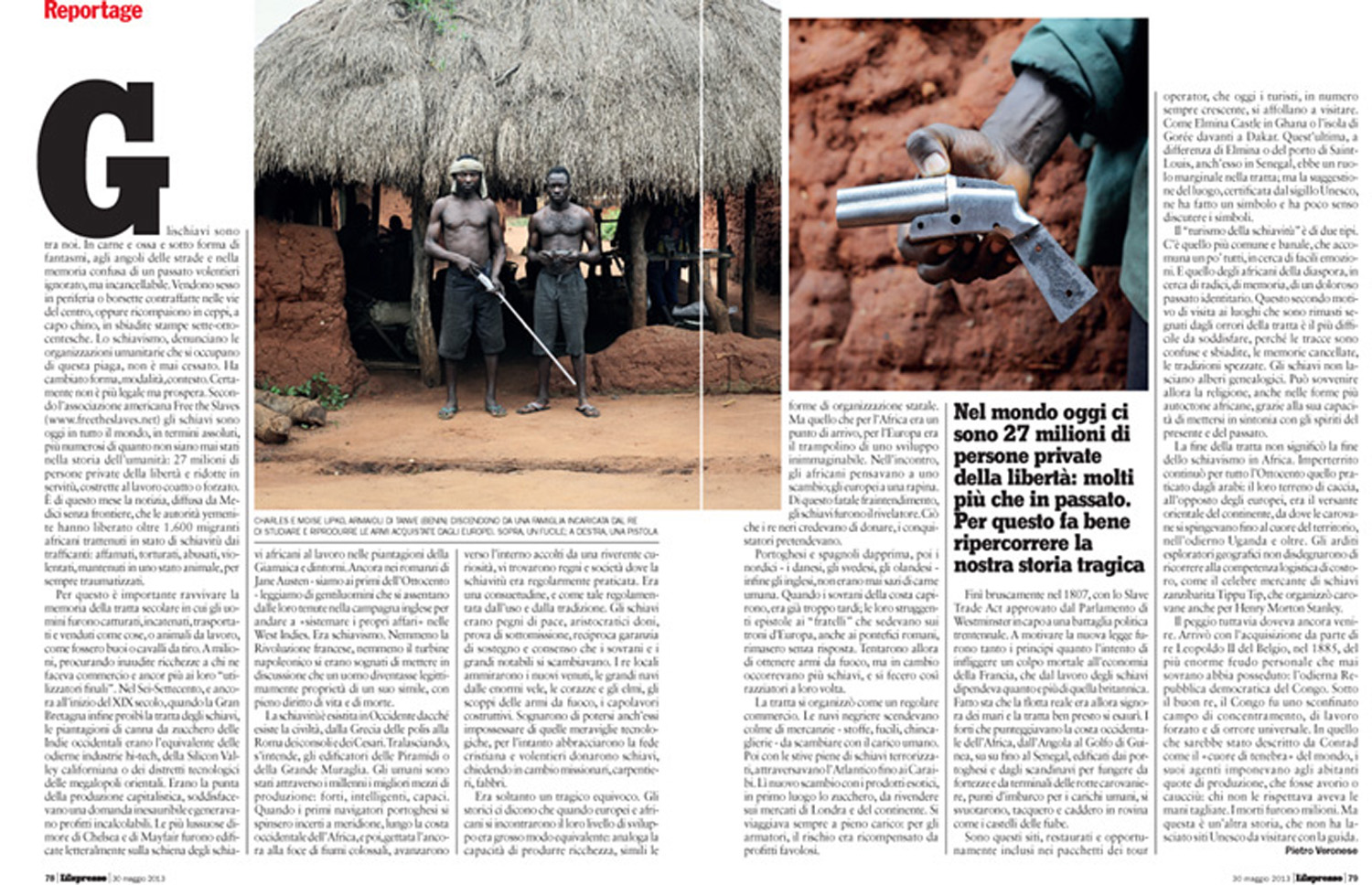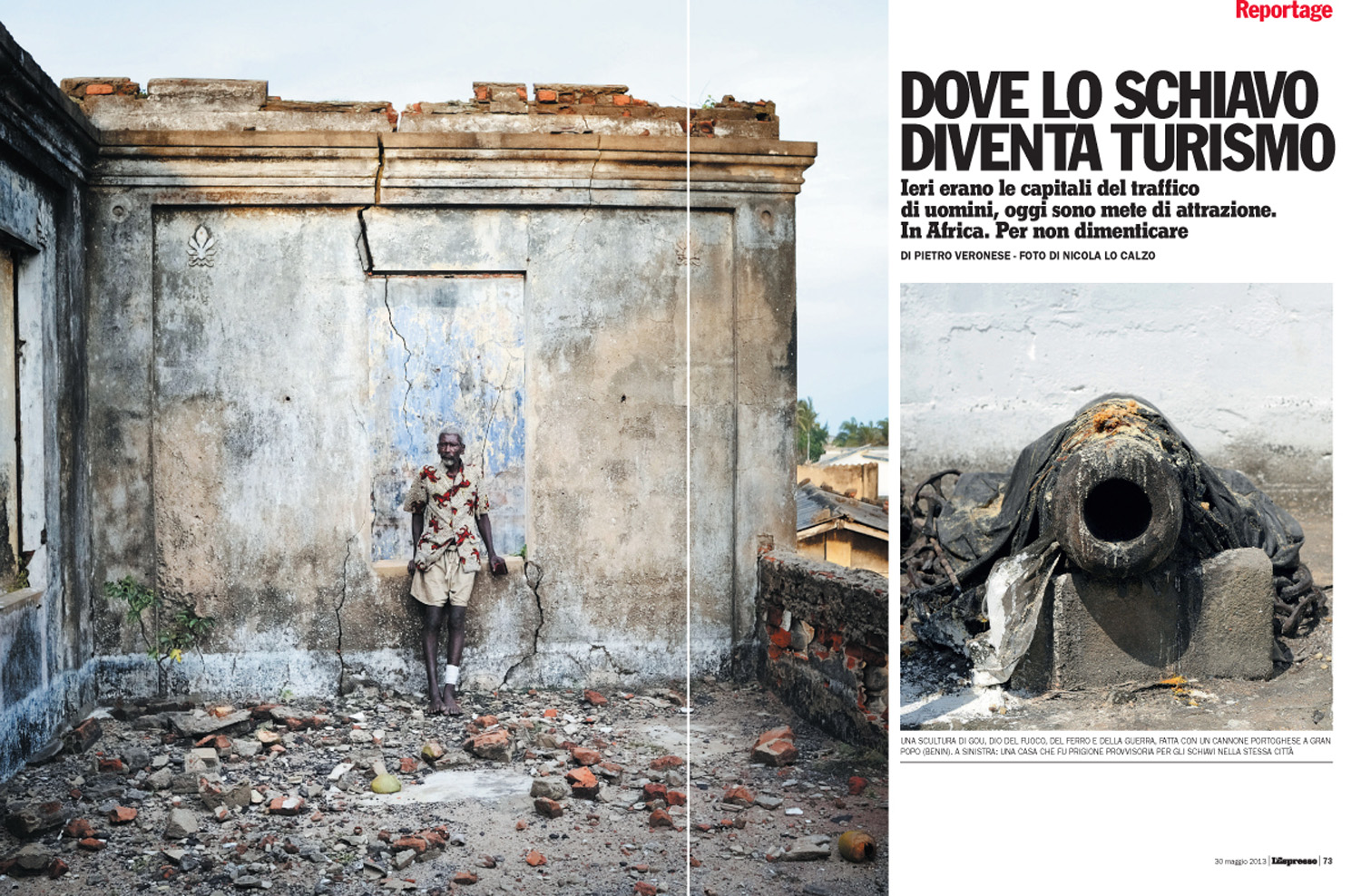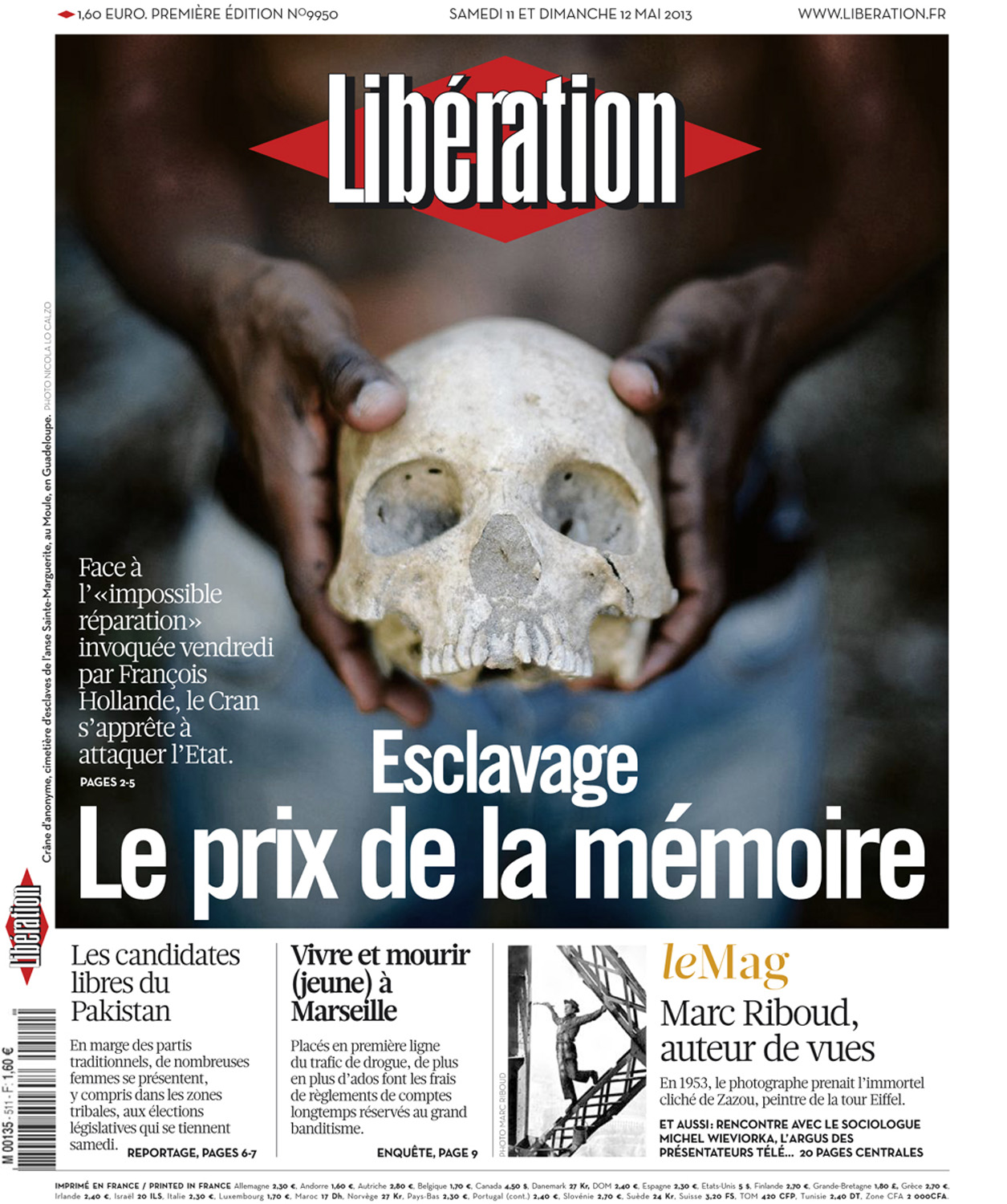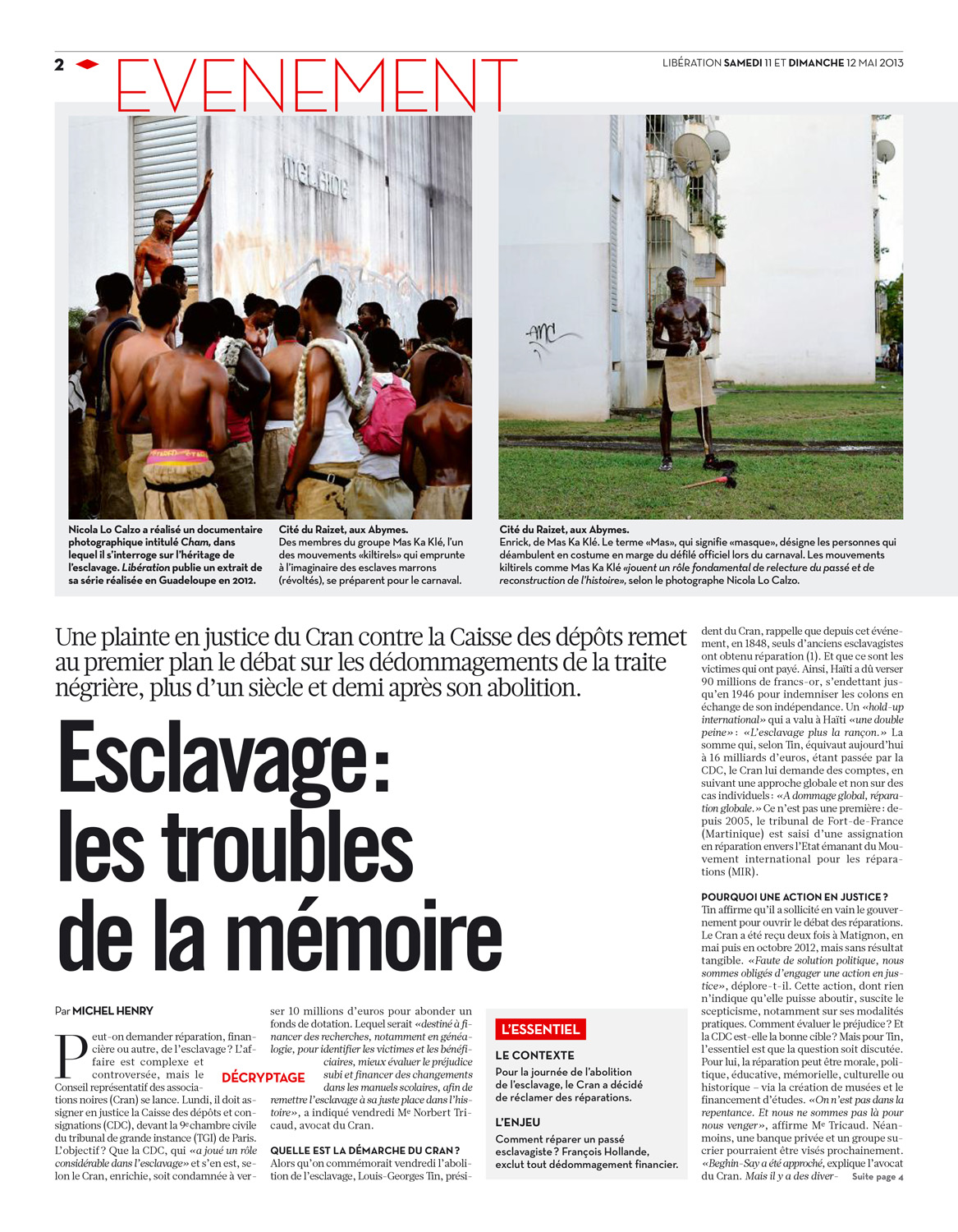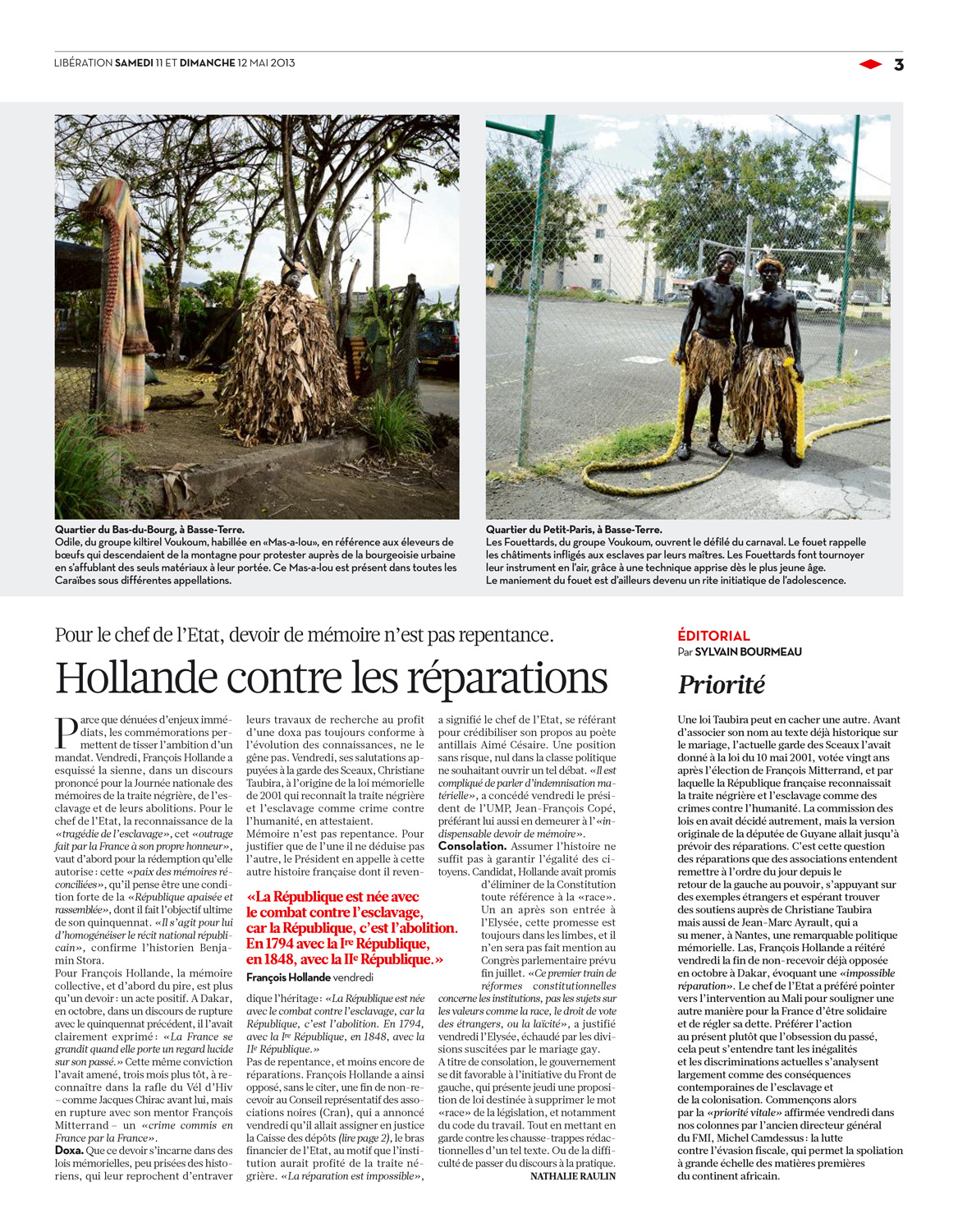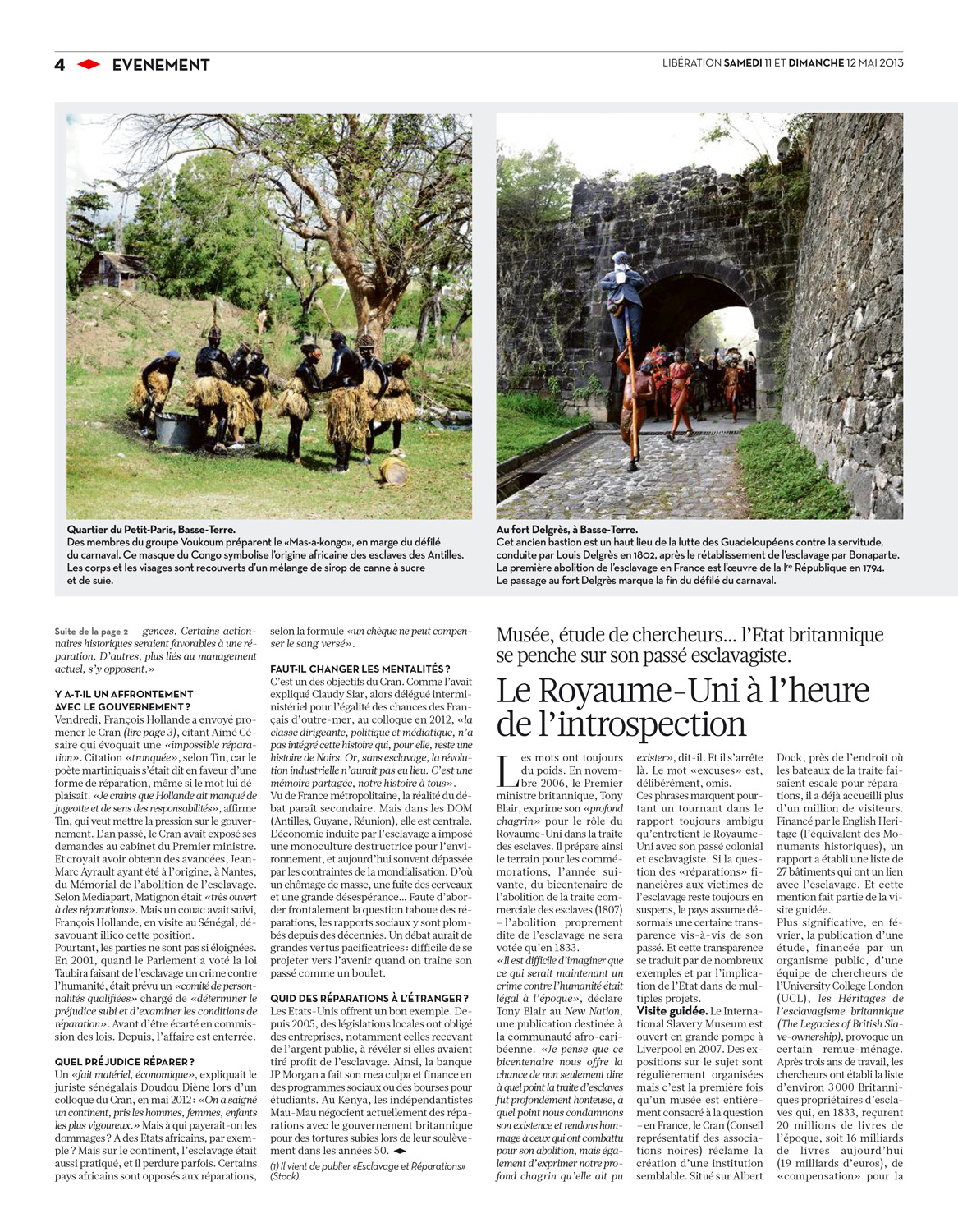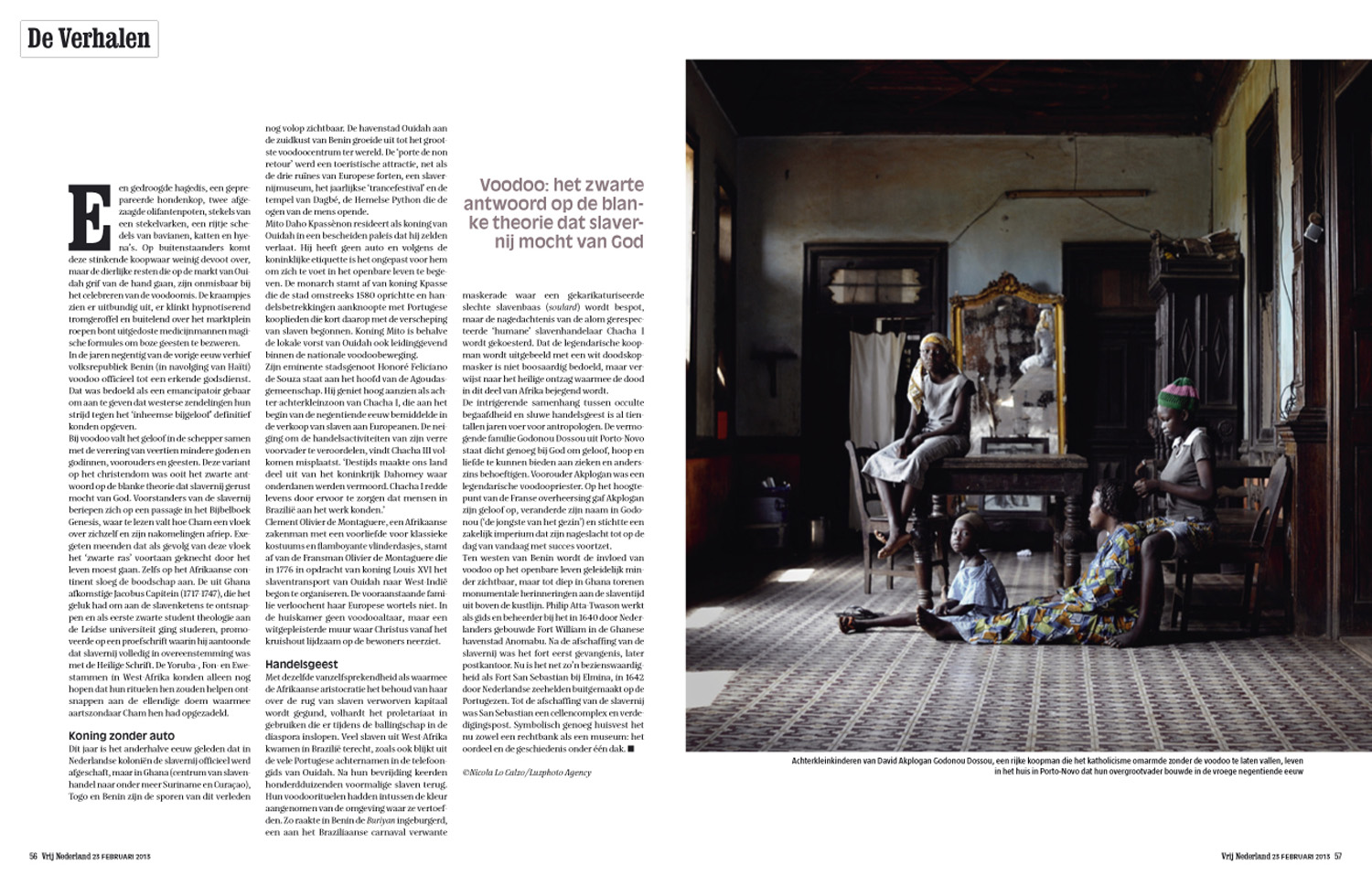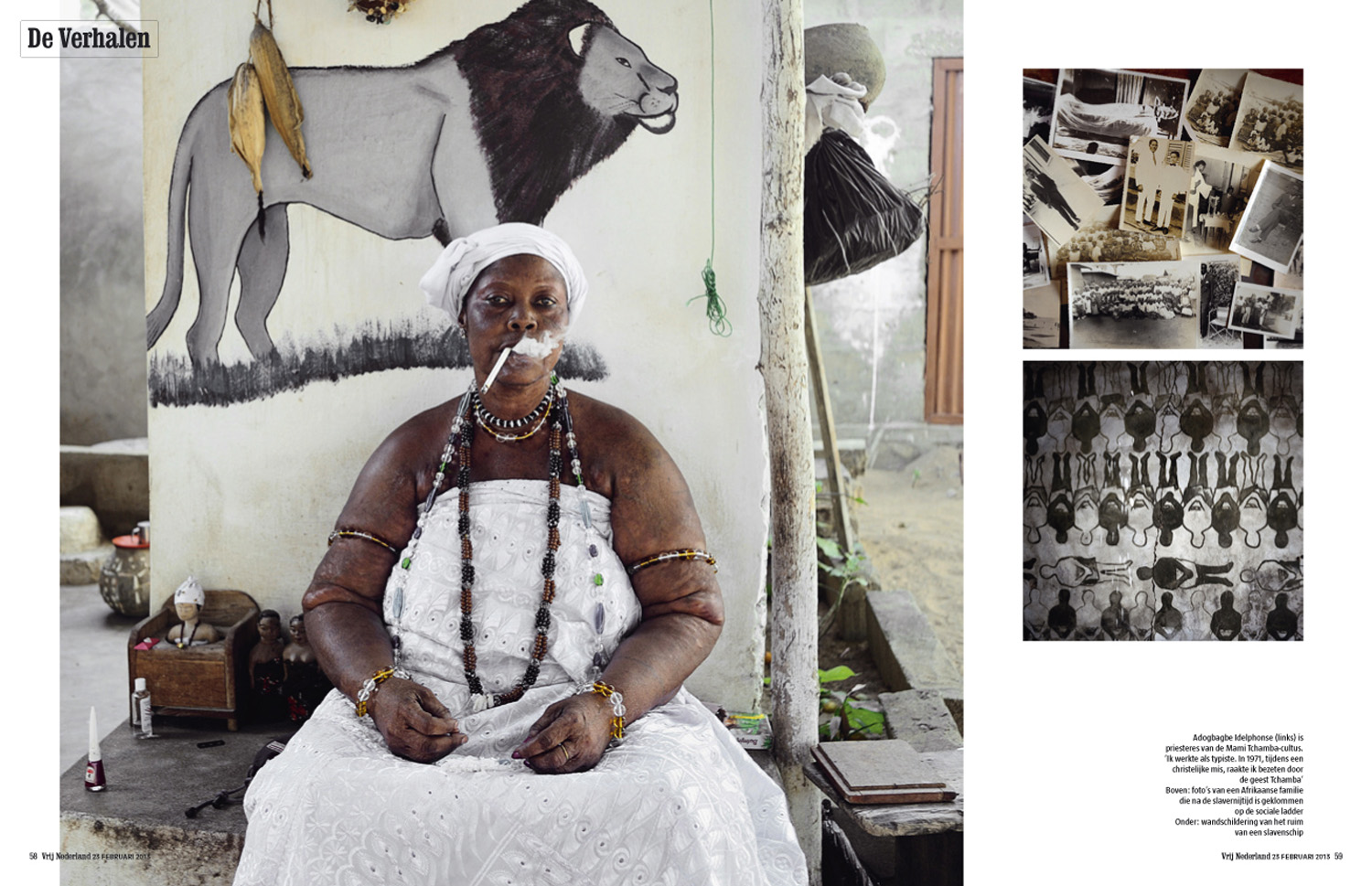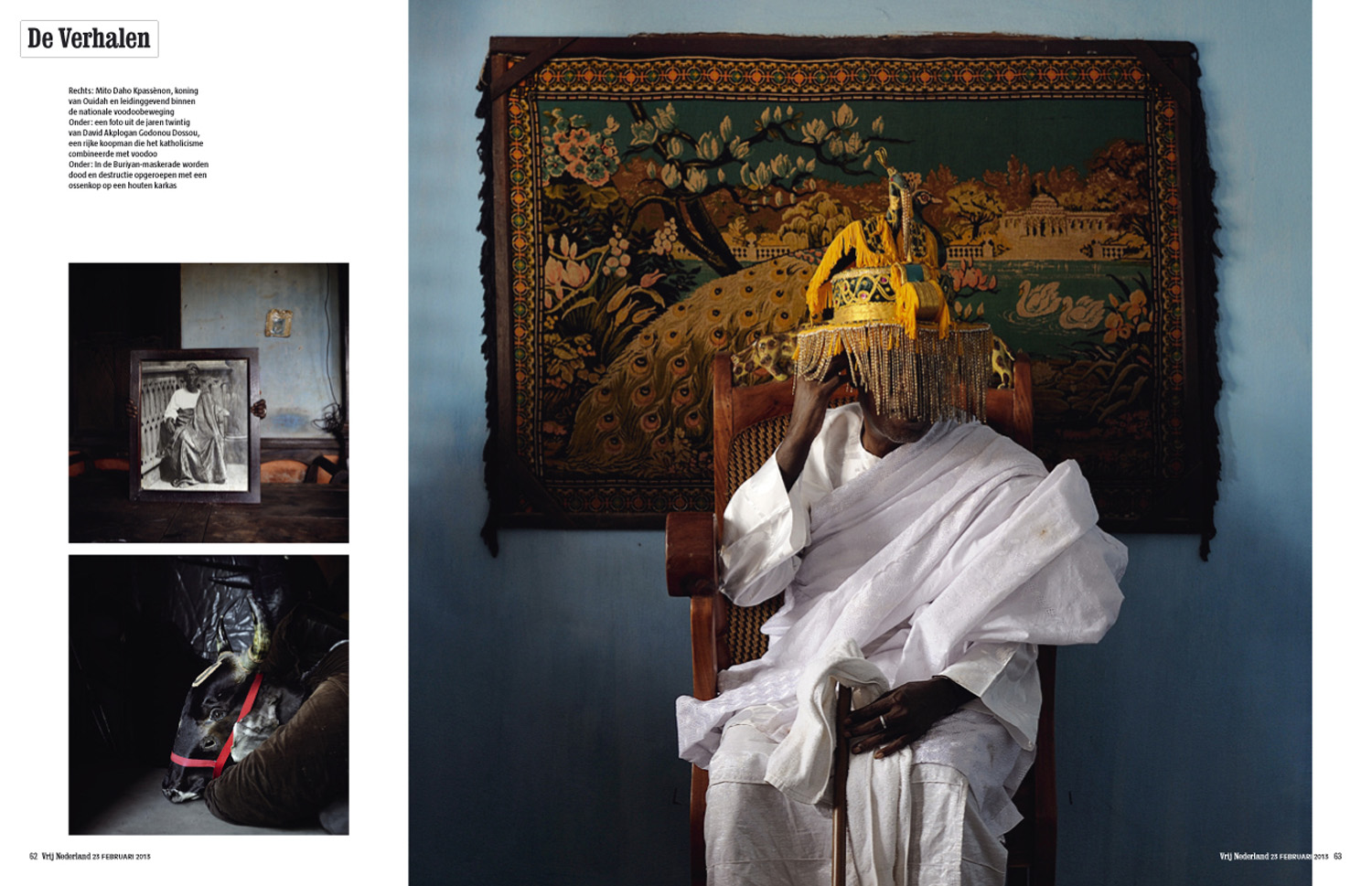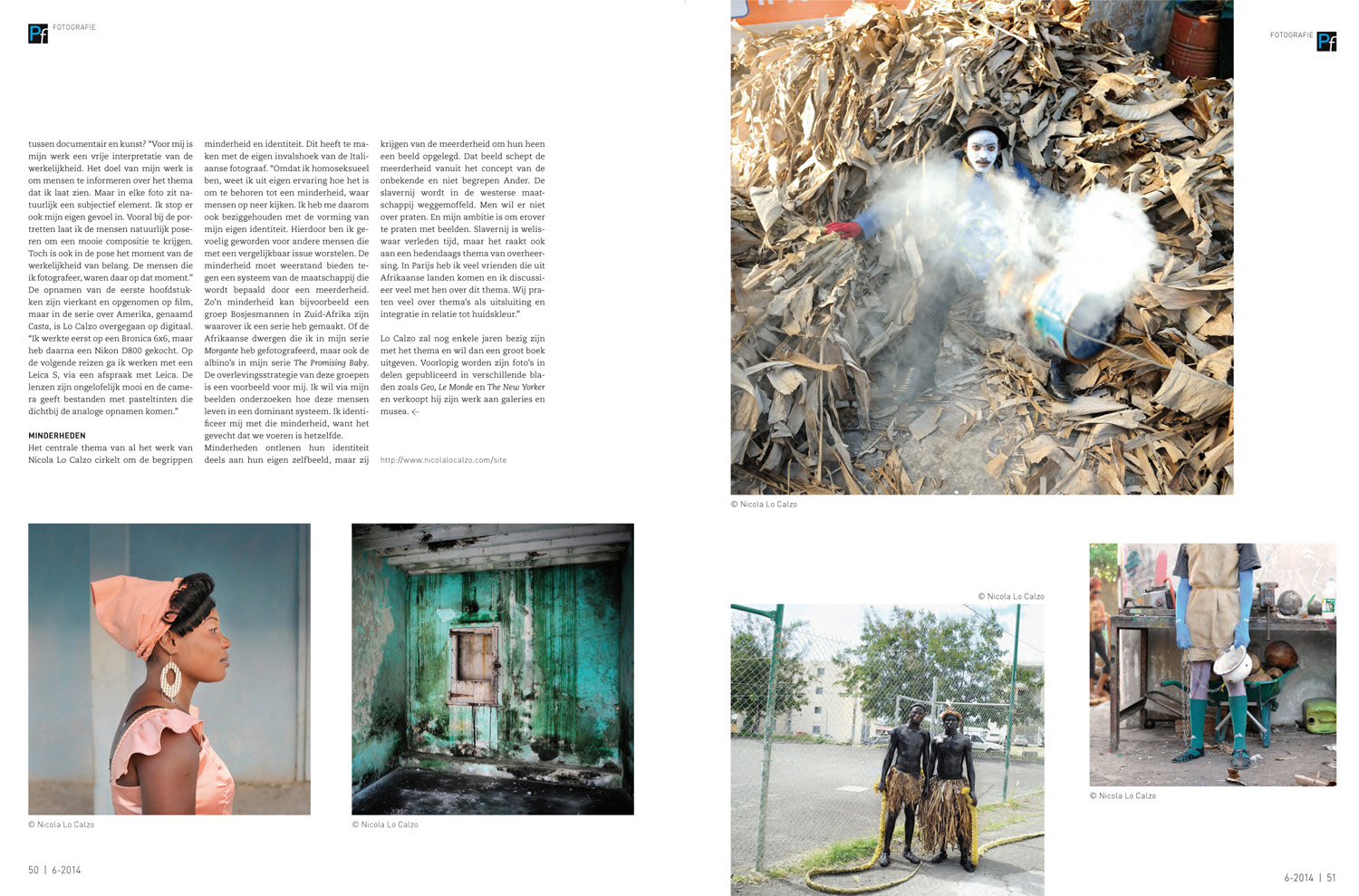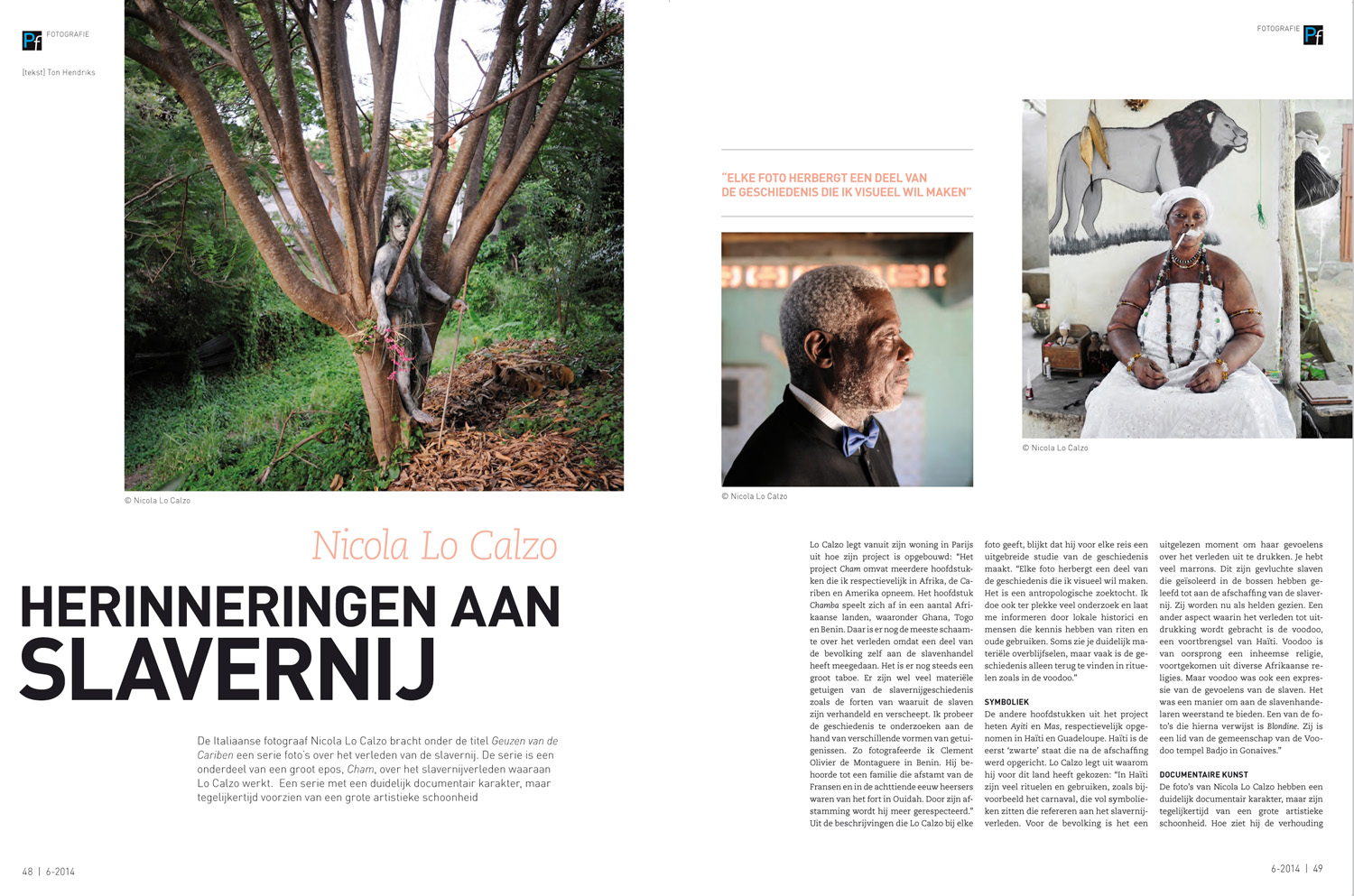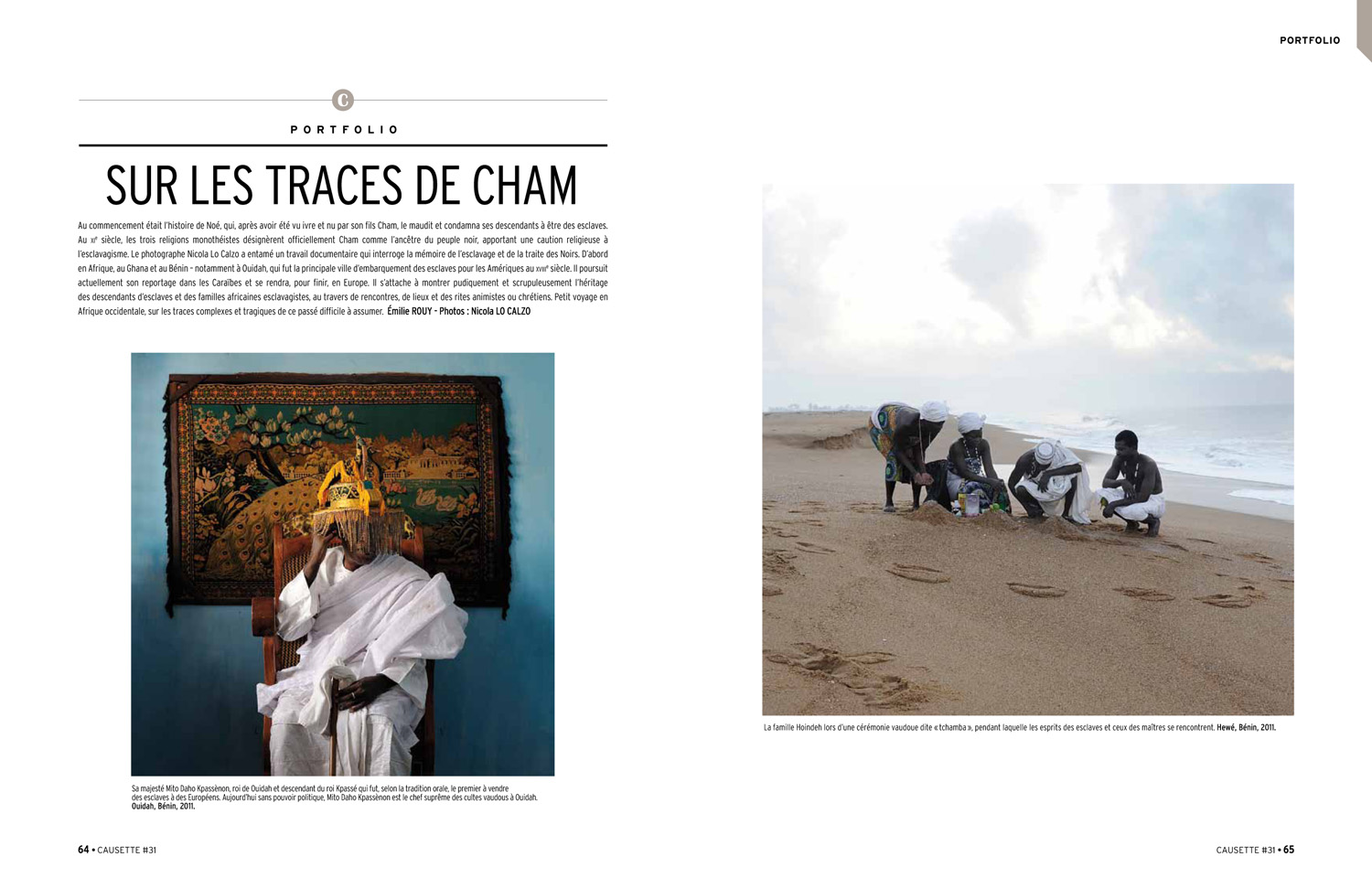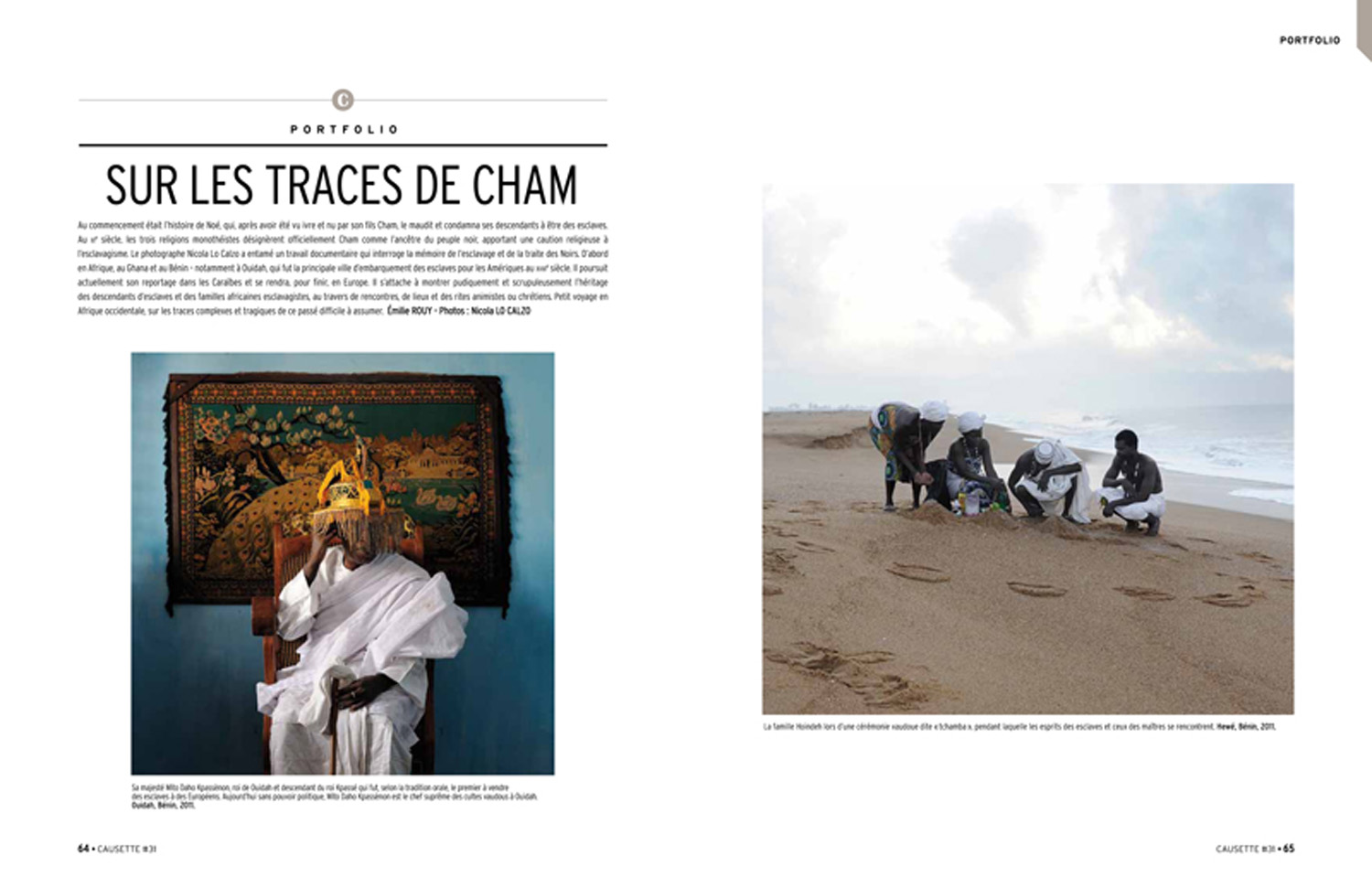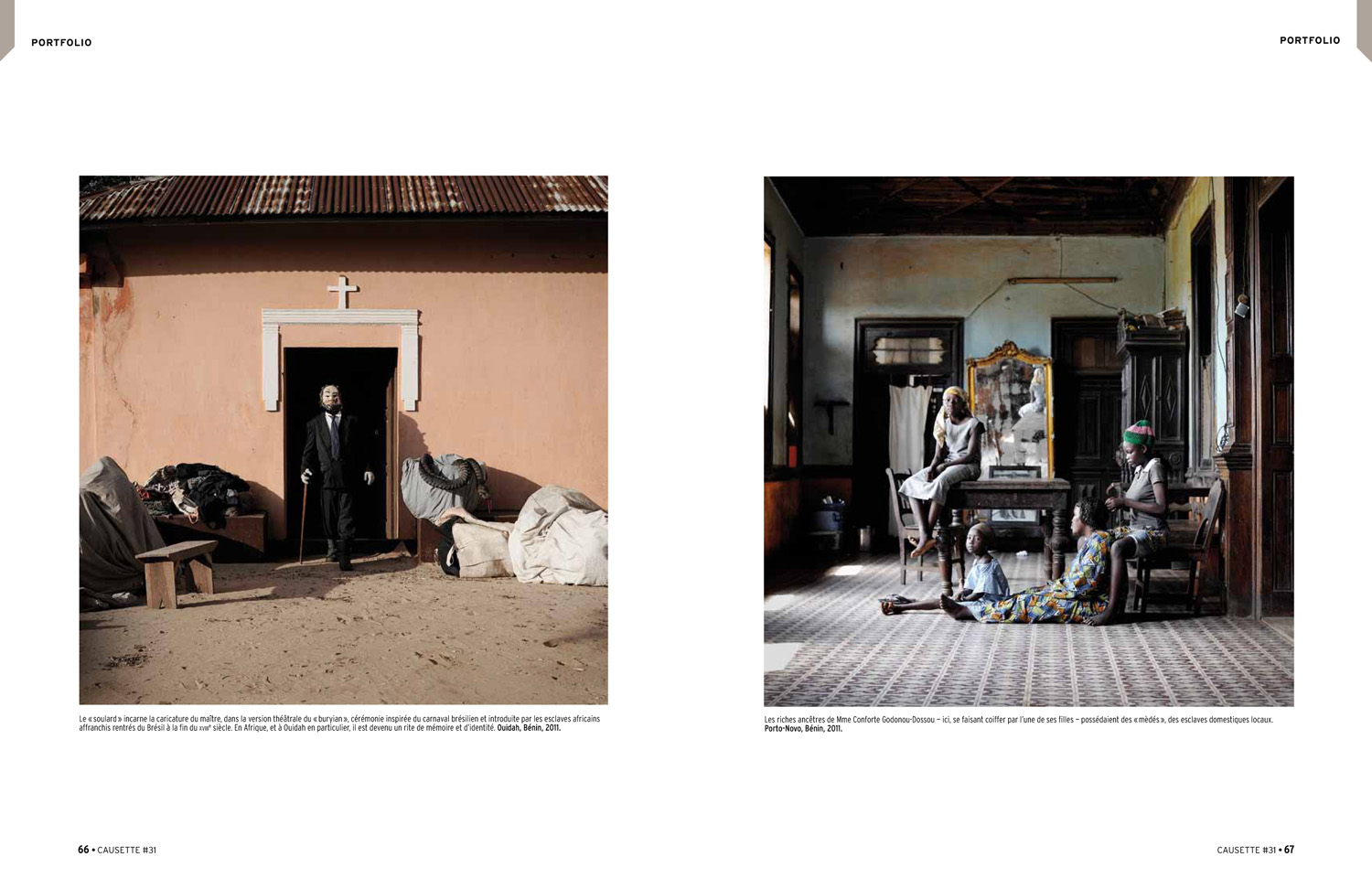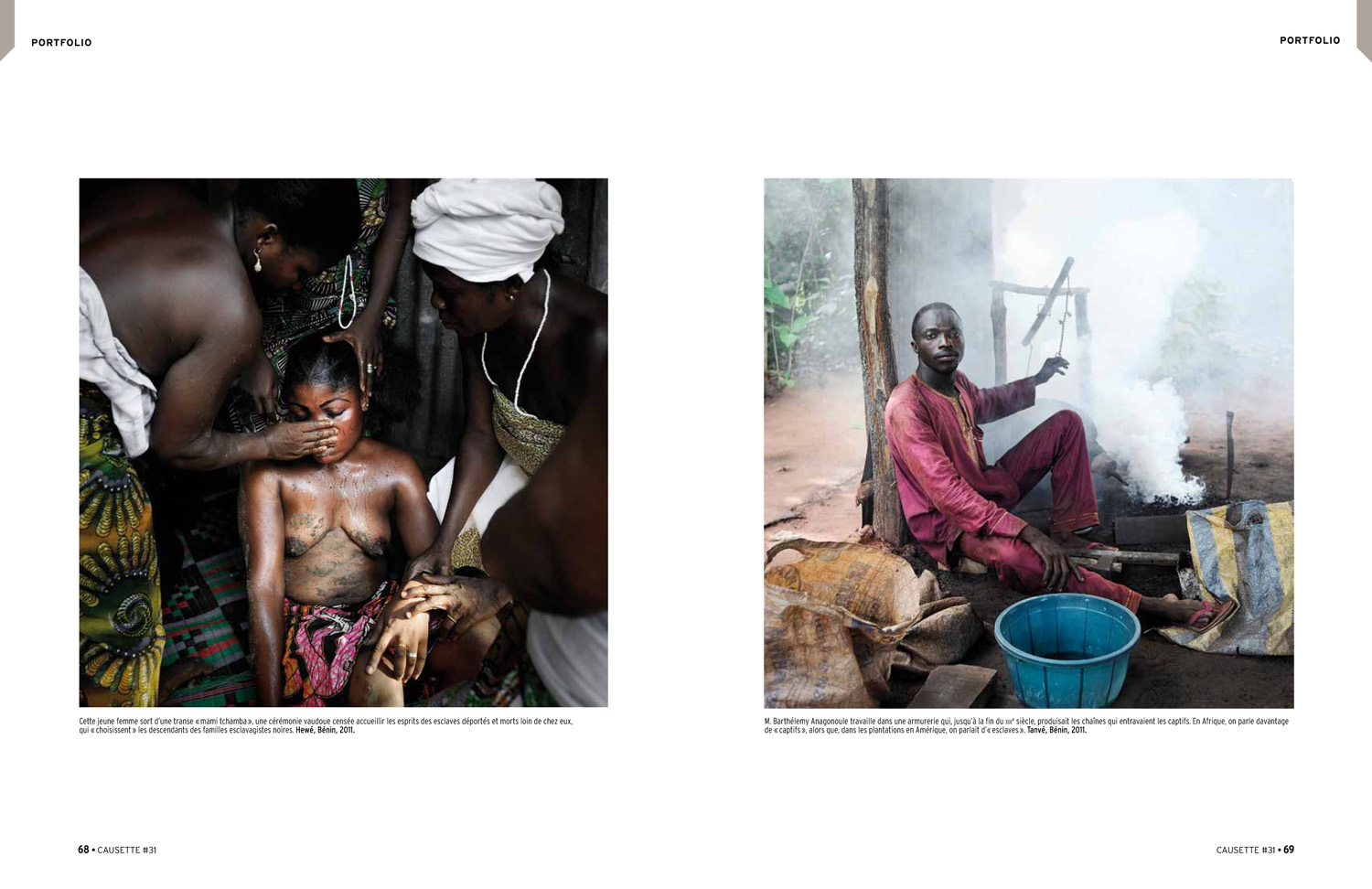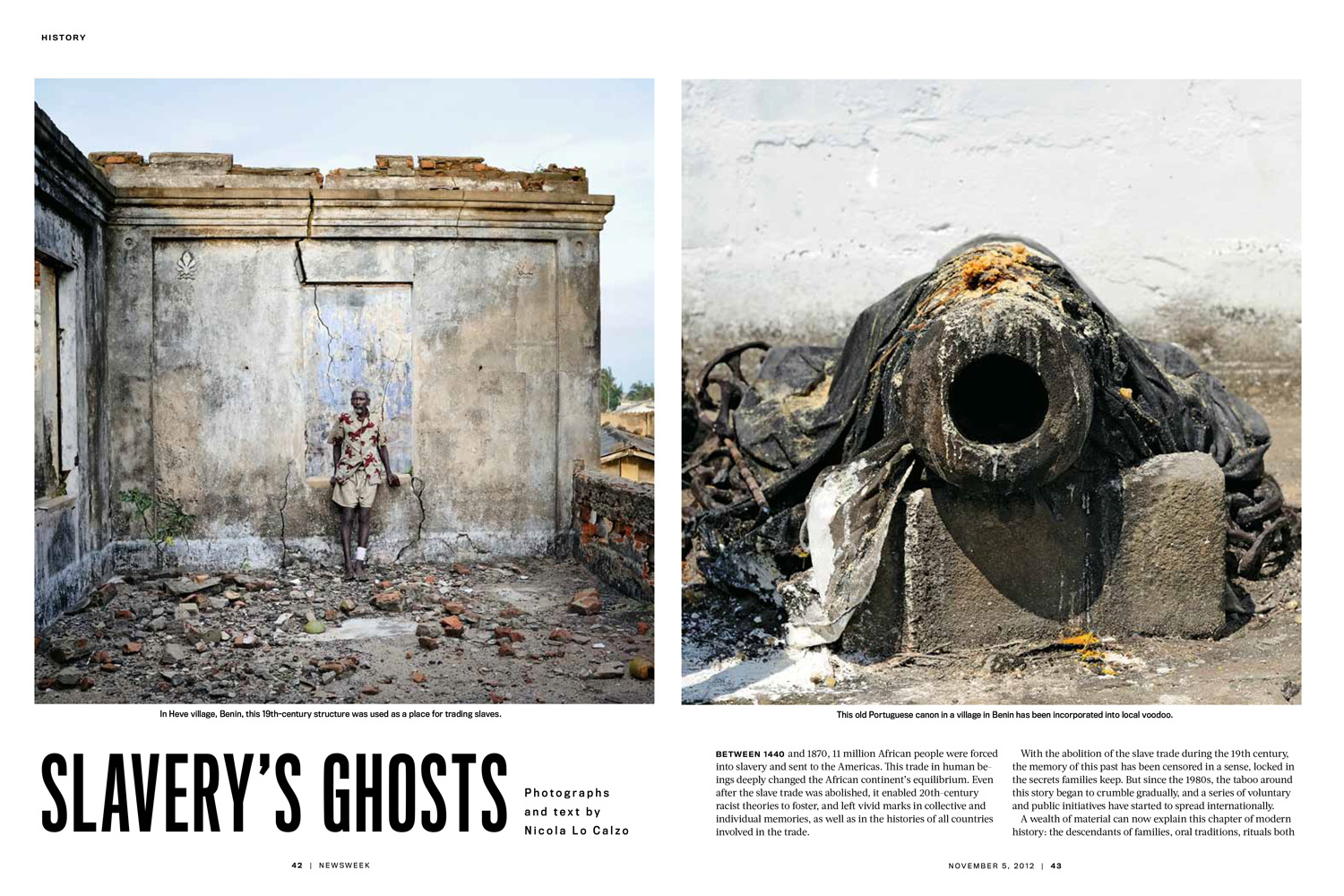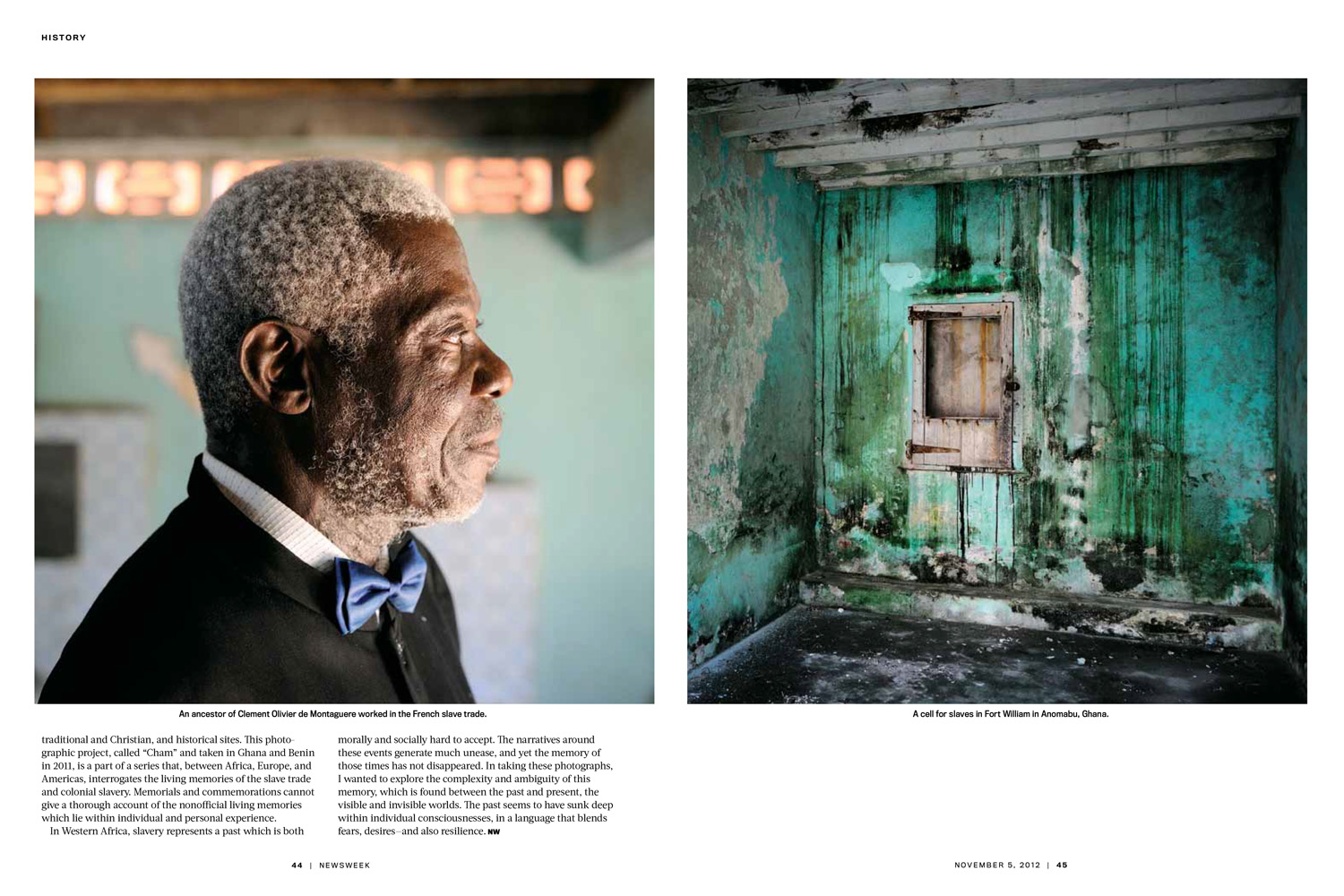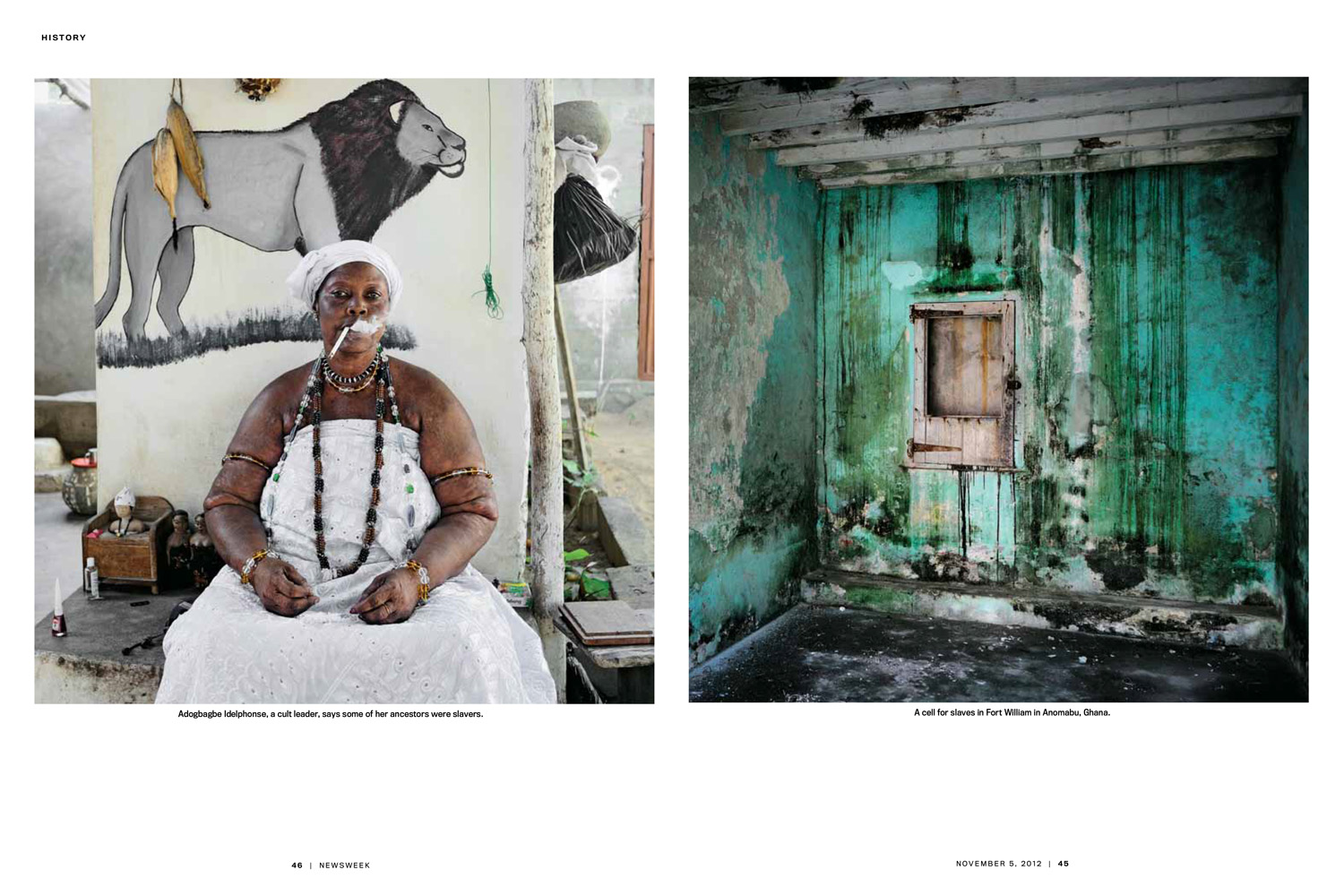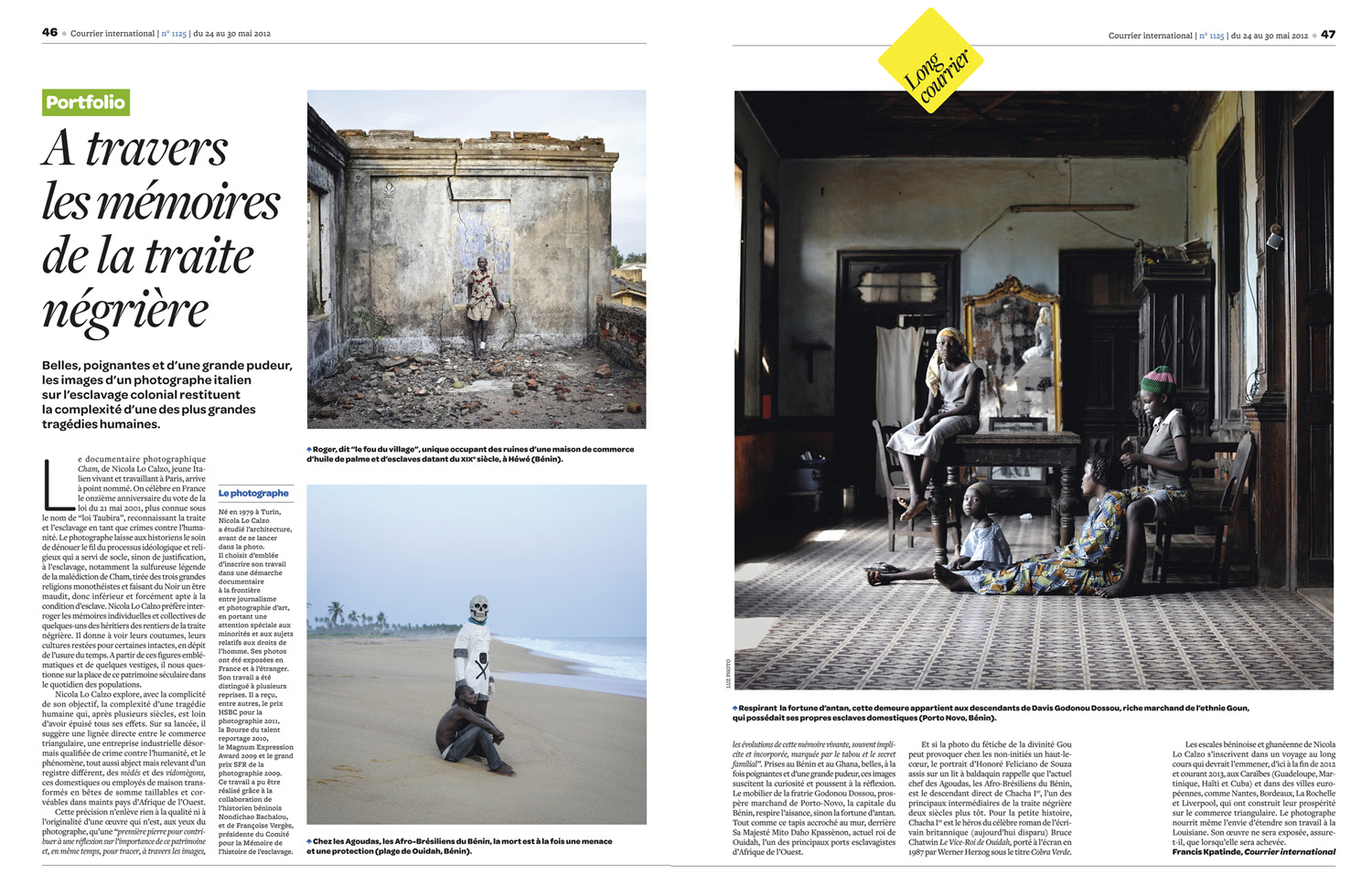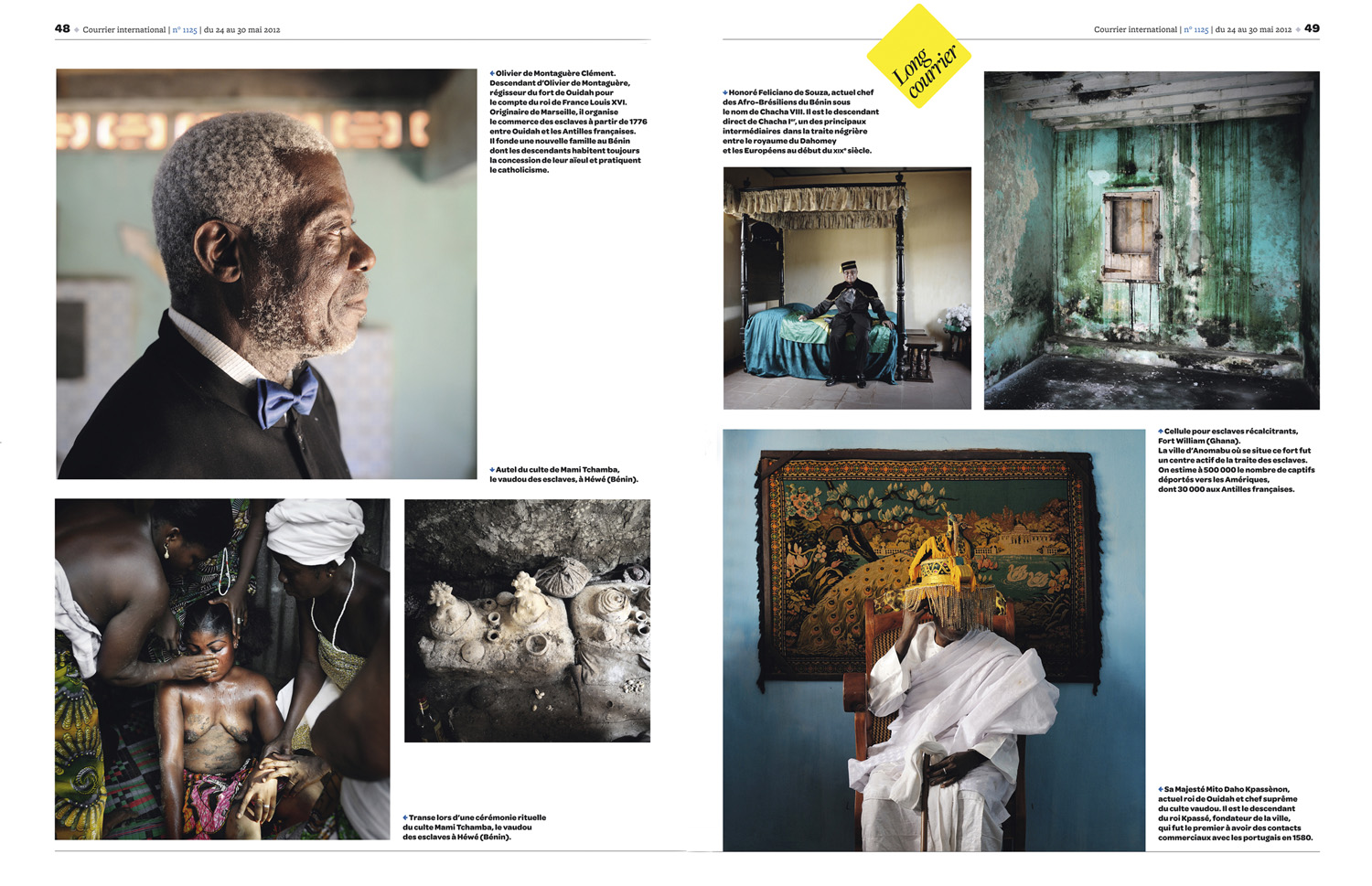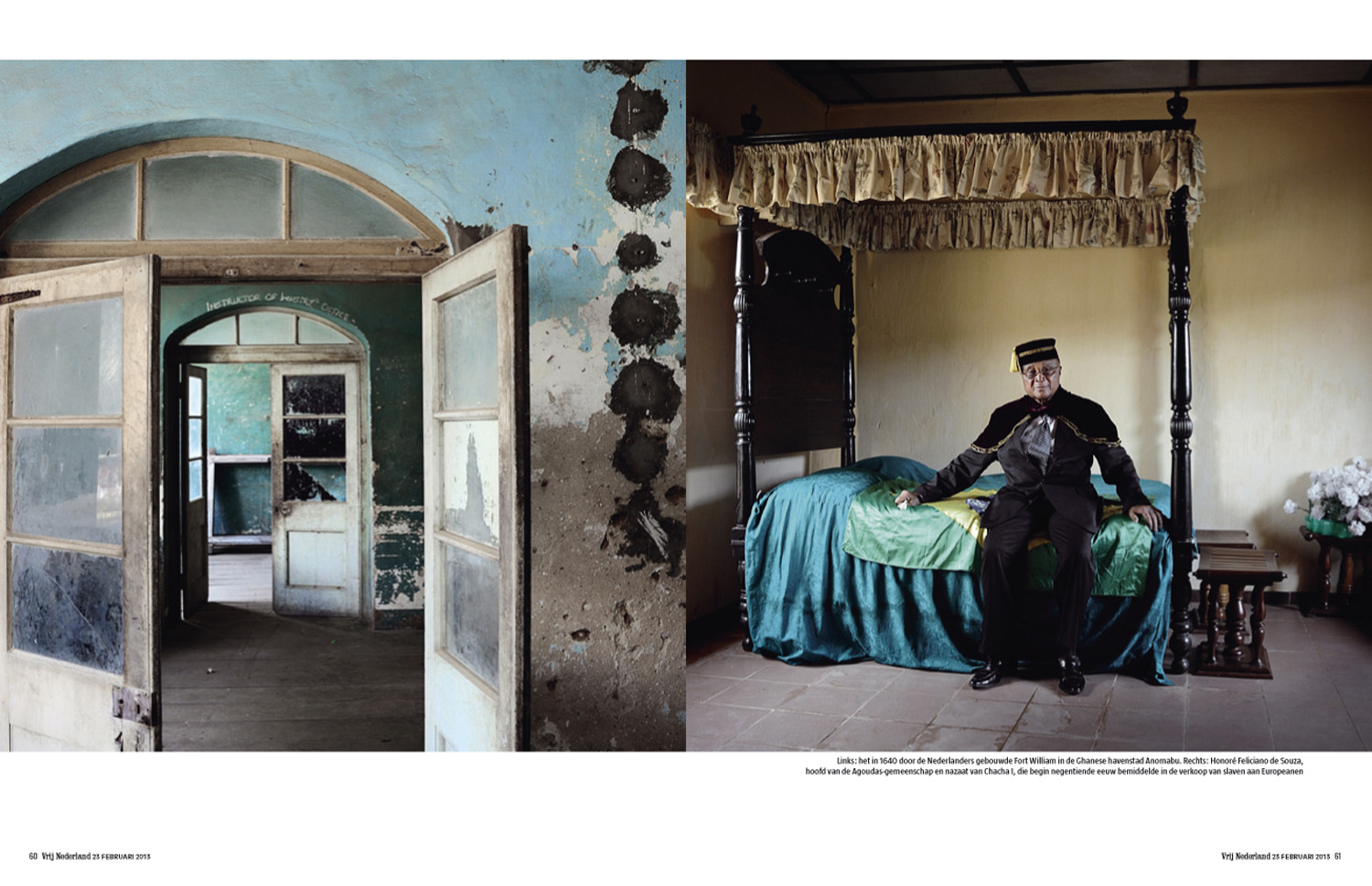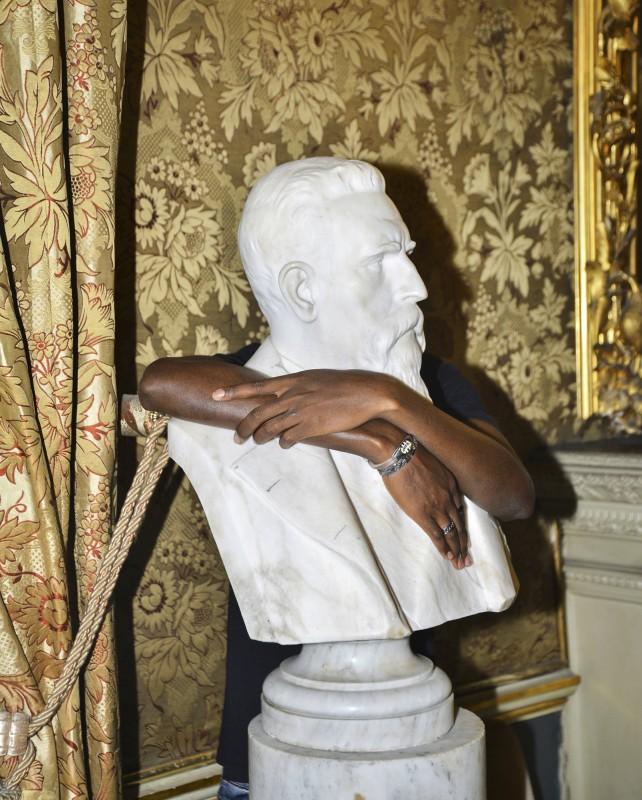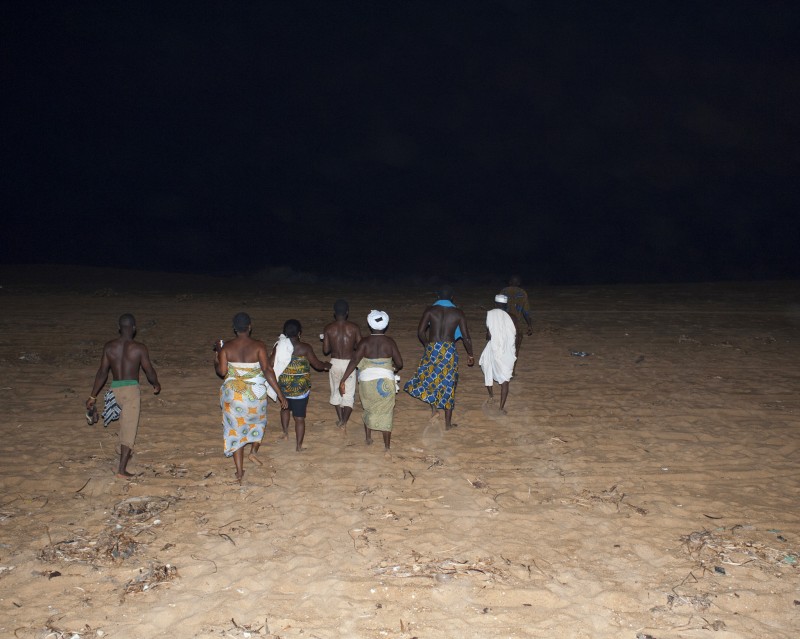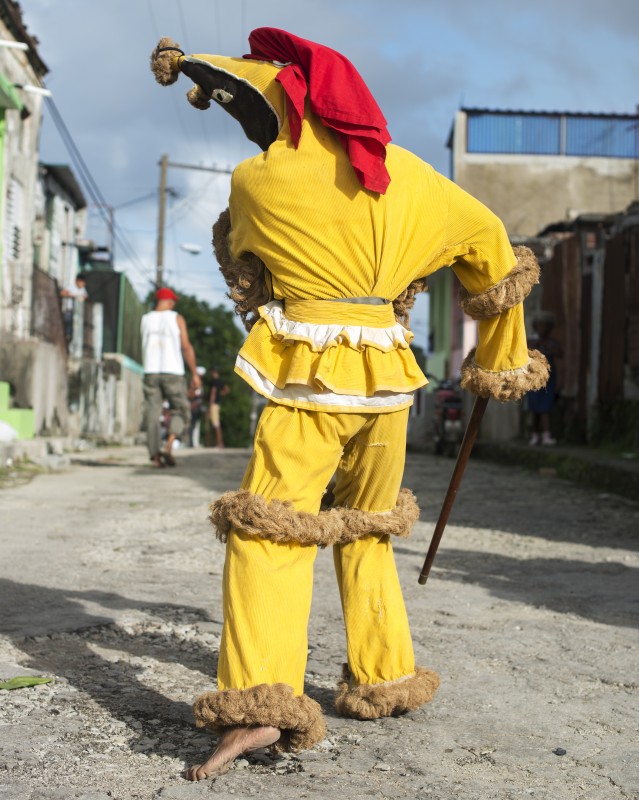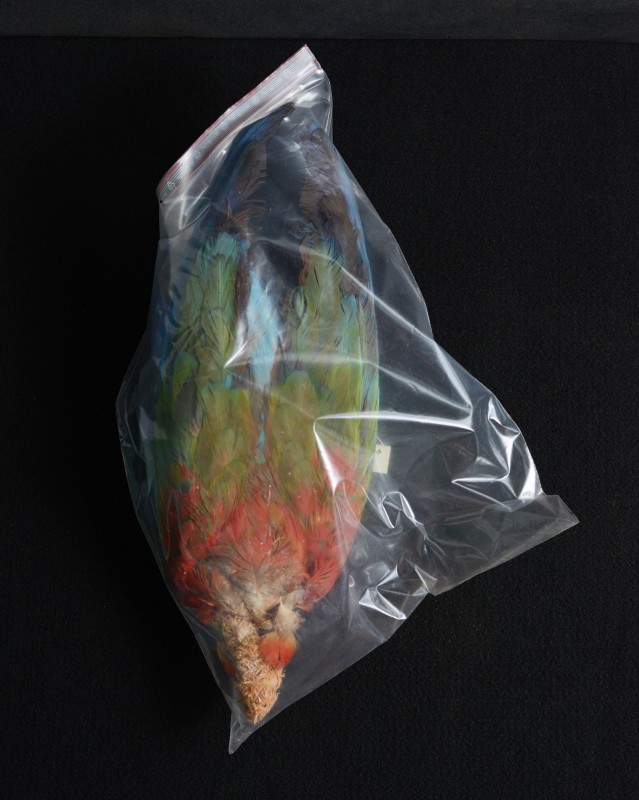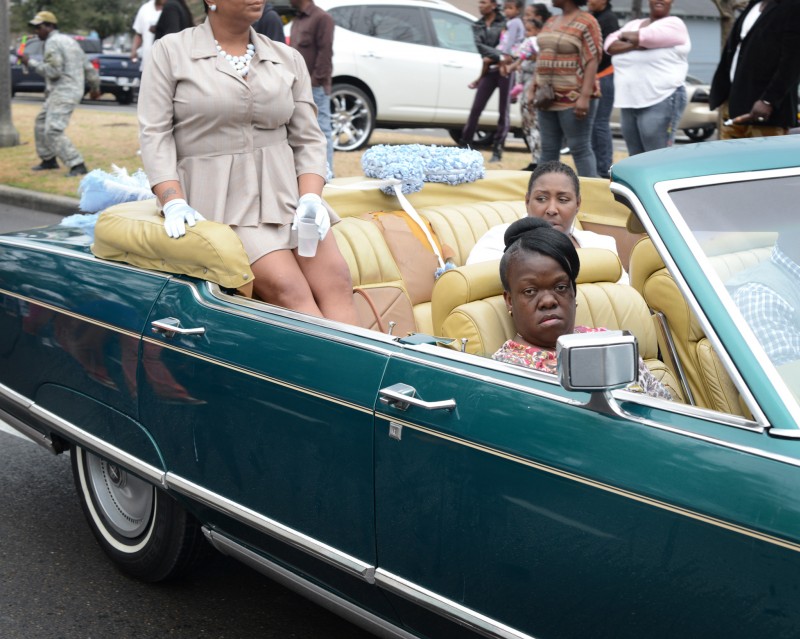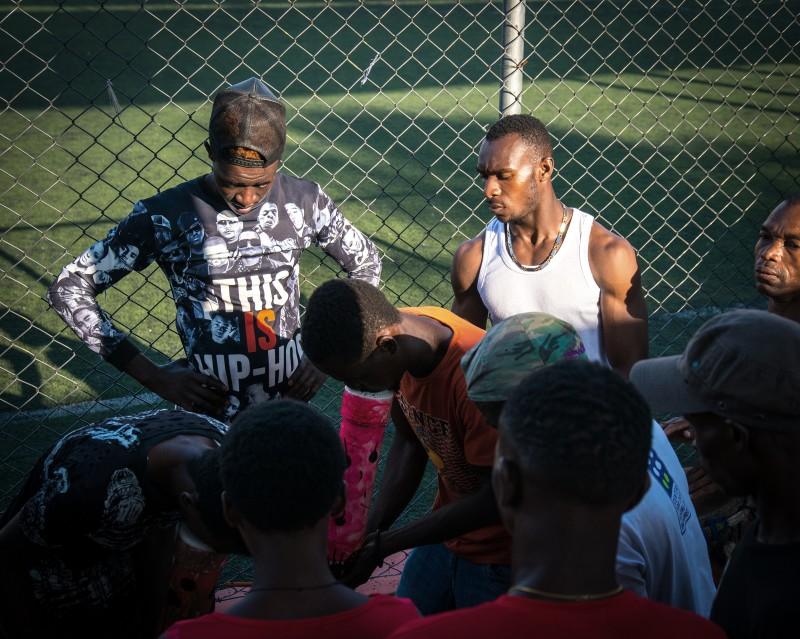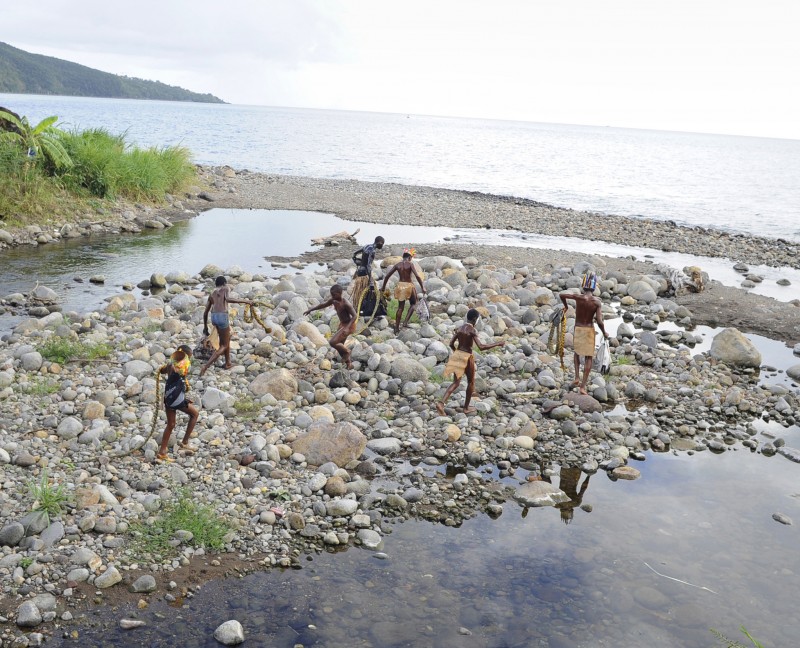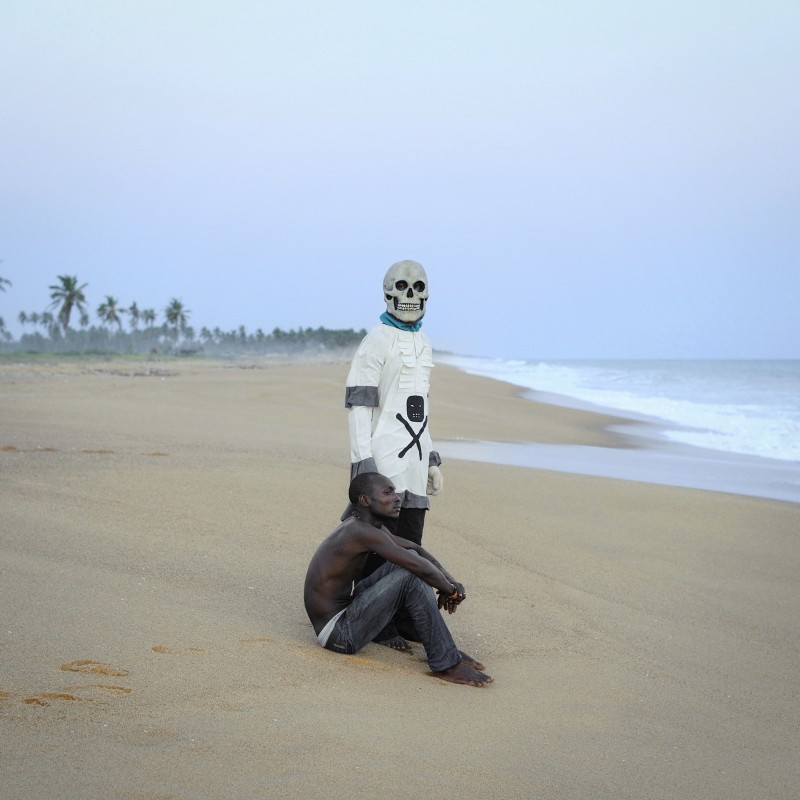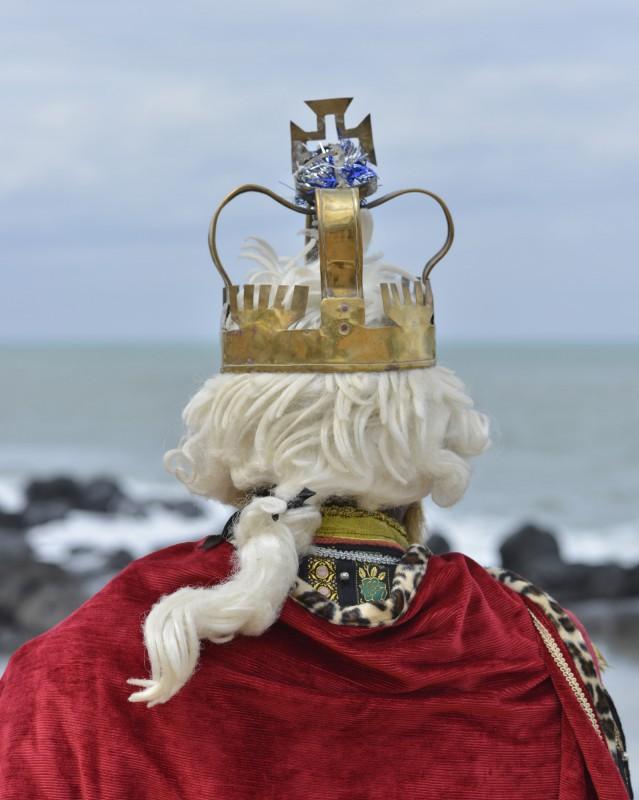
kam
An Archipelago of Resistance
The kam project is a reflexion on contemporary memories of resistance in Postcolonial time. The memories in question are those that oppose the weapons of resistance and knowledge to the "abyss of slavery" in the words of French writer Edouard Glissant. The Kam project takes the form of a photographic archipelago across the Atlantic and Mediterranean world, taking place in different territories of West Africa, Europe, the Caribbean and the Americas.
Resistance to slavery and colonialism is proposed here not as a photographic "subject" but as a possible reading grid to approach contemporary practices of resistance that inhabit and live from the margins. The kam project wishes to unveil the symbolic, political and historical links that connect these dissident practices, by offering us a possible photographic counter-narrative to think about the contemporary issues of modernity.
Although these practices were developed in the colonial period and "which can never be located outside of what they oppose and try to resist"[1], these practices are not, however, reduced to a merely a "passive" reaction to the system. These are indeed free and sovereign creations. The kam project wishes to show through photography how they have made it possible to (re)compose interrupted genealogies, to federate Afro-descendant communities which have produced their own forms and knowledge, complex identity constructions in which we perform memory, but also gender, class and race.
Here the photograph questions us not only about the presence of these diminished practices and stories but also about the consensus around their marginalization, sometimes, until their erasure within the dominant discourse, by asking the fundamental question of how consent is made to their oblivion. Memory and oblivion are the inverted terms of a discourse on the same past, that of slavery or colonialism. What really changes is the place from which we speak and from which we produce this discourse. This is why it seemed essential to me to also question the memory practices which, in reverse, have encouraged and encourage their invisibility, the way in which elites or dominant groups have built their relationship to the past on the "unthought" of the slavery past, colonialism and many struggles to it [2].
It is from this prism that I have built, over the years, an archipelago of memory, wishing to show the way in which these practices have participated and participate both in the construction of a counter-speech, family or collective memories of resistance, but also the (de)construction of gender race and class bias. I propose to apprehend these practices of resistance through this intersectional and queer prism which I consider the most suitable for restoring the multiple forces that cross them.
In this regard, the challenge of the kam project is political: this project wishes to show and make visible an existing network of linked, connected and interconnected narratives, which today call us to a decentering of the gaze, as a precondition for think of a new relationship to Self and to world.
In this perspective, photography wants to be a possible tool in the struggle for the emancipation of minority lives, contributing to the process of their visibility and recognition, both within the strategic field (the world of institutions and scholarly cultures) but also within alternative spaces of enunciation produced by the communities themselves.
Since 2020, I have included the kam project as part of a doctoral research at the Graduate School of Humanities (Uni Paris-Cergy – Ensapc), where I examine the possible uses of contemporary photography to address the memories of subaltern bodies.
Nicola Lo Calzo
[1] ERIBON Didier, 2012, Réflexions sur la Question gay, Paris, Flammarion, coll. « Champs Essais », p 12.
[2] Voir la série Casta, la série Bundles of Wood et la série Binidittu au sein du projet Kam.
Resistance to slavery and colonialism is proposed here not as a photographic "subject" but as a possible reading grid to approach contemporary practices of resistance that inhabit and live from the margins. The kam project wishes to unveil the symbolic, political and historical links that connect these dissident practices, by offering us a possible photographic counter-narrative to think about the contemporary issues of modernity.
Although these practices were developed in the colonial period and "which can never be located outside of what they oppose and try to resist"[1], these practices are not, however, reduced to a merely a "passive" reaction to the system. These are indeed free and sovereign creations. The kam project wishes to show through photography how they have made it possible to (re)compose interrupted genealogies, to federate Afro-descendant communities which have produced their own forms and knowledge, complex identity constructions in which we perform memory, but also gender, class and race.
Here the photograph questions us not only about the presence of these diminished practices and stories but also about the consensus around their marginalization, sometimes, until their erasure within the dominant discourse, by asking the fundamental question of how consent is made to their oblivion. Memory and oblivion are the inverted terms of a discourse on the same past, that of slavery or colonialism. What really changes is the place from which we speak and from which we produce this discourse. This is why it seemed essential to me to also question the memory practices which, in reverse, have encouraged and encourage their invisibility, the way in which elites or dominant groups have built their relationship to the past on the "unthought" of the slavery past, colonialism and many struggles to it [2].
It is from this prism that I have built, over the years, an archipelago of memory, wishing to show the way in which these practices have participated and participate both in the construction of a counter-speech, family or collective memories of resistance, but also the (de)construction of gender race and class bias. I propose to apprehend these practices of resistance through this intersectional and queer prism which I consider the most suitable for restoring the multiple forces that cross them.
In this regard, the challenge of the kam project is political: this project wishes to show and make visible an existing network of linked, connected and interconnected narratives, which today call us to a decentering of the gaze, as a precondition for think of a new relationship to Self and to world.
In this perspective, photography wants to be a possible tool in the struggle for the emancipation of minority lives, contributing to the process of their visibility and recognition, both within the strategic field (the world of institutions and scholarly cultures) but also within alternative spaces of enunciation produced by the communities themselves.
Since 2020, I have included the kam project as part of a doctoral research at the Graduate School of Humanities (Uni Paris-Cergy – Ensapc), where I examine the possible uses of contemporary photography to address the memories of subaltern bodies.
Nicola Lo Calzo
[1] ERIBON Didier, 2012, Réflexions sur la Question gay, Paris, Flammarion, coll. « Champs Essais », p 12.
[2] Voir la série Casta, la série Bundles of Wood et la série Binidittu au sein du projet Kam.
Press Review
Support
To date, the work in progress KAM has been founded with artist residencies, talks, exhibitions and donations. Any form of collective or individual support for the production or the diffusion of the project is truly important for the advancement of research. You can become a partner and support the KAM project in different ways. For further information, write to: contact@nicolalocalzo.com
Unesco, Fondation Fokal, Fondation zinsou, Fondation Joan Mitchell, Fonds de dotation Buchet-Ponsoye, Dominique Fiat, La Balsa Arte, Luz, Afrique in Visu, La Tête dans les Images, CPMHE, Ministère des Outre-Mer, Tropenmuseum, LightWork, Lagosphoto, Portrait(s), Region Guadeloupe, Bnf, Archivi Alinari, Vogue Italia, Internazionale, Le Monde, Lille3000, Macaal, Château des Ducs de Brétagne, Aides.
Unesco, Fondation Fokal, Fondation zinsou, Fondation Joan Mitchell, Fonds de dotation Buchet-Ponsoye, Dominique Fiat, La Balsa Arte, Luz, Afrique in Visu, La Tête dans les Images, CPMHE, Ministère des Outre-Mer, Tropenmuseum, LightWork, Lagosphoto, Portrait(s), Region Guadeloupe, Bnf, Archivi Alinari, Vogue Italia, Internazionale, Le Monde, Lille3000, Macaal, Château des Ducs de Brétagne, Aides.
Bibliography
DHOTEL Gérard, Esclavage ancien et moderne, Editions Milan, 2004.
DORIGNY Marcel et GAINOT Bernard, Atlas des esclavages, Traites, sociétés coloniales, abolitions de l’Antiquité à nos jours, Editions Autrement, 2006.
GIARD Mathilde, L’esclavage de l’Antiquité à nos jours, Castor Poche-Flammarion, 2007.
Le Code noir et autres textes de lois sur l’esclavage, Editions Sépia, 2006.
PETRE-GRENOUILLEAU Olivier, Les traites négrières, La Documentation Française, 2004.
SAUGERA Eric, La traite des Noirs en 30 questions, Geste Editions, 1998.
THELIER Gérard, Le grand livre de l’esclavage : Des résistances et de l’abolition, Orphie, 2010.
BLANCPAIN F., La colonie française de Saint-Domingue, Karthala, 2004.
CAUNA Jacques de, Au temps des îles à sucre, histoire d’une plantation de Saint-Domingue au XVIIIe siècle, Karthala, 1987.
COHEN William.B., Français et Africains – Les Noirs dans le regard des Blancs, 1530-1880, Gallimard, 1981.
COLLECTIF, Les Anneaux de la Mémoire, Catalogue de l’exposition, Nantes, décembre 1992-mai 1994.
DAGET Serge, De la traite à l’esclavage, du XVe au XVIIIe siècle, actes du colloque de Nantes, 1985, Centre d’étude du monde atlantique, Nantes, Société française d’histoire d’outre-mer, 2 vol., Paris, 1988.
DAGET Serge, Répertoire des expéditions négrières françaises à la traite illégale, 1814-1850, Centre de recherche sur l’histoire du monde atlantique, Nantes, 1988.
FILLIOT J.-M., La traite des esclaves vers les Mascareignes au XVIIIe siècle, ORSTOM, 1974.
FUMA S., L’esclavagisme à la Réunion, 1794-1848, L’Harmattan, 1992.
GASTON-MARTIN, Nantes au XVIIIe siècle – L’ère des négriers, réédition Karthala, 1993.
GLISSANT ÉDOUARD, Mémoires des ésclavages, Hors série Connaissance, Gallimard, 2007
GLISSANT ÉDOUARD, Le Discours antillais, Paris, Editions du Seuil, 1981
GLISSANT ÉDOUARD, Poétique de la Relation, Paris, Gallimard, 1990
GUILLET Bertrand, La Marie-Séraphique navire négrier, Editions Memo
Guide des sources de la traite négrière, de l’esclavage et de leurs abolitions, La documentation françaises, 2007.
HURBON L., L’insurrection des esclaves de Saint-Domingue (22 – 23 août 1791), Karthala, 2000.
MBEMBE Achille, Critique de la raison nègre, Paris, Éditions La Découverte, 2013
MBEMBE Achille, Sortir de la grande nuit : Essai sur l'Afrique décolonisée, Paris, Éditions La DécouvertE, 2010,
MEILLASSOUX Claude, L’esclavage en Afrique précoloniale, Editions F. Maspero, Paris, 1975.
METTAS J., Répertoire des expéditions négrières françaises au XVIIIe siècle, Société Française d’histoire d’outre-mer, 1978.
MEYER Jean, L’armement nantais dans la seconde moitié du XVIIIe siècle, École Pratique des Hautes Études, SEVPEN, 1969.
MOULIER BOUTANG Yann, De l’esclavage au salariat. Economie historique du salariat bridé, Paris, Presses Universitaires de France, 1998.
PETRE-GRENOUILLEAU Olivier, Les traites négrières, Editions Gallimard, 2004.
QUENUM Alphonse, Les Eglises chrétiennes et la traite atlantique du XVe au XIXe siècle, Paris, Editions Karthala, 1993.
REGENT Frédéric, La France et ses esclaves, de la colonisation aux abolitions (1620-1848), Editions Grasset et Fasquelle, 2007.
SALA-MOLINS Louis, Le code noir ou le calvaire de Canaan, PUF, 1987.
VERGES Françoise, La mémoire enchaînée : Questions sur l’esclavage, Hachette Littératures, 2008.
CRAFTS Hannah, Autobiographie d’une esclave, Payot, 2007
DOUGLASS Frederick, Mémoire d’un esclave, Lux Canada, 2007.
EQUIANO Olaudah, Ma véridique histoire : Africain, esclave en Amérique, homme libre, Marcure de France, 2008.
PRINCE Mary, The History of Mary Prince, A West Indian Slave Narrative, Dover Publications, 2004.
DAGET Serge, La traite des Noirs. Bastilles négrières et velléités abolitionnistes, Editions Ouest-France Université, 1990.
DAGET Serge, La répression de la traite des Noirs au XIXe siècle. L’action des croisières françaises sur les côtes occidentales de l’Afrique (1817-1850),Paris, Editions Karthala,1997.
DORIGNY Marcel et GAINOT Bernard, La Société des Amis des noirs, 1788-1799. Contribution à l’histoire de l’abolition de l’esclavage, Paris, Editions de l’Unesco, 1998.
ELTIS David et WALVIN James, The Abolition of the Atlantic Slave Trade : Origins and Effects in Europe, Africa and the Americas, Madison, University of Wisconsin Press, 1981.
Les abolitions de l’esclavage. De L.F. Sonthonax à V. Schoelcher, 1793, 1794, 1848, Actes du colloque de 1994, Université Paris VIII, publiés par Marcel Dorigny, Presses universitaires de Vincennes, Editions de l’Unesco, 1995.
PETRE-GRENOUILLEAU Olivier, Abolir l’esclavage, Editions des Presses Universitaires de Rennes, 2008.
SCHMIDT Nelly, Victor Schoelcher, Editions Fayard, Paris, 1994.
SCHMIDT Nelly, L’abolition de l’esclavage, Cinq siècles de combats, XVIe – XXe siècle, Editions Fayard, 2005.
VERGES Françoise, L'Homme prédateur, ce que nous enseigne l'esclavage sur notre temps, Paris, Albin Michel, 2011
VERGES Françoise, Abolir l’esclavage. Une utopie coloniale. Les ambiguïtés d’une politique humanitaire, Editions Albin Michel, Paris, 2001
VERGES Françoise, La Mémoire enchaînée. Questions sur l'esclavage, Paris, Albin Michel, 2006
DORIGNY Marcel et GAINOT Bernard, Atlas des esclavages, Traites, sociétés coloniales, abolitions de l’Antiquité à nos jours, Editions Autrement, 2006.
GIARD Mathilde, L’esclavage de l’Antiquité à nos jours, Castor Poche-Flammarion, 2007.
Le Code noir et autres textes de lois sur l’esclavage, Editions Sépia, 2006.
PETRE-GRENOUILLEAU Olivier, Les traites négrières, La Documentation Française, 2004.
SAUGERA Eric, La traite des Noirs en 30 questions, Geste Editions, 1998.
THELIER Gérard, Le grand livre de l’esclavage : Des résistances et de l’abolition, Orphie, 2010.
BLANCPAIN F., La colonie française de Saint-Domingue, Karthala, 2004.
CAUNA Jacques de, Au temps des îles à sucre, histoire d’une plantation de Saint-Domingue au XVIIIe siècle, Karthala, 1987.
COHEN William.B., Français et Africains – Les Noirs dans le regard des Blancs, 1530-1880, Gallimard, 1981.
COLLECTIF, Les Anneaux de la Mémoire, Catalogue de l’exposition, Nantes, décembre 1992-mai 1994.
DAGET Serge, De la traite à l’esclavage, du XVe au XVIIIe siècle, actes du colloque de Nantes, 1985, Centre d’étude du monde atlantique, Nantes, Société française d’histoire d’outre-mer, 2 vol., Paris, 1988.
DAGET Serge, Répertoire des expéditions négrières françaises à la traite illégale, 1814-1850, Centre de recherche sur l’histoire du monde atlantique, Nantes, 1988.
FILLIOT J.-M., La traite des esclaves vers les Mascareignes au XVIIIe siècle, ORSTOM, 1974.
FUMA S., L’esclavagisme à la Réunion, 1794-1848, L’Harmattan, 1992.
GASTON-MARTIN, Nantes au XVIIIe siècle – L’ère des négriers, réédition Karthala, 1993.
GLISSANT ÉDOUARD, Mémoires des ésclavages, Hors série Connaissance, Gallimard, 2007
GLISSANT ÉDOUARD, Le Discours antillais, Paris, Editions du Seuil, 1981
GLISSANT ÉDOUARD, Poétique de la Relation, Paris, Gallimard, 1990
GUILLET Bertrand, La Marie-Séraphique navire négrier, Editions Memo
Guide des sources de la traite négrière, de l’esclavage et de leurs abolitions, La documentation françaises, 2007.
HURBON L., L’insurrection des esclaves de Saint-Domingue (22 – 23 août 1791), Karthala, 2000.
MBEMBE Achille, Critique de la raison nègre, Paris, Éditions La Découverte, 2013
MBEMBE Achille, Sortir de la grande nuit : Essai sur l'Afrique décolonisée, Paris, Éditions La DécouvertE, 2010,
MEILLASSOUX Claude, L’esclavage en Afrique précoloniale, Editions F. Maspero, Paris, 1975.
METTAS J., Répertoire des expéditions négrières françaises au XVIIIe siècle, Société Française d’histoire d’outre-mer, 1978.
MEYER Jean, L’armement nantais dans la seconde moitié du XVIIIe siècle, École Pratique des Hautes Études, SEVPEN, 1969.
MOULIER BOUTANG Yann, De l’esclavage au salariat. Economie historique du salariat bridé, Paris, Presses Universitaires de France, 1998.
PETRE-GRENOUILLEAU Olivier, Les traites négrières, Editions Gallimard, 2004.
QUENUM Alphonse, Les Eglises chrétiennes et la traite atlantique du XVe au XIXe siècle, Paris, Editions Karthala, 1993.
REGENT Frédéric, La France et ses esclaves, de la colonisation aux abolitions (1620-1848), Editions Grasset et Fasquelle, 2007.
SALA-MOLINS Louis, Le code noir ou le calvaire de Canaan, PUF, 1987.
VERGES Françoise, La mémoire enchaînée : Questions sur l’esclavage, Hachette Littératures, 2008.
CRAFTS Hannah, Autobiographie d’une esclave, Payot, 2007
DOUGLASS Frederick, Mémoire d’un esclave, Lux Canada, 2007.
EQUIANO Olaudah, Ma véridique histoire : Africain, esclave en Amérique, homme libre, Marcure de France, 2008.
PRINCE Mary, The History of Mary Prince, A West Indian Slave Narrative, Dover Publications, 2004.
DAGET Serge, La traite des Noirs. Bastilles négrières et velléités abolitionnistes, Editions Ouest-France Université, 1990.
DAGET Serge, La répression de la traite des Noirs au XIXe siècle. L’action des croisières françaises sur les côtes occidentales de l’Afrique (1817-1850),Paris, Editions Karthala,1997.
DORIGNY Marcel et GAINOT Bernard, La Société des Amis des noirs, 1788-1799. Contribution à l’histoire de l’abolition de l’esclavage, Paris, Editions de l’Unesco, 1998.
ELTIS David et WALVIN James, The Abolition of the Atlantic Slave Trade : Origins and Effects in Europe, Africa and the Americas, Madison, University of Wisconsin Press, 1981.
Les abolitions de l’esclavage. De L.F. Sonthonax à V. Schoelcher, 1793, 1794, 1848, Actes du colloque de 1994, Université Paris VIII, publiés par Marcel Dorigny, Presses universitaires de Vincennes, Editions de l’Unesco, 1995.
PETRE-GRENOUILLEAU Olivier, Abolir l’esclavage, Editions des Presses Universitaires de Rennes, 2008.
SCHMIDT Nelly, Victor Schoelcher, Editions Fayard, Paris, 1994.
SCHMIDT Nelly, L’abolition de l’esclavage, Cinq siècles de combats, XVIe – XXe siècle, Editions Fayard, 2005.
VERGES Françoise, L'Homme prédateur, ce que nous enseigne l'esclavage sur notre temps, Paris, Albin Michel, 2011
VERGES Françoise, Abolir l’esclavage. Une utopie coloniale. Les ambiguïtés d’une politique humanitaire, Editions Albin Michel, Paris, 2001
VERGES Françoise, La Mémoire enchaînée. Questions sur l'esclavage, Paris, Albin Michel, 2006
